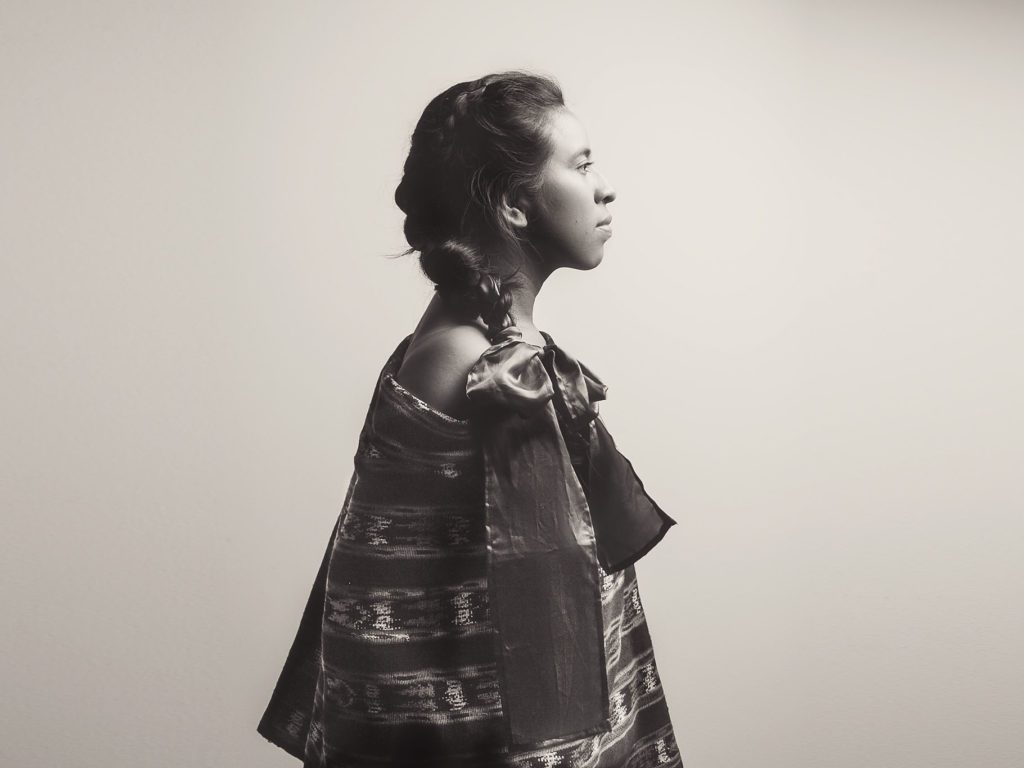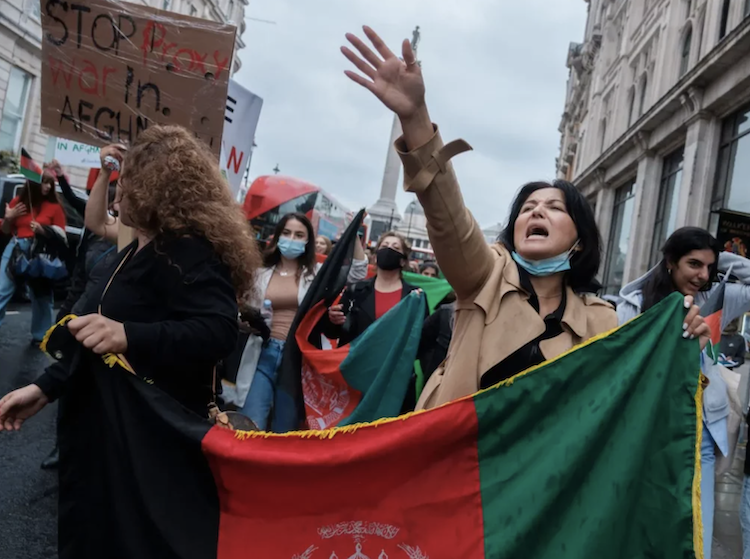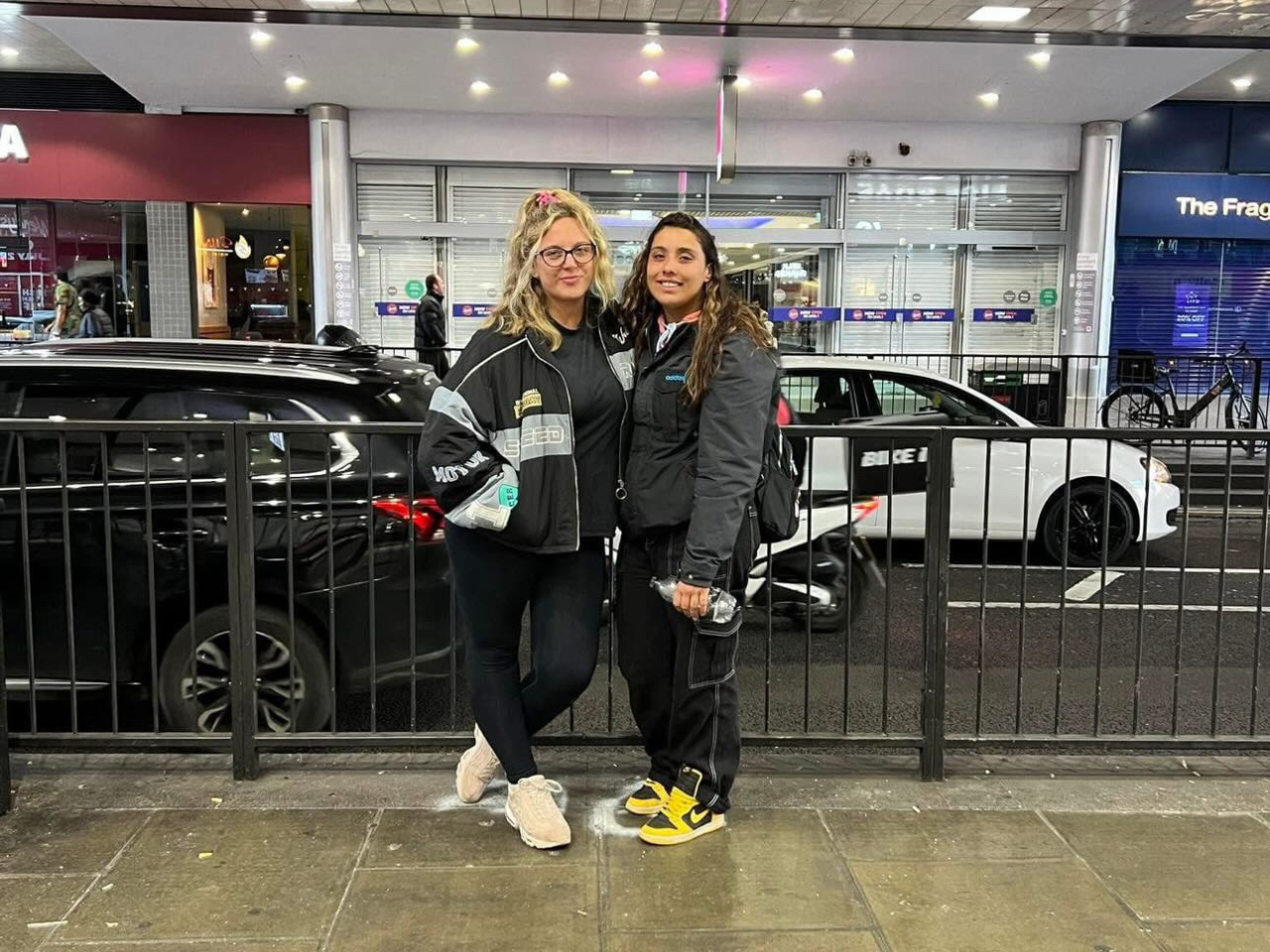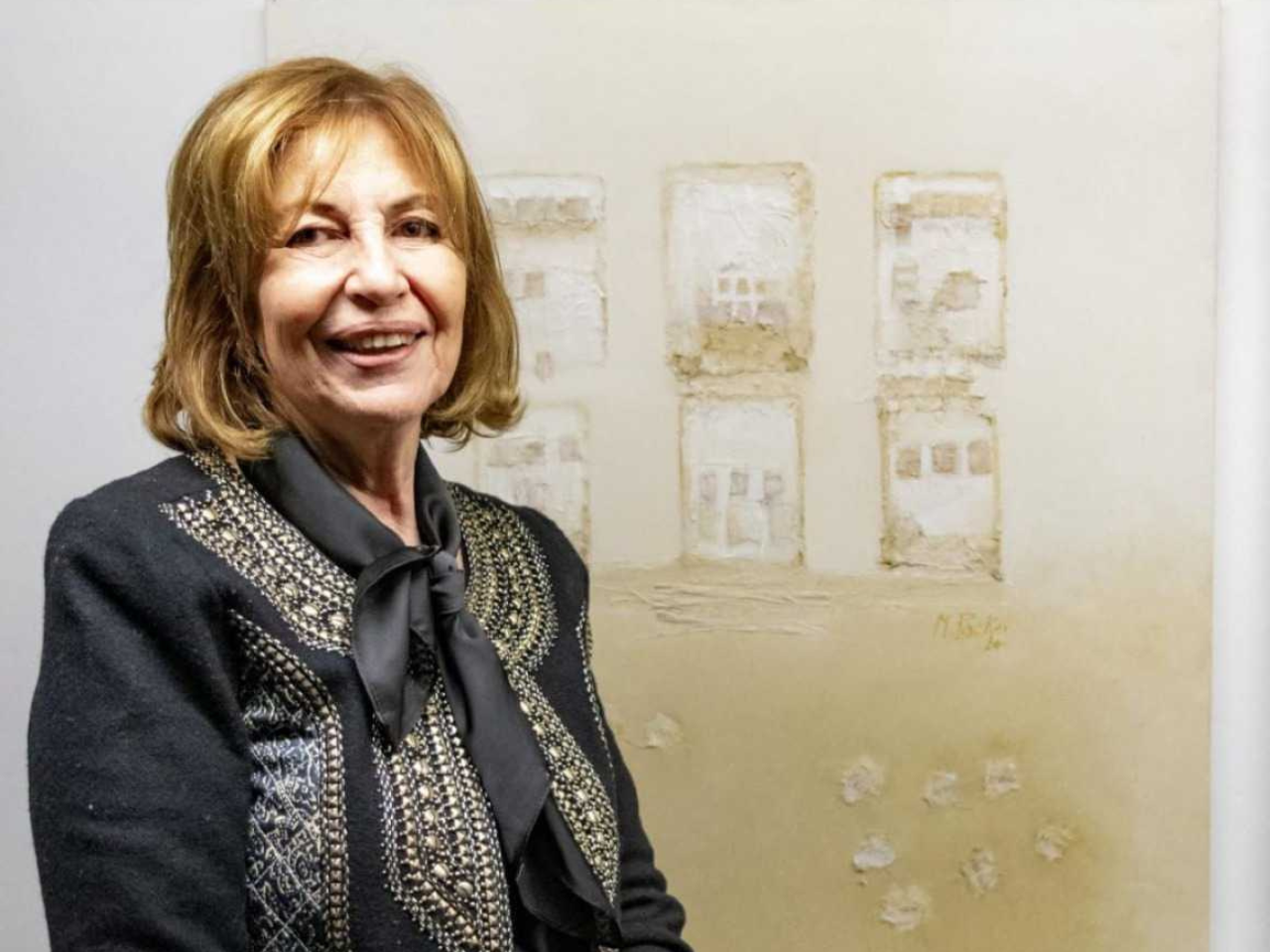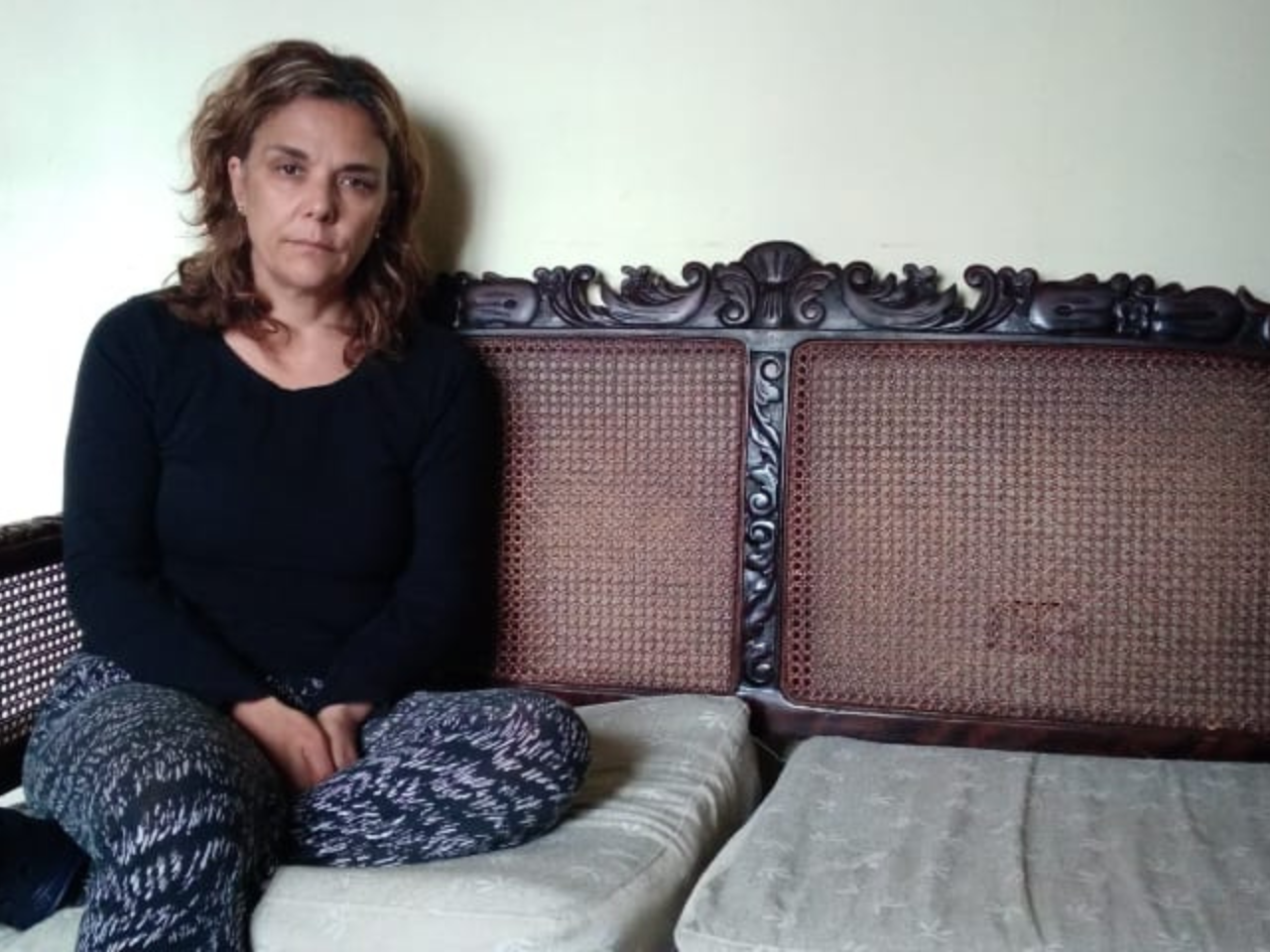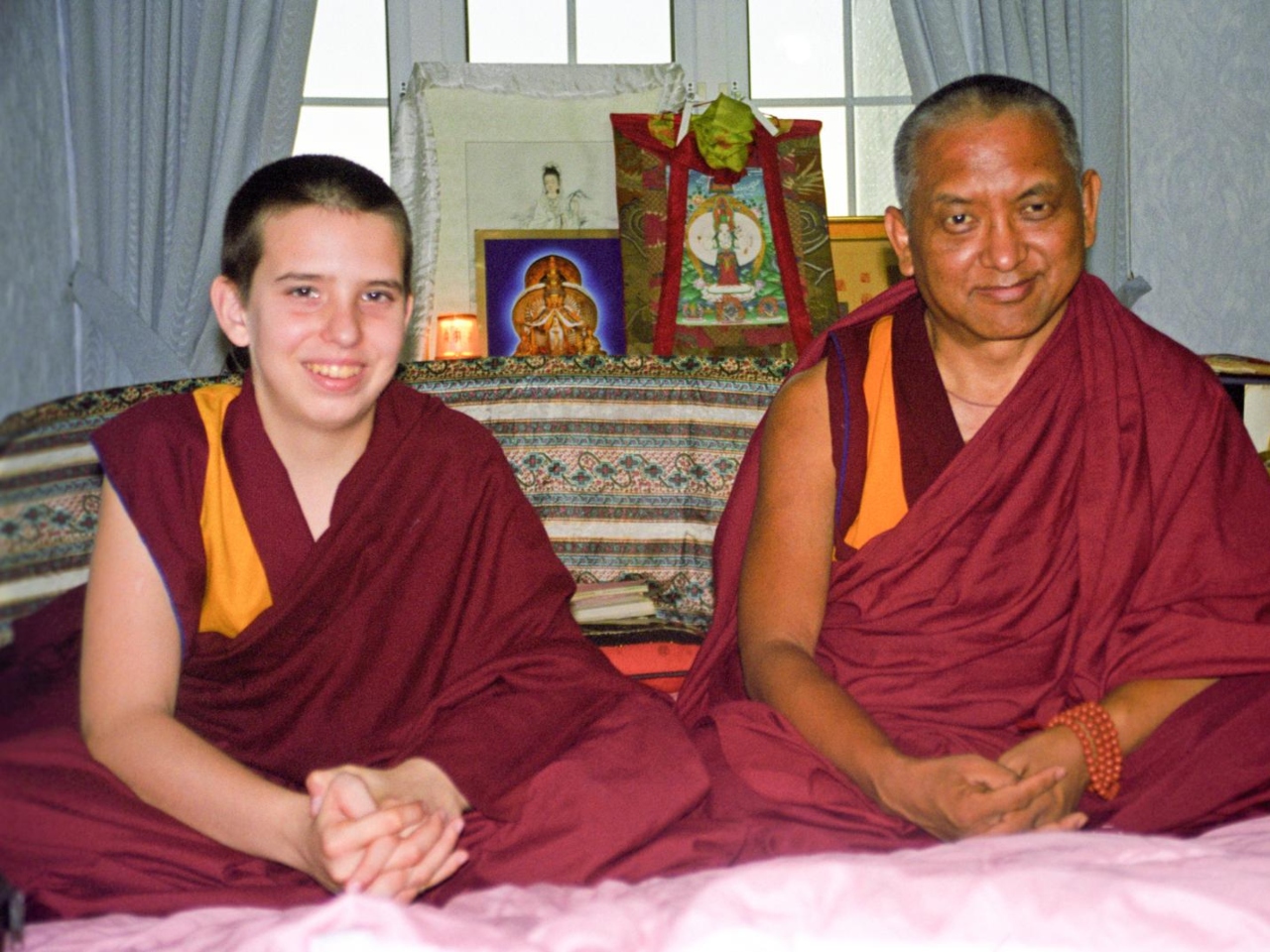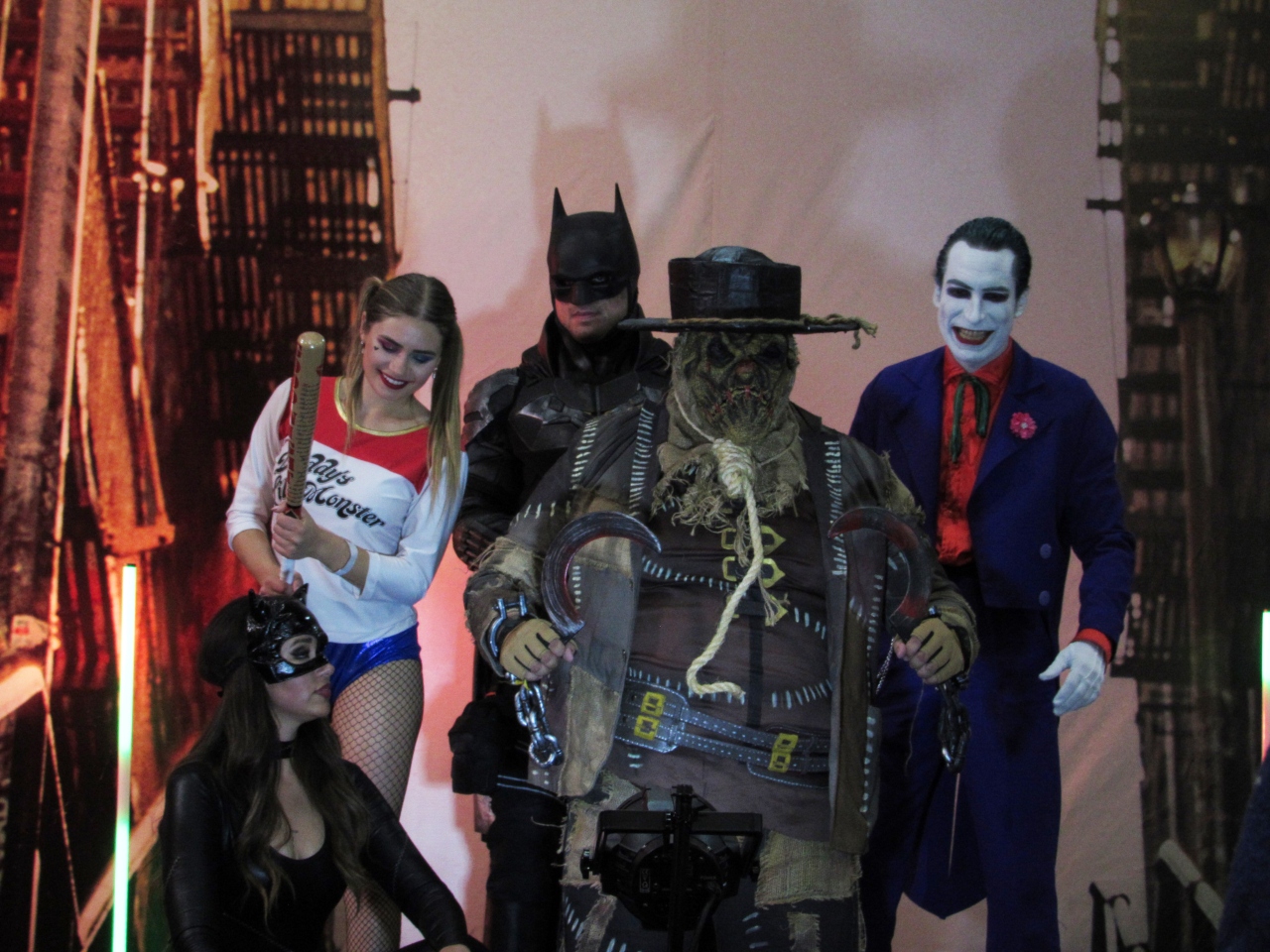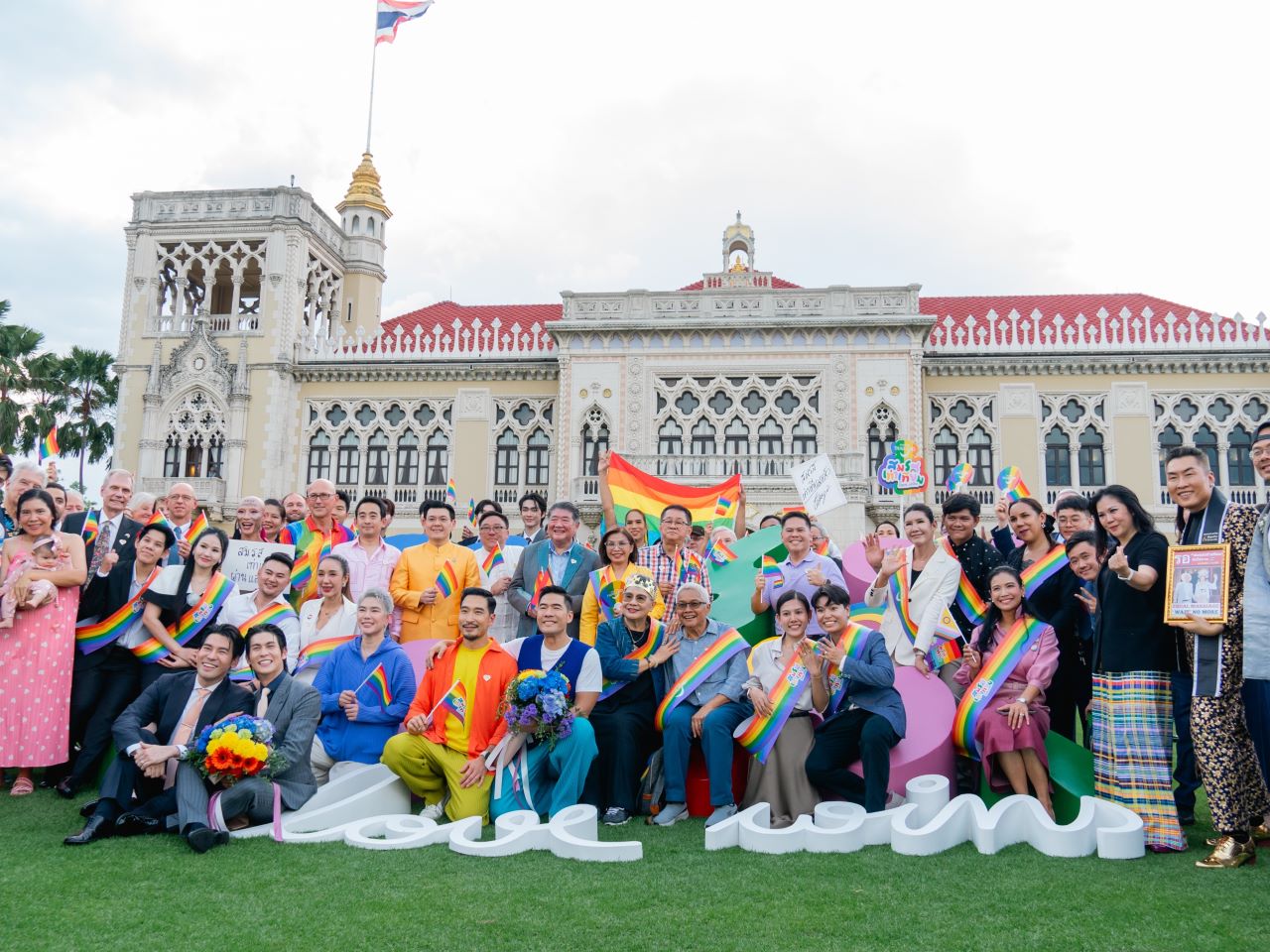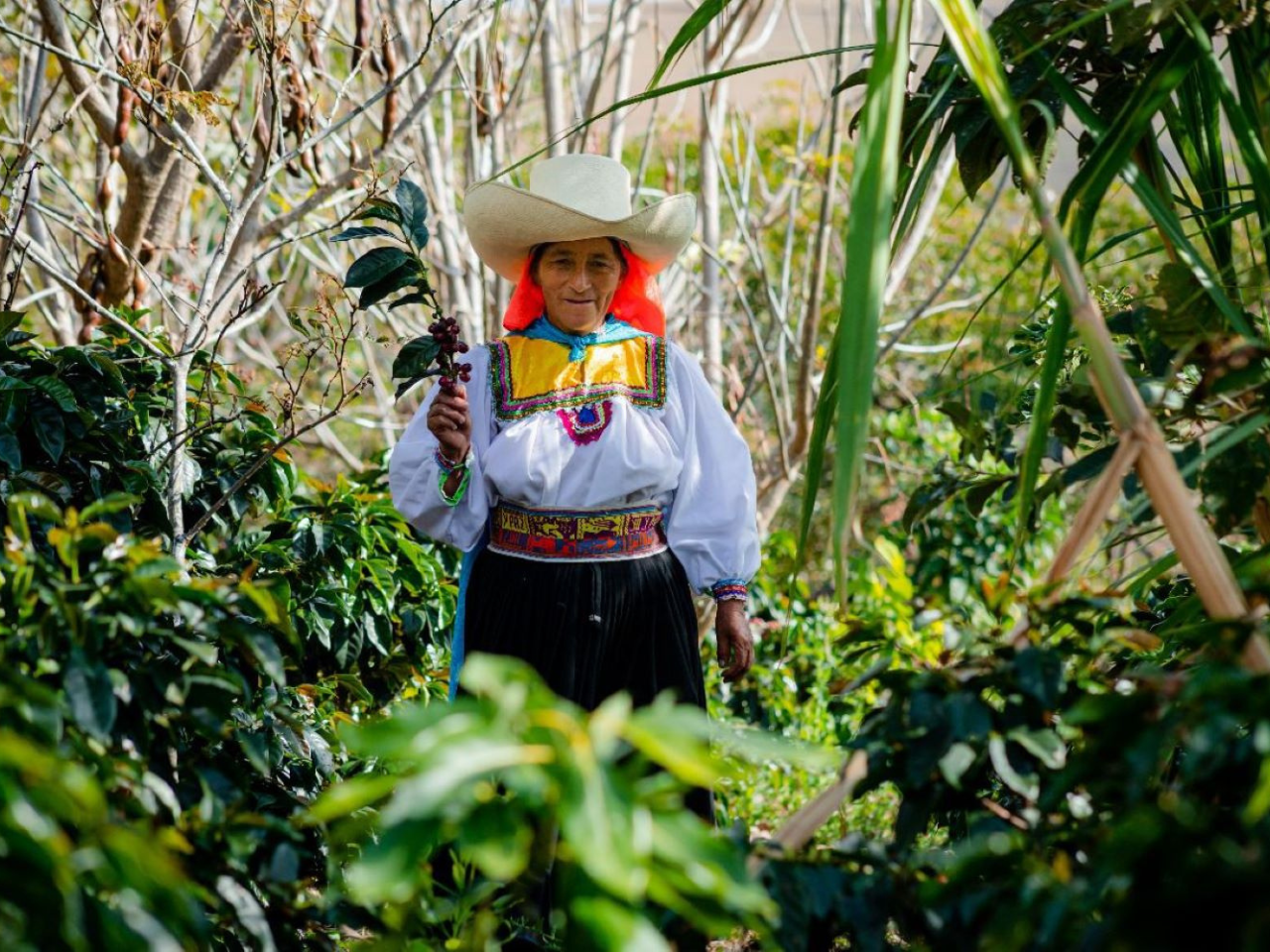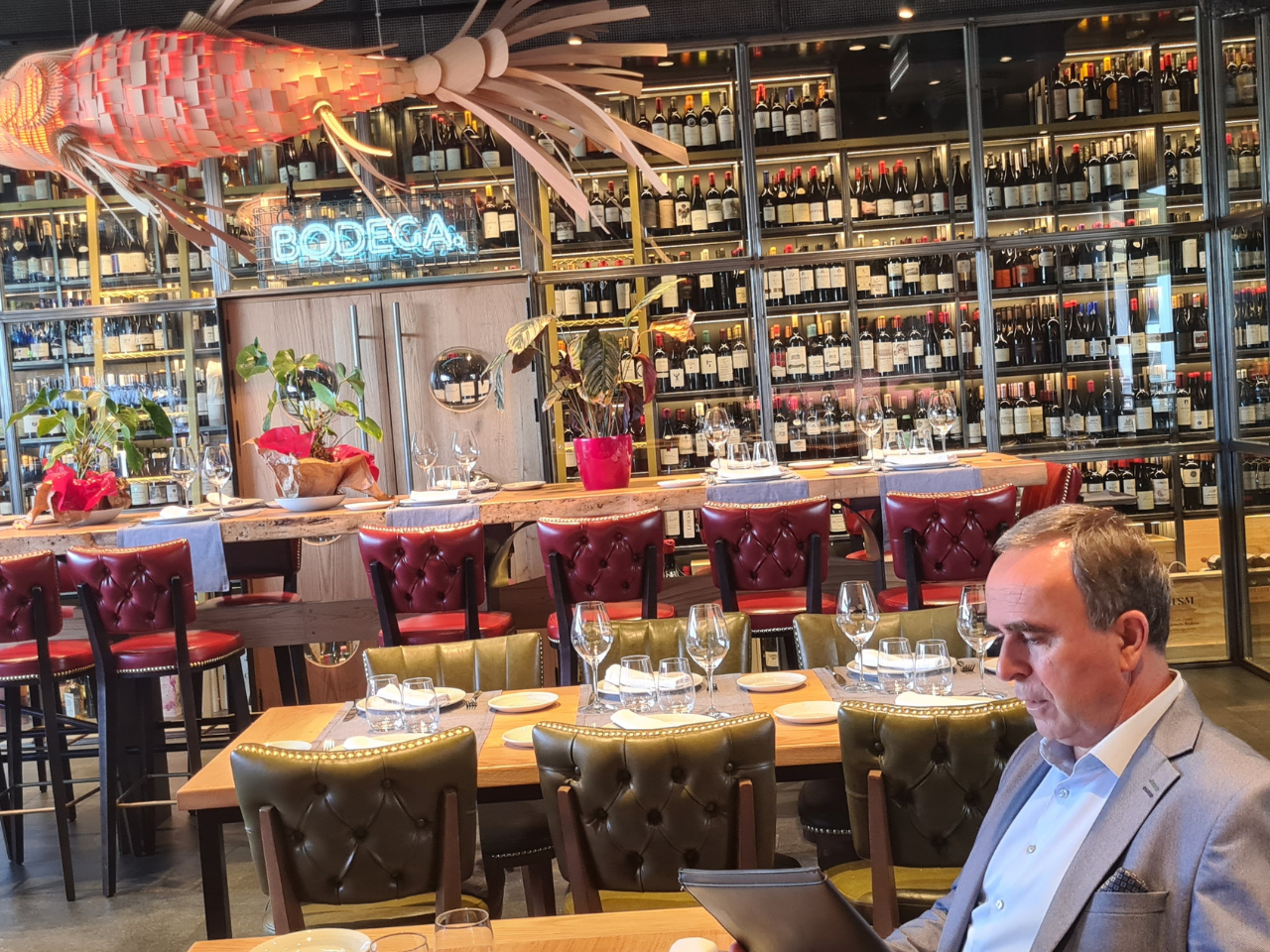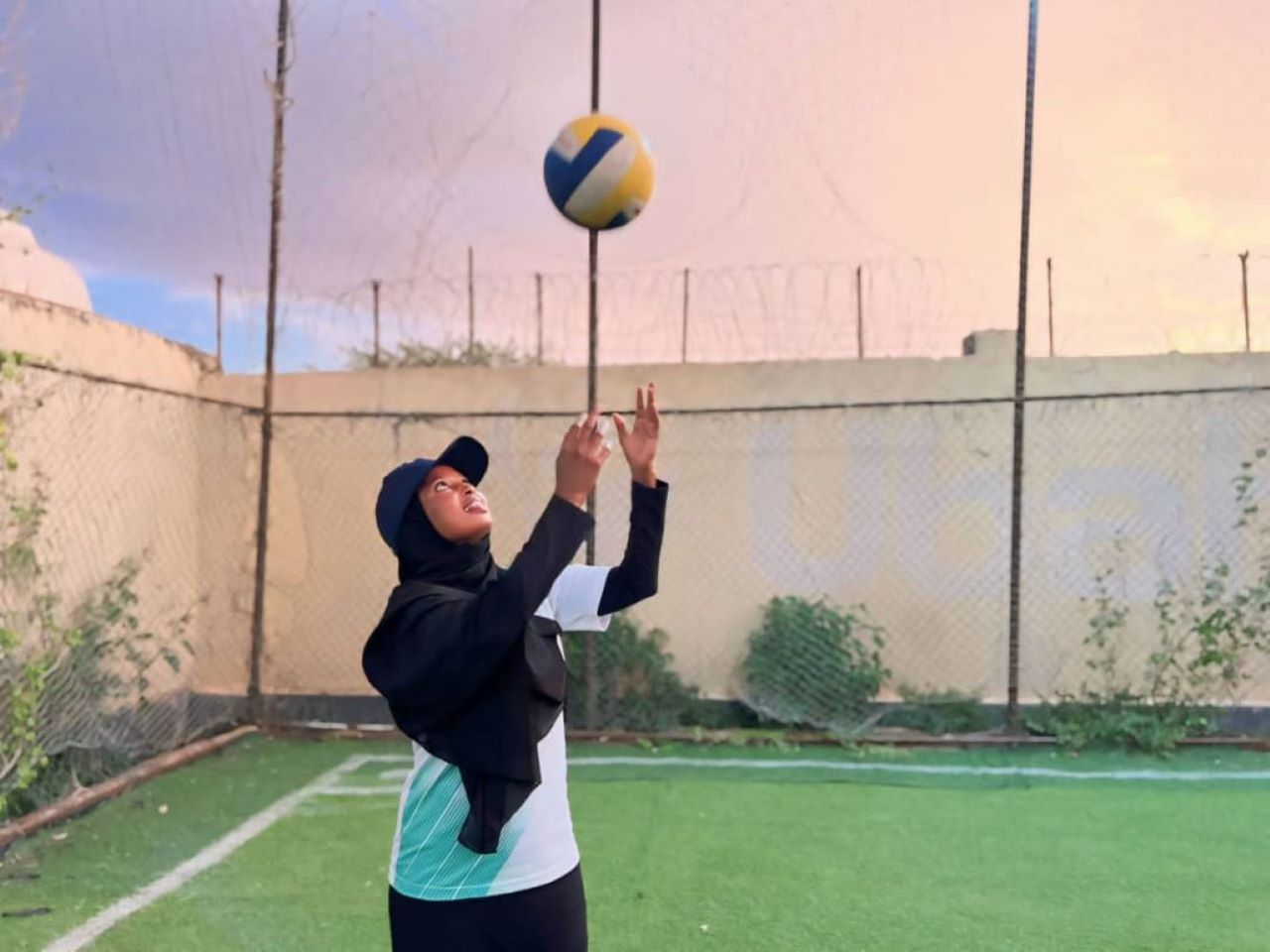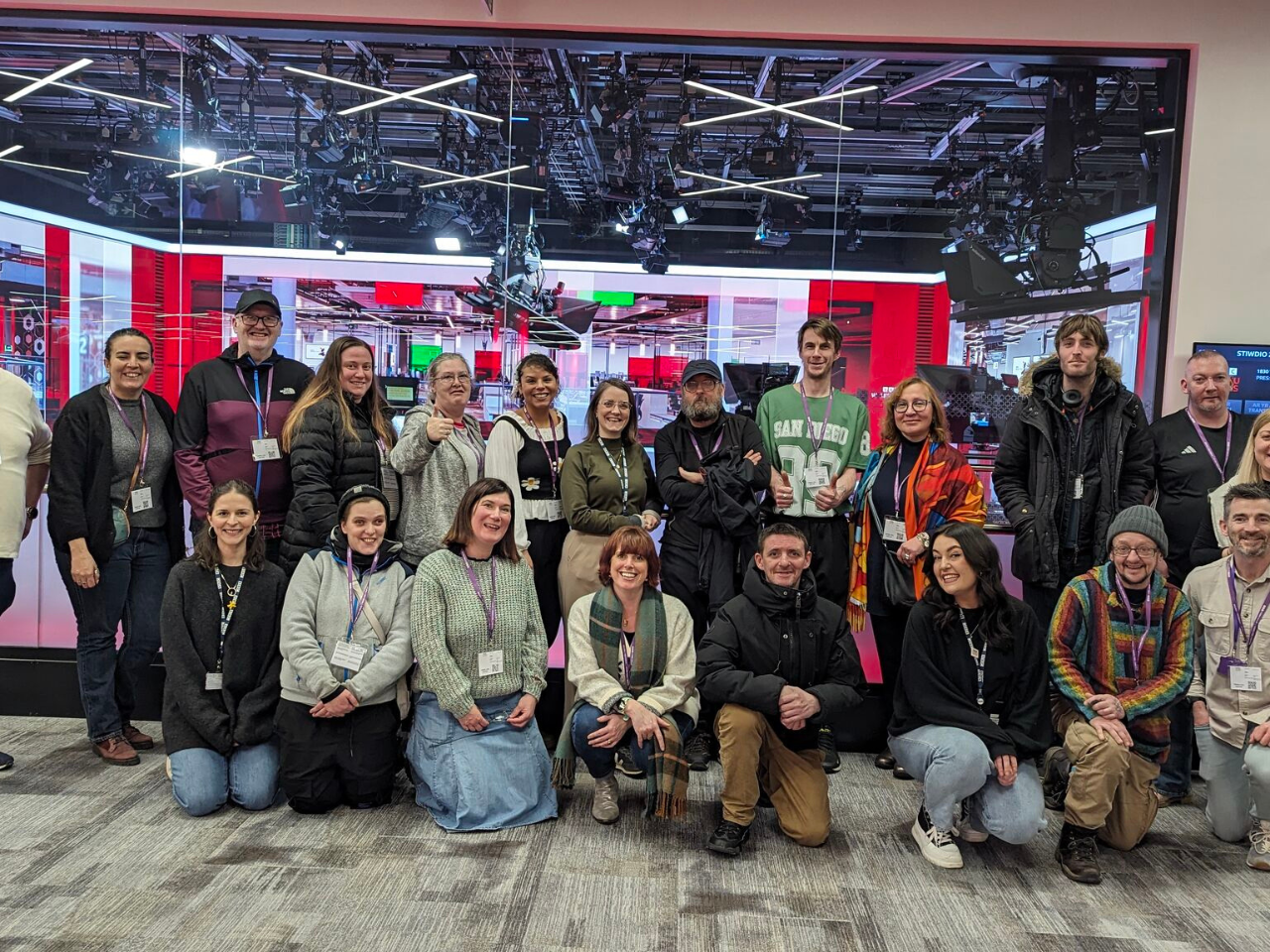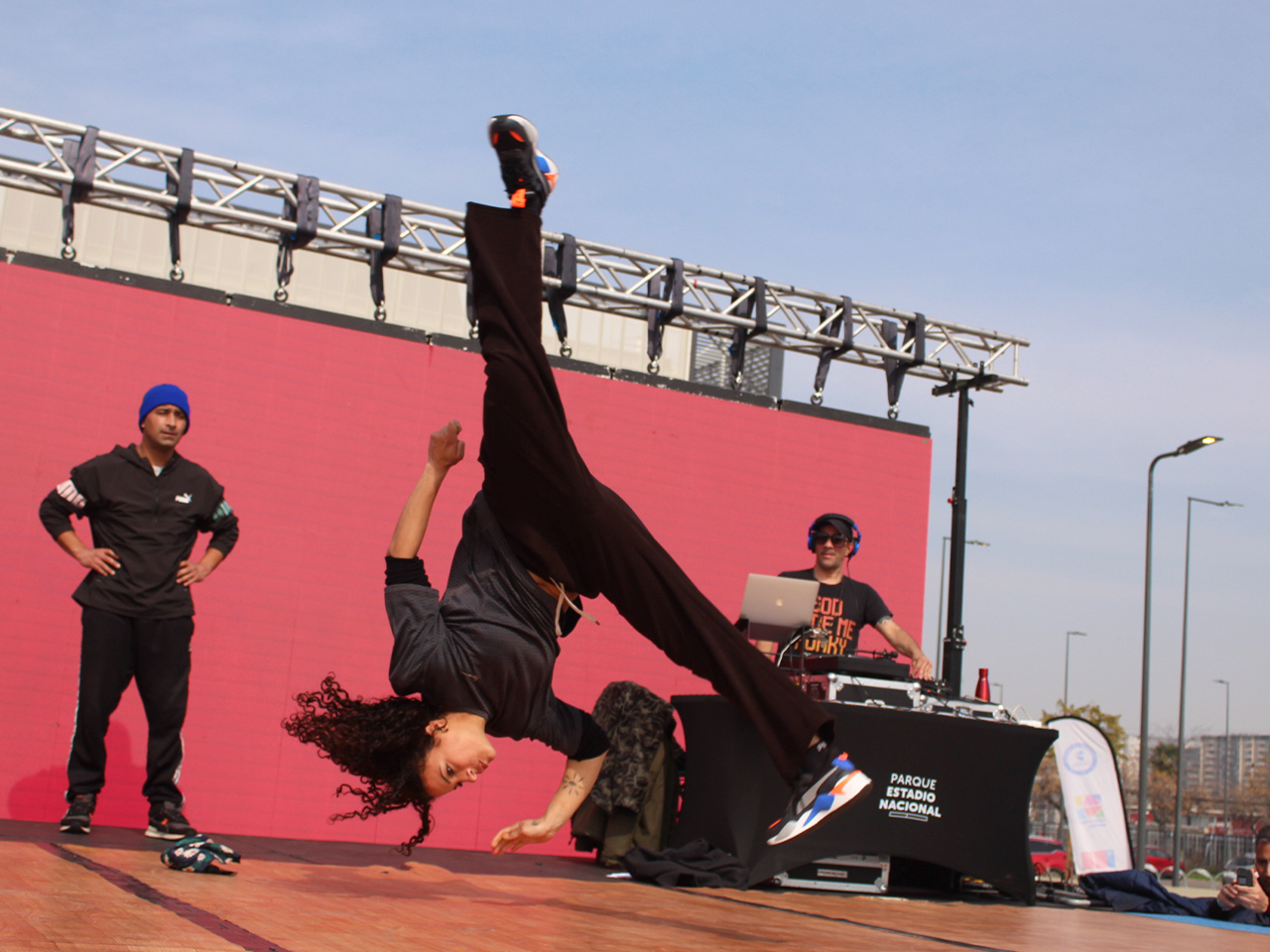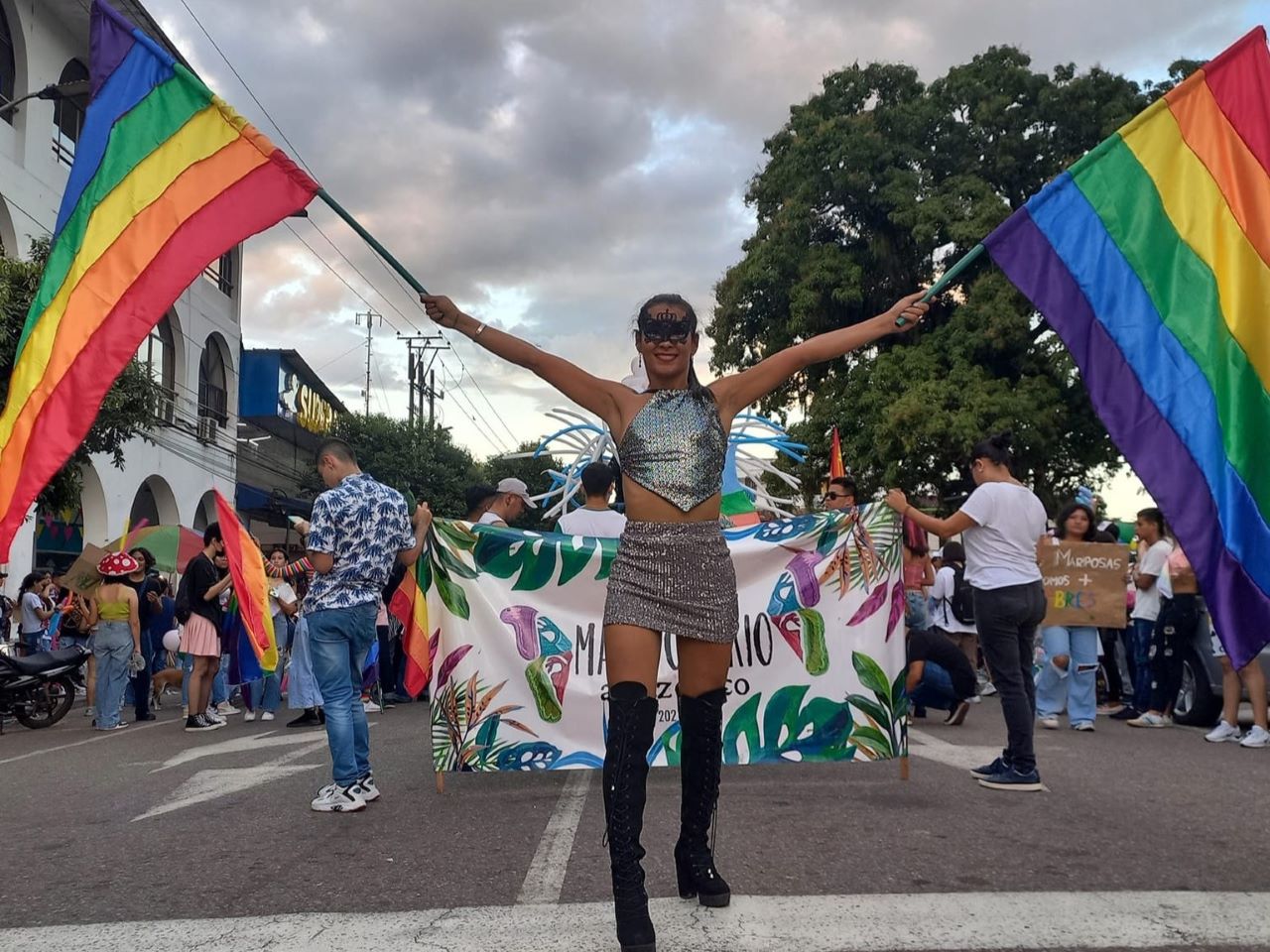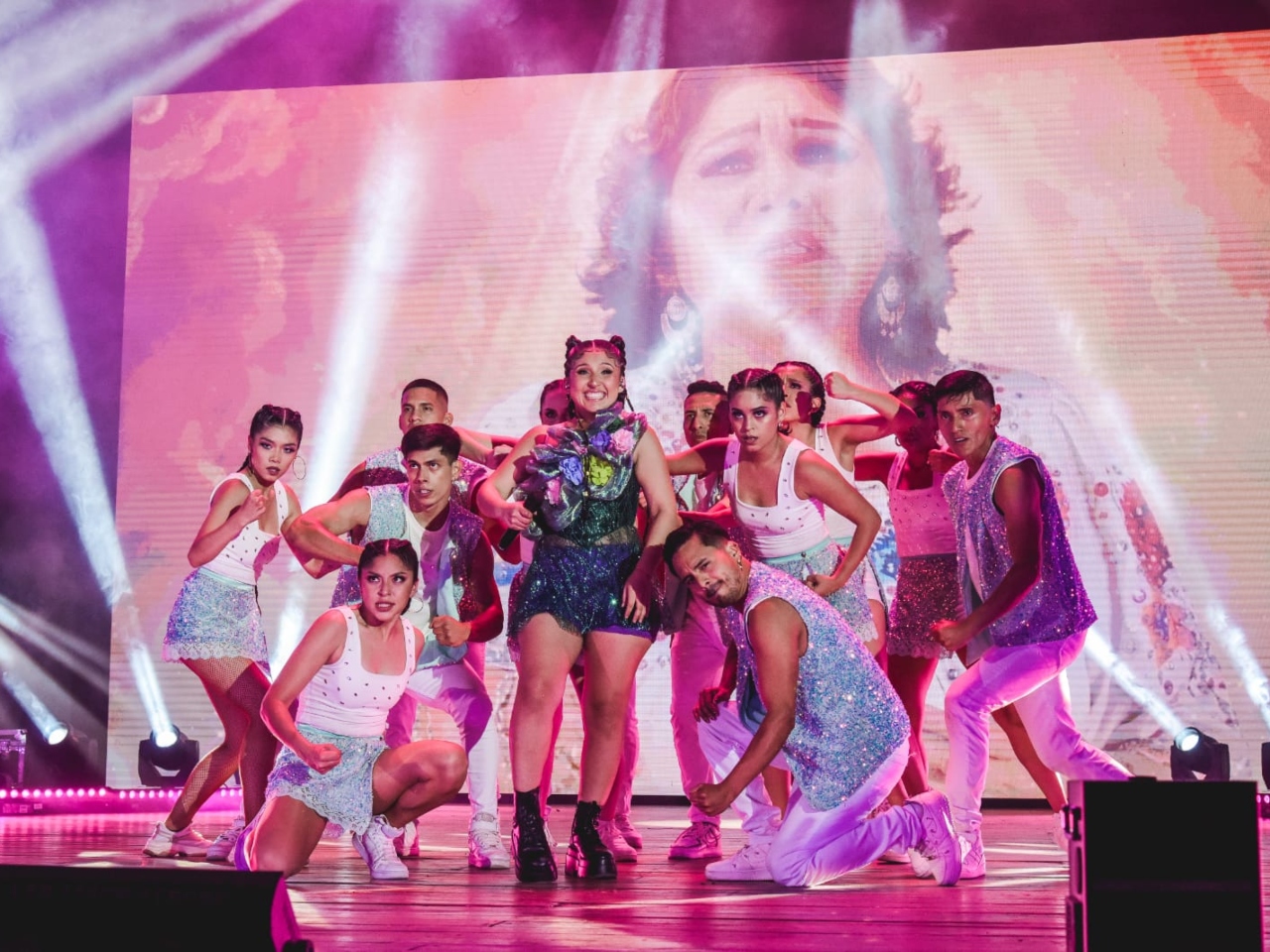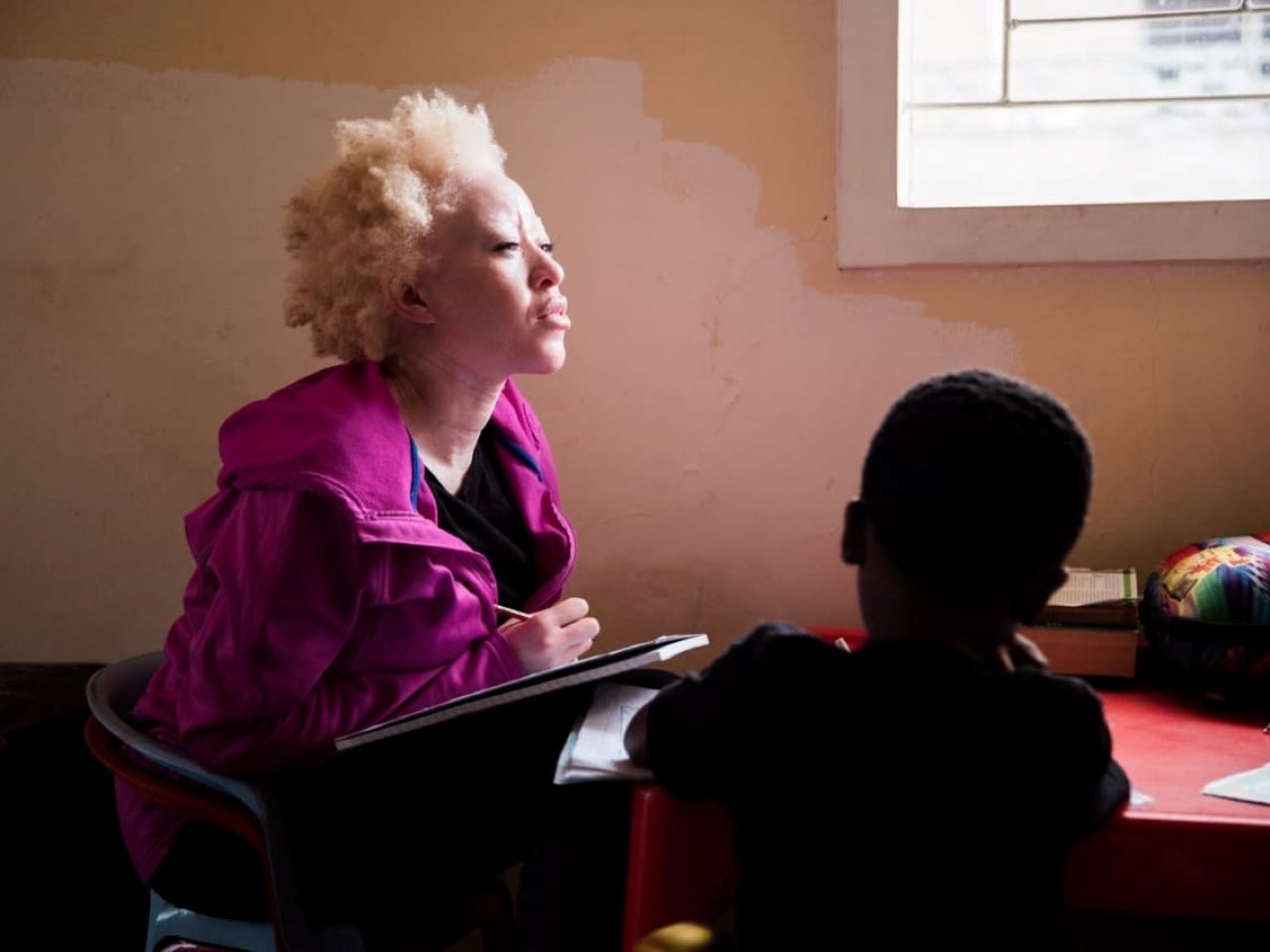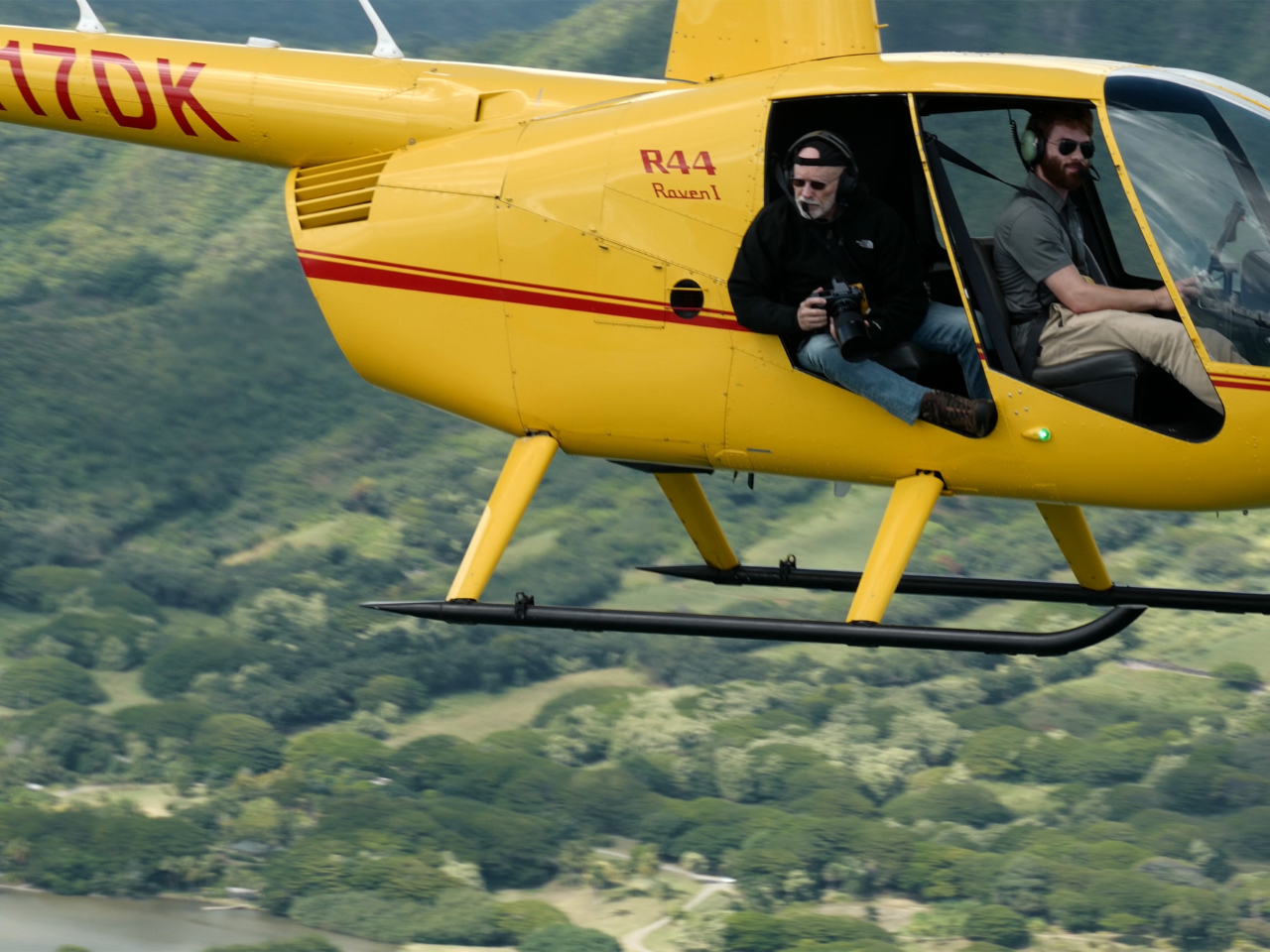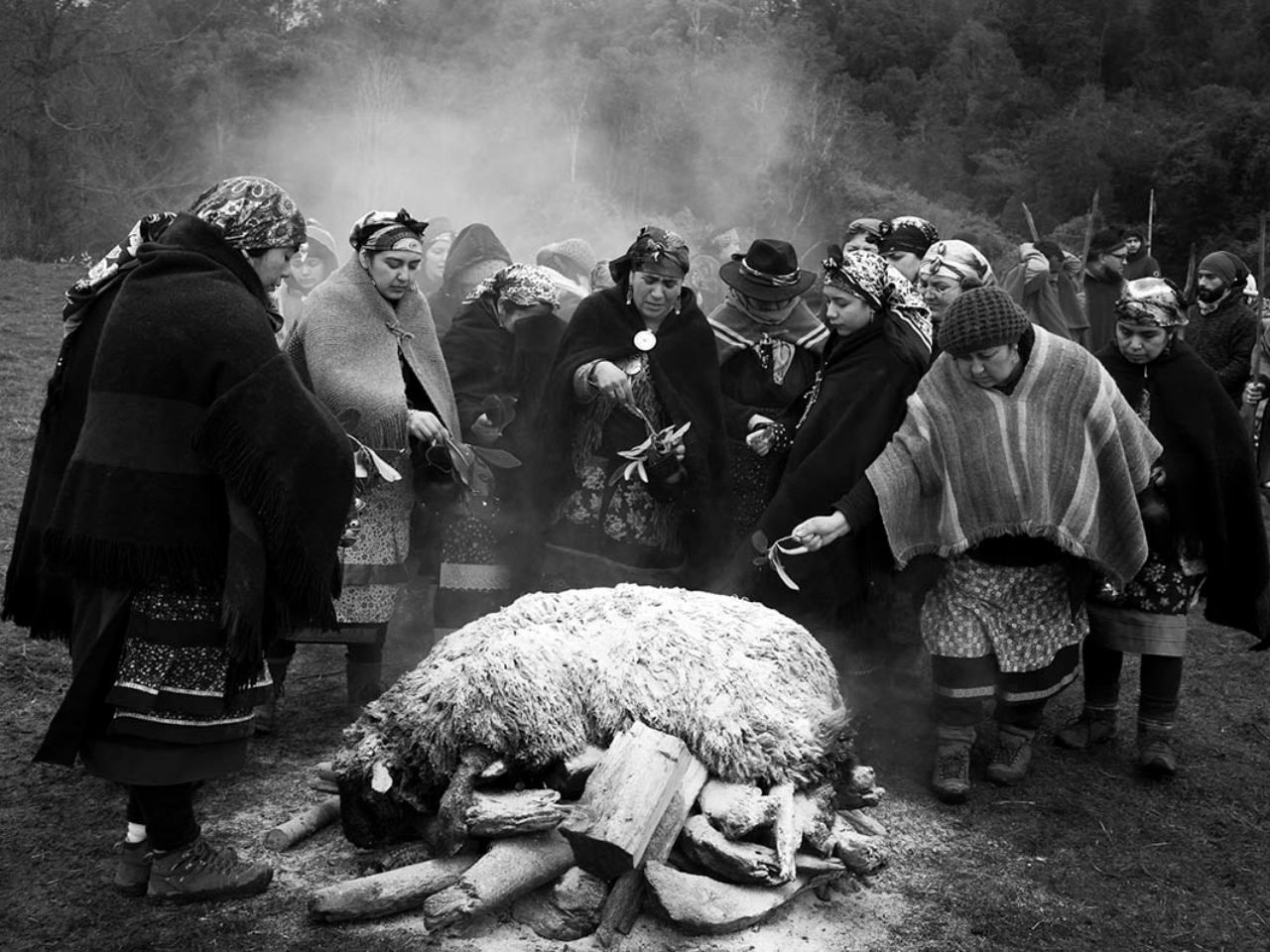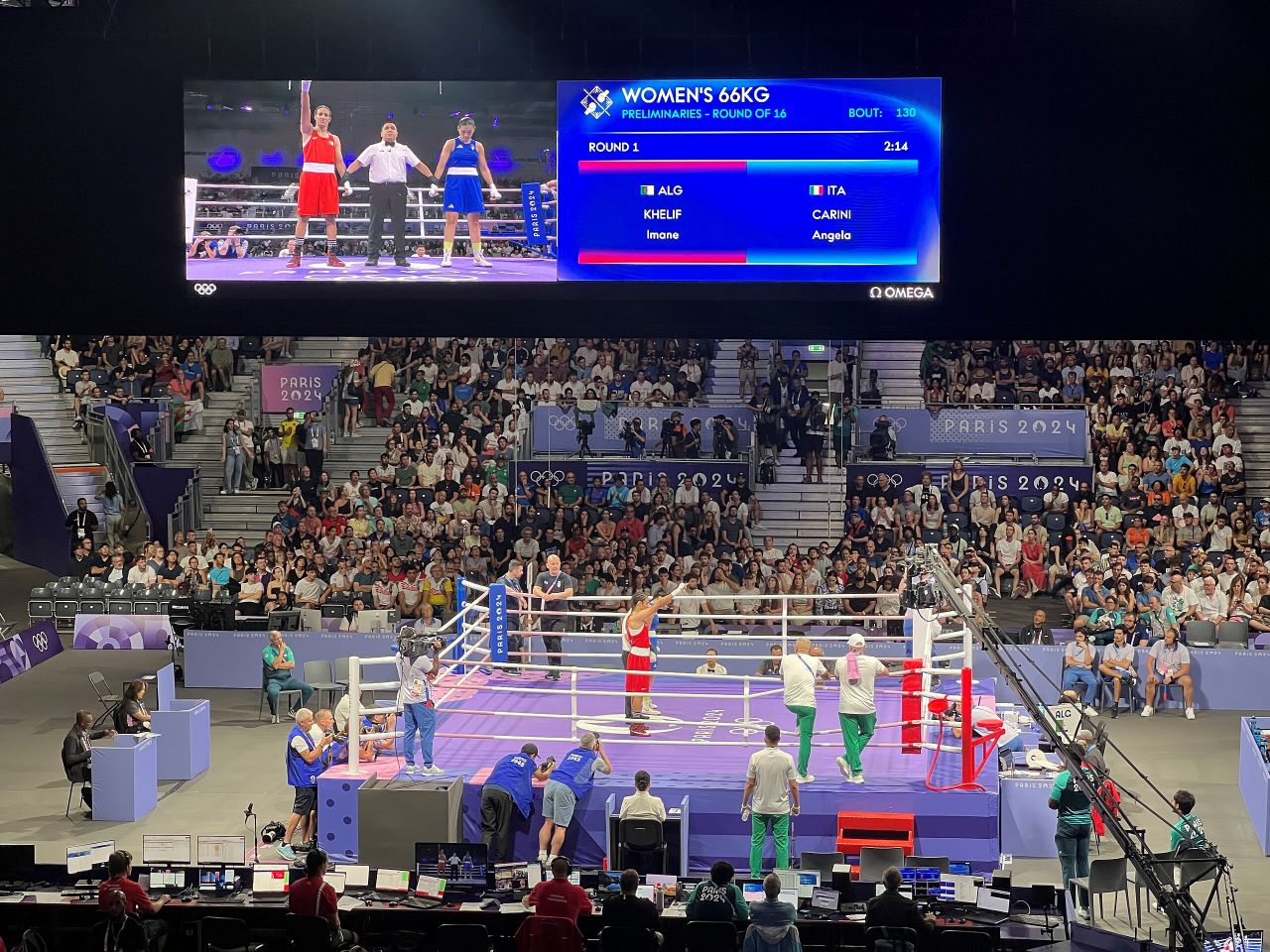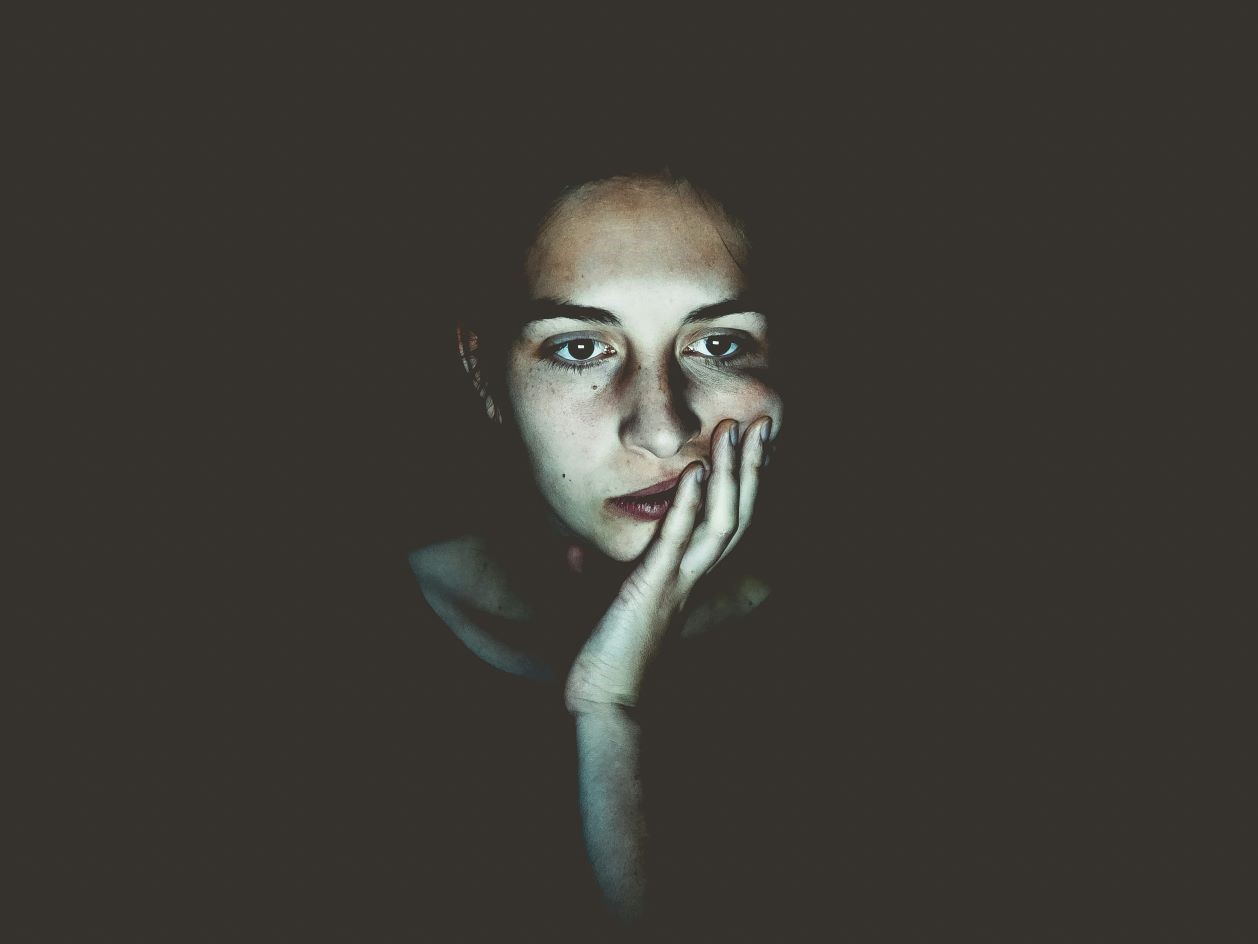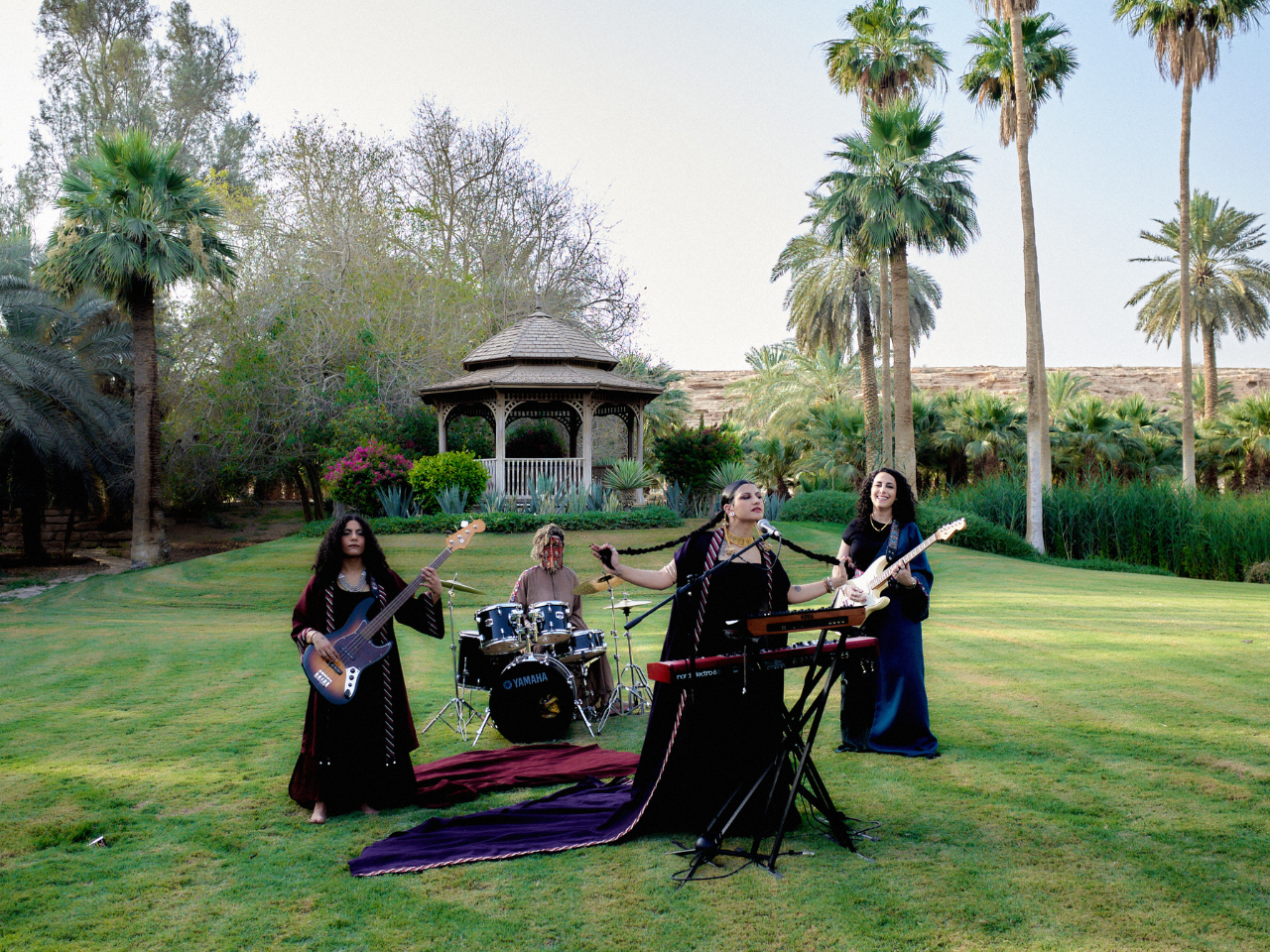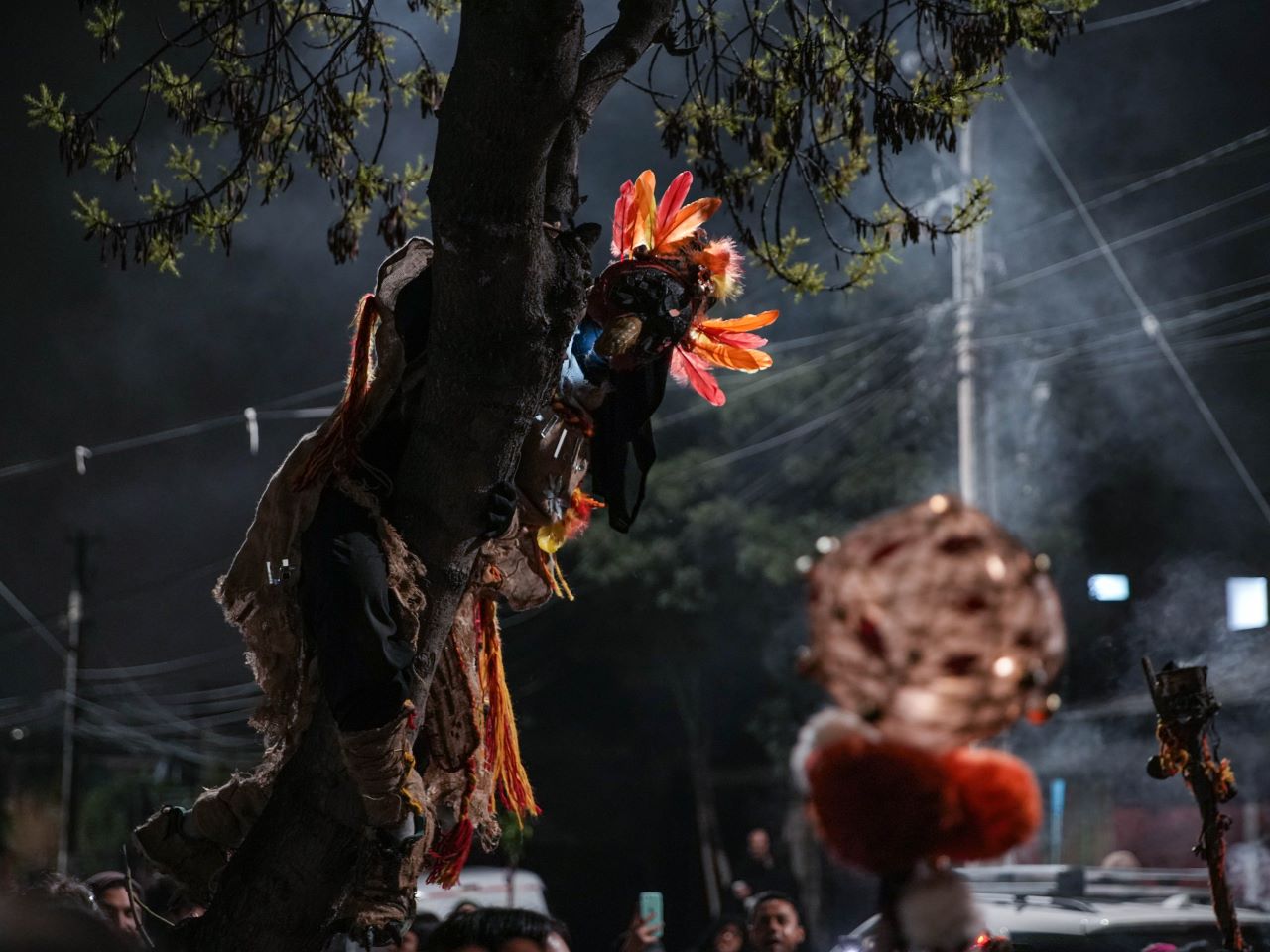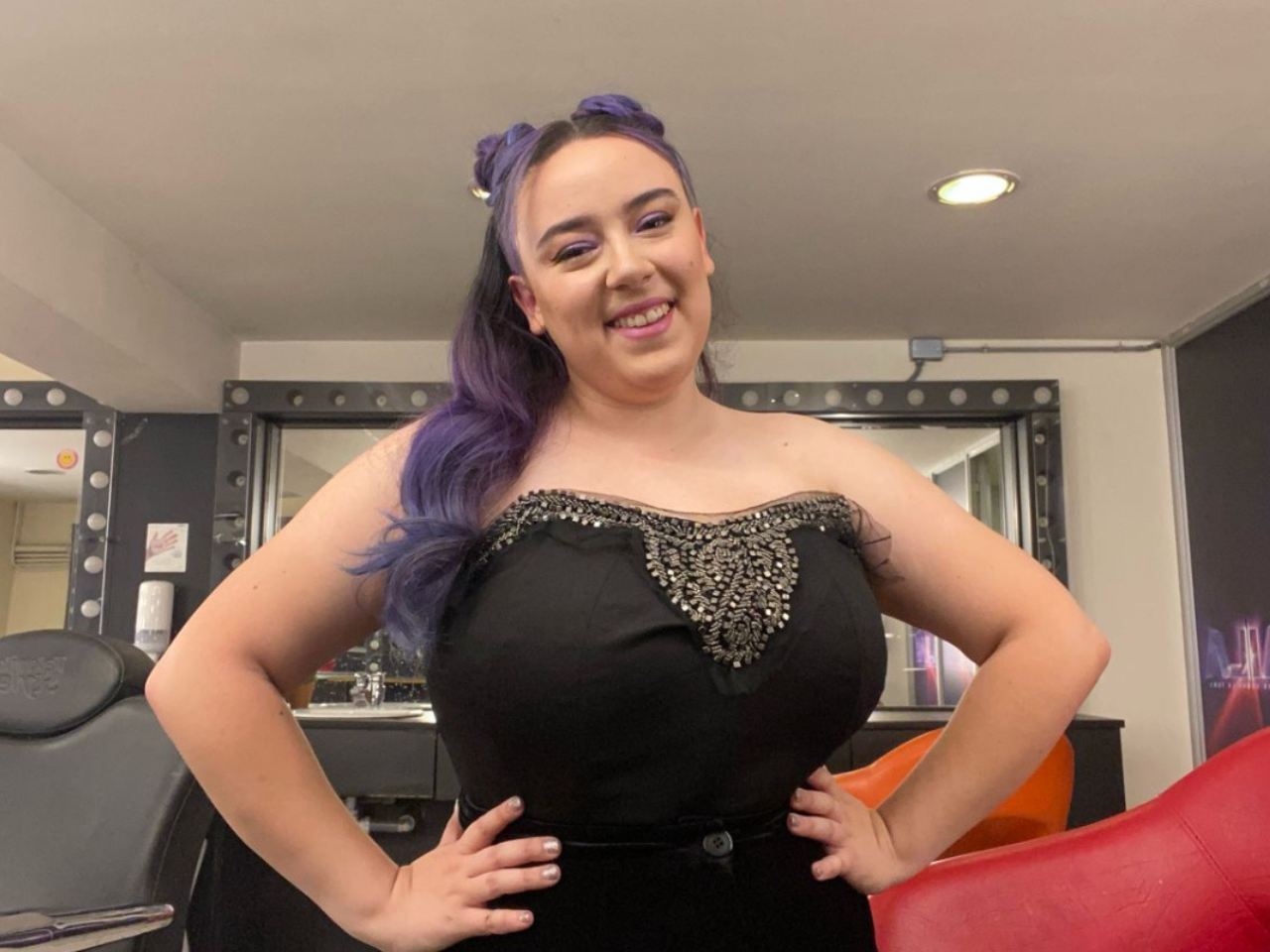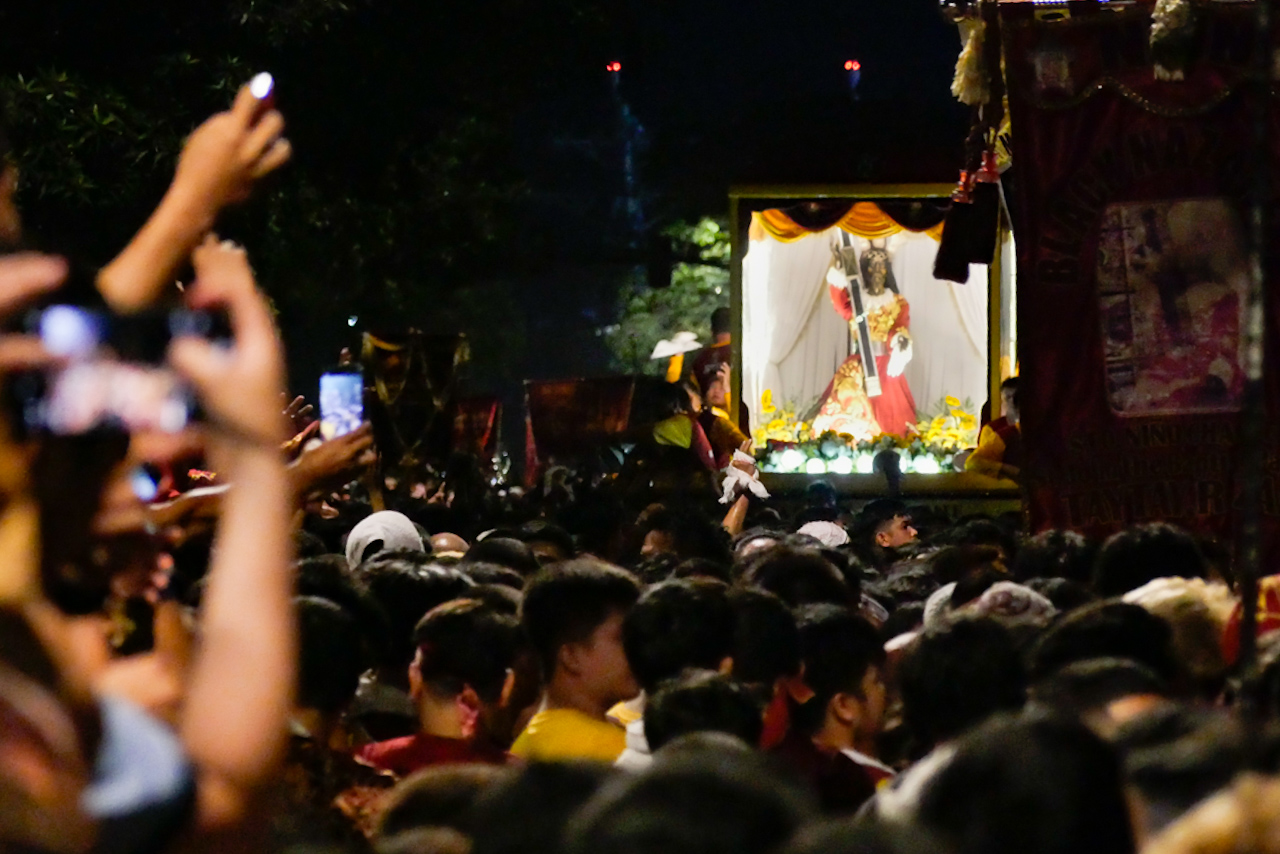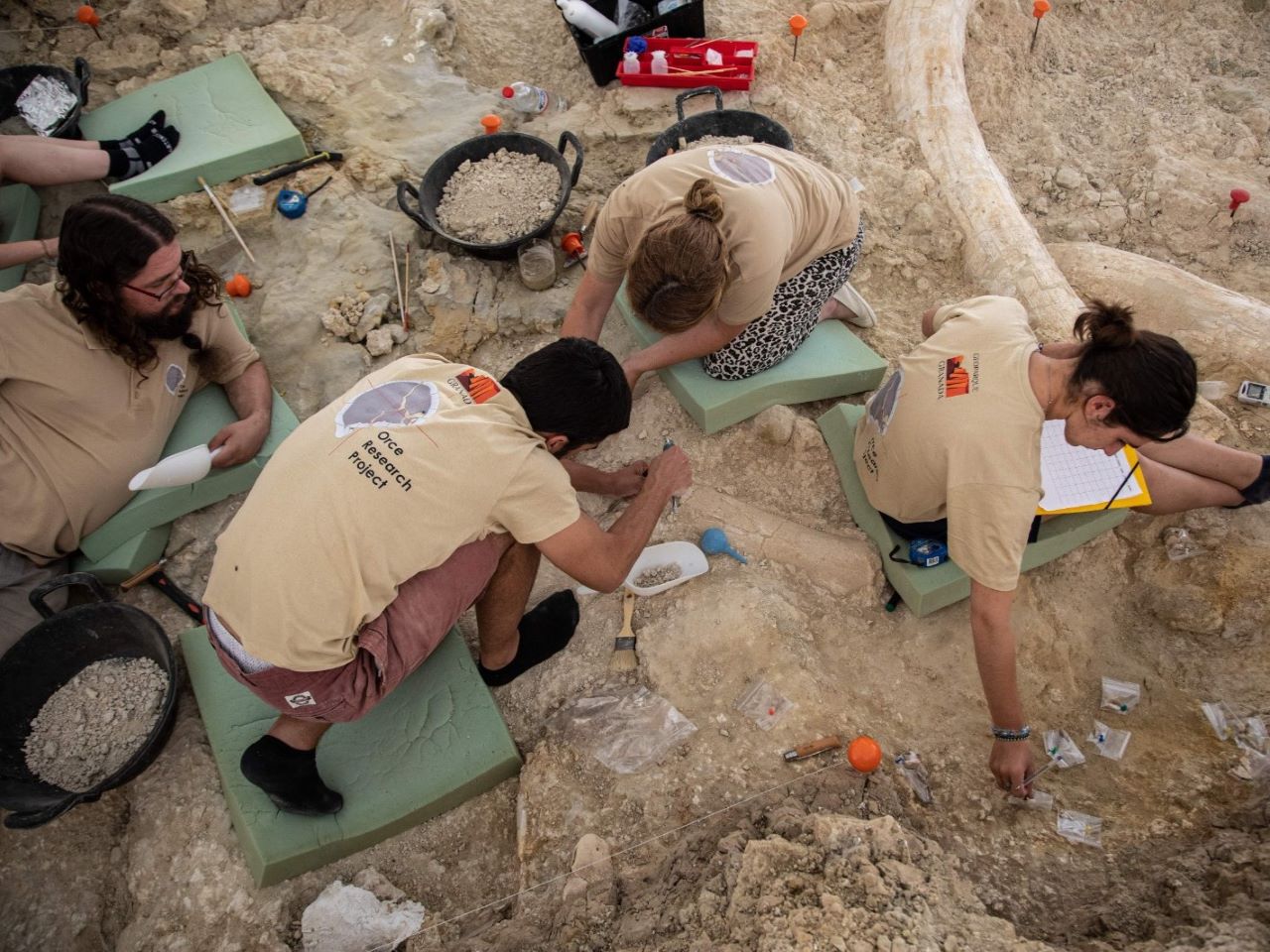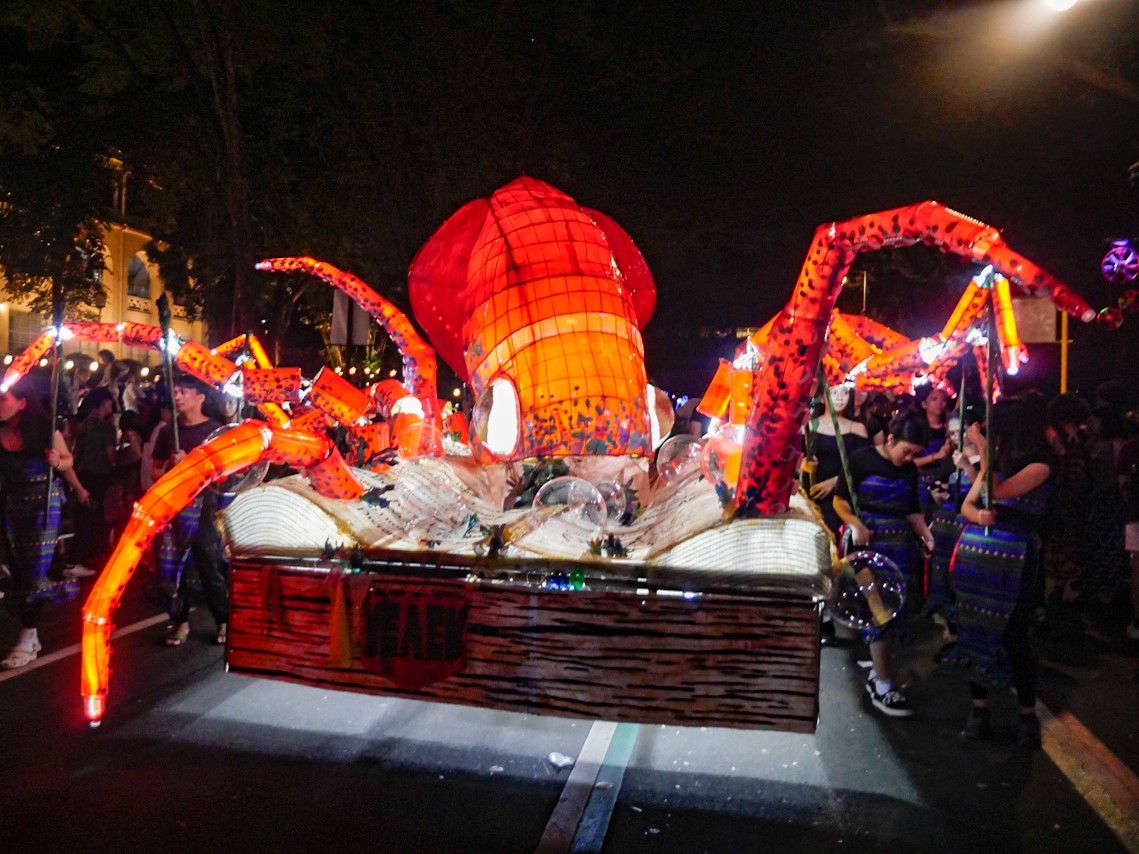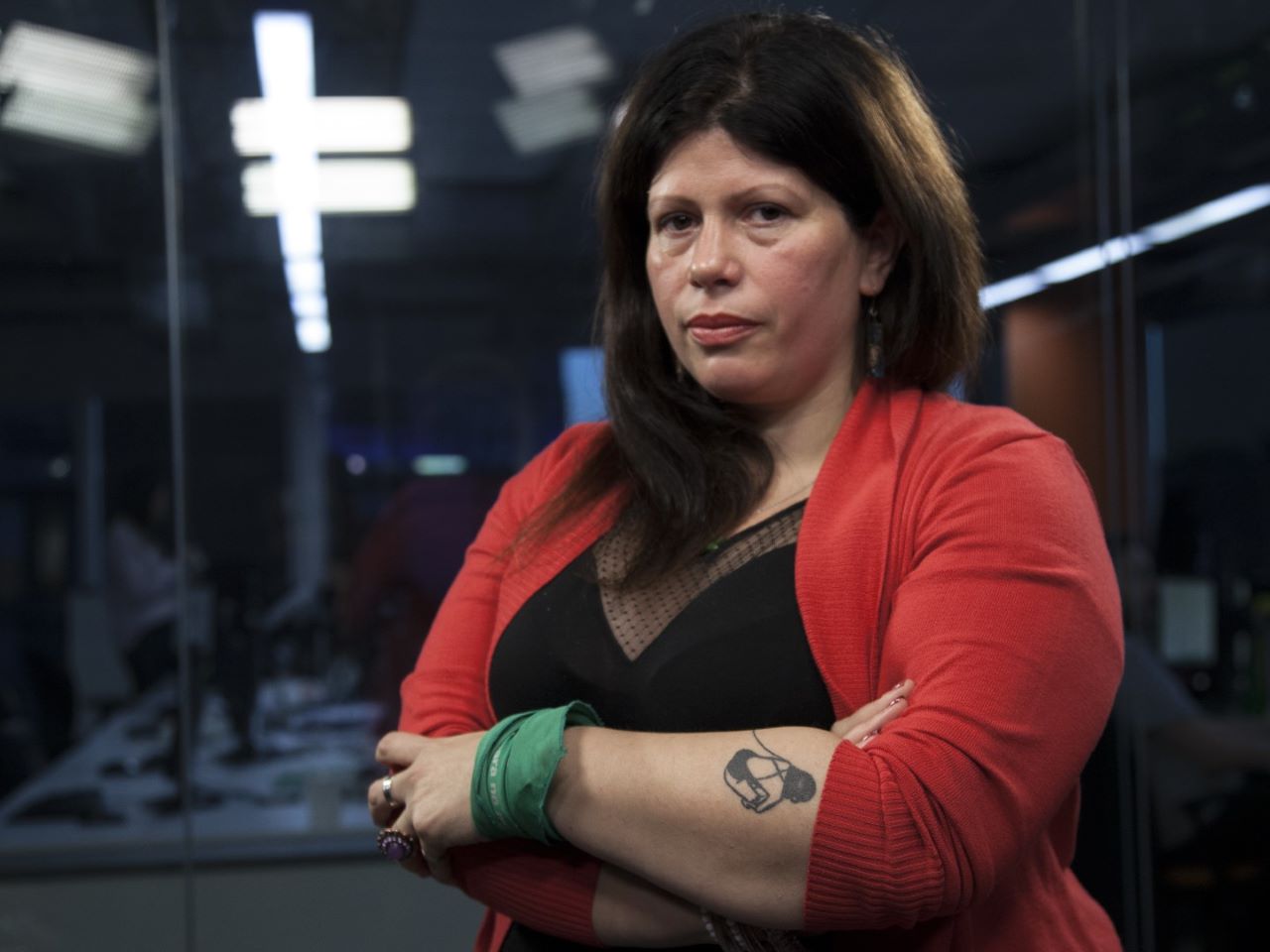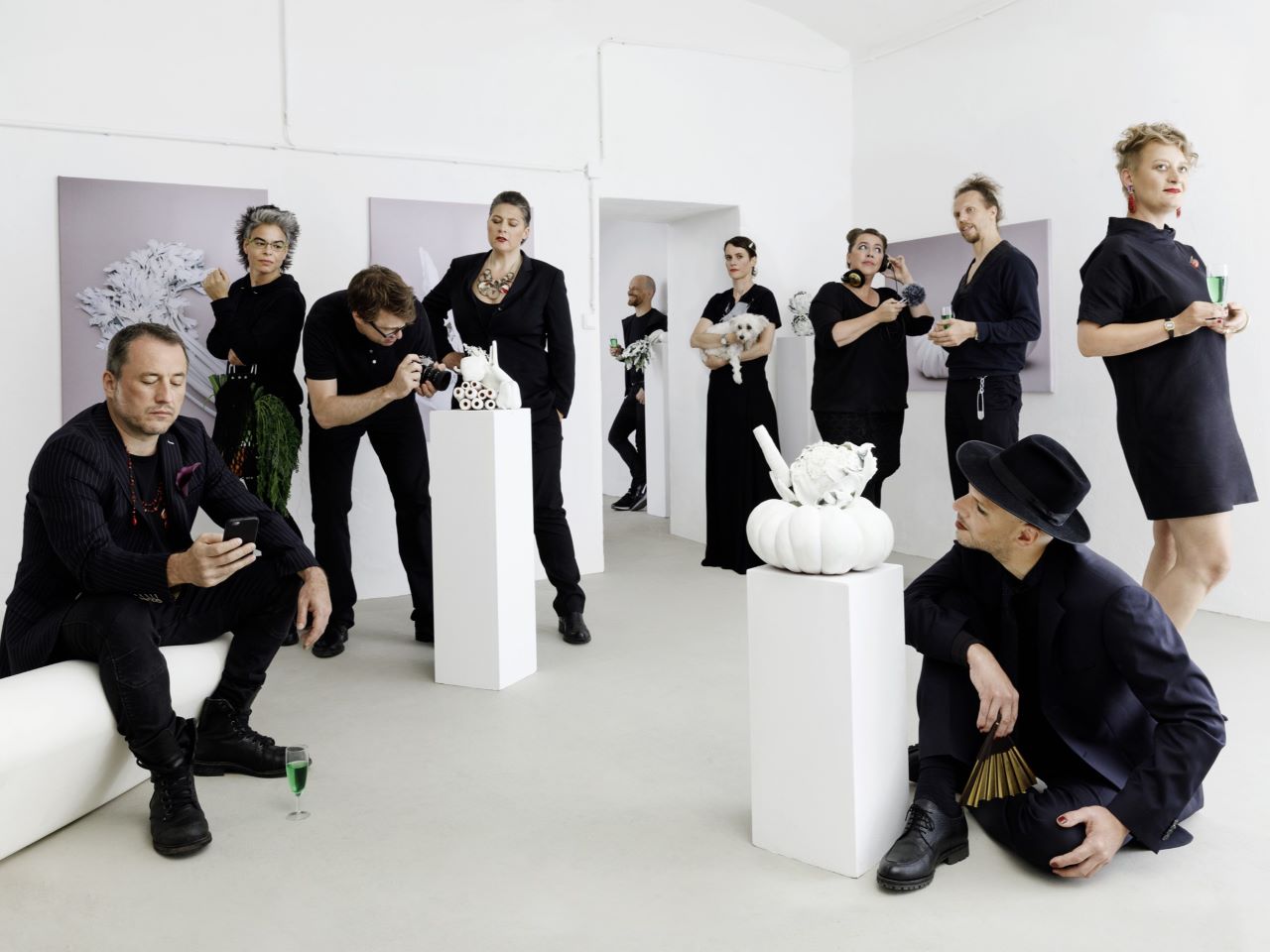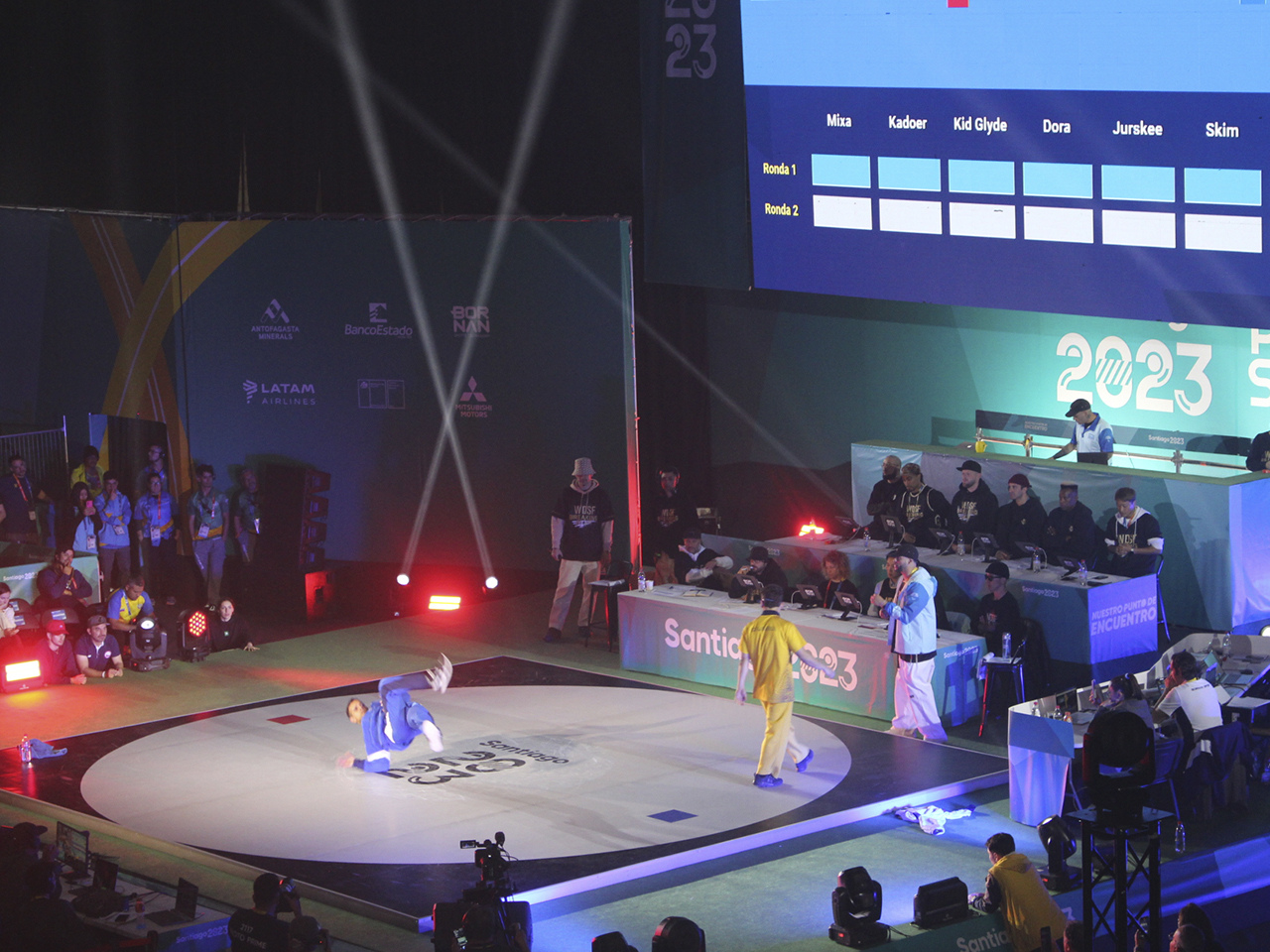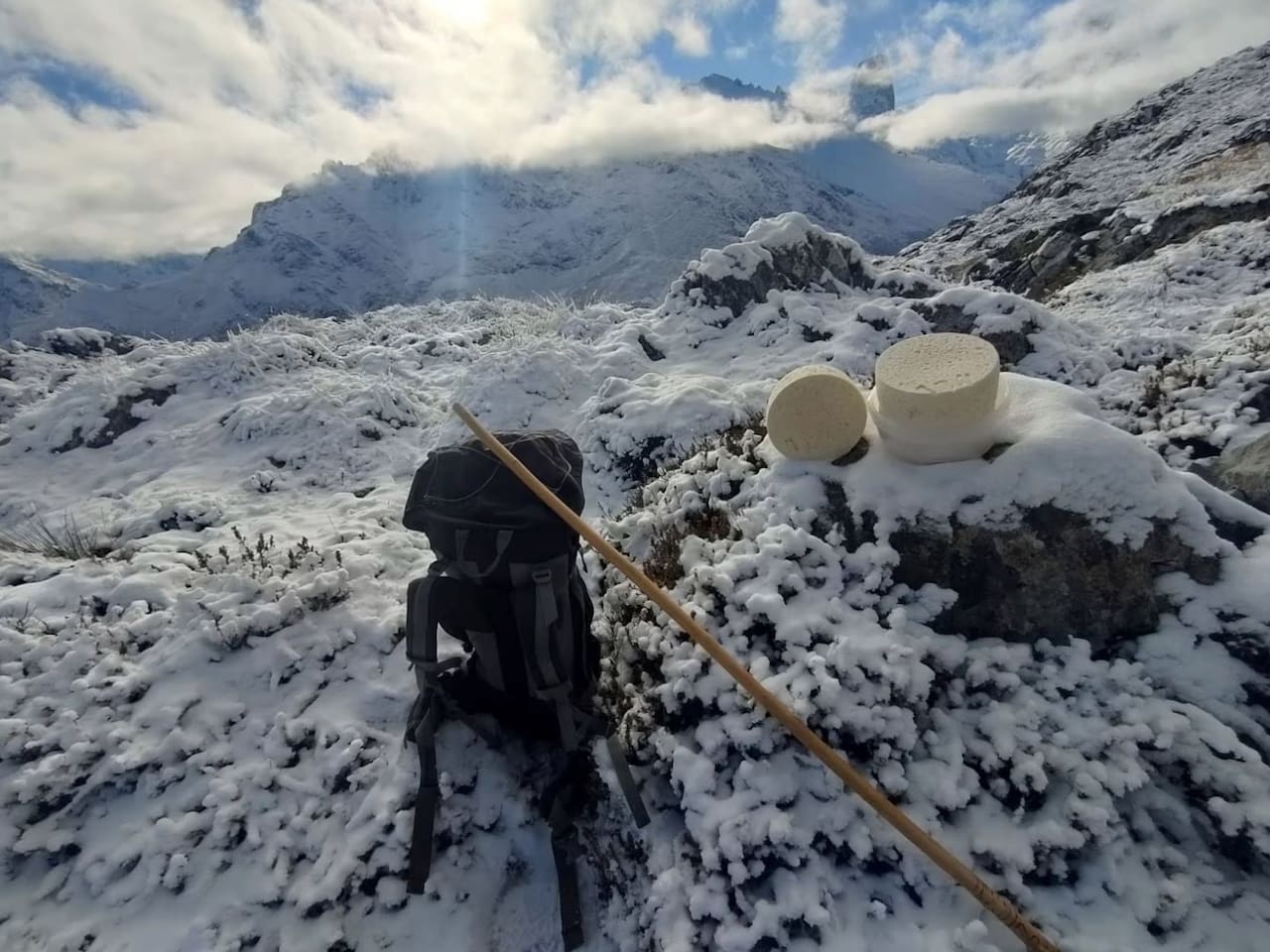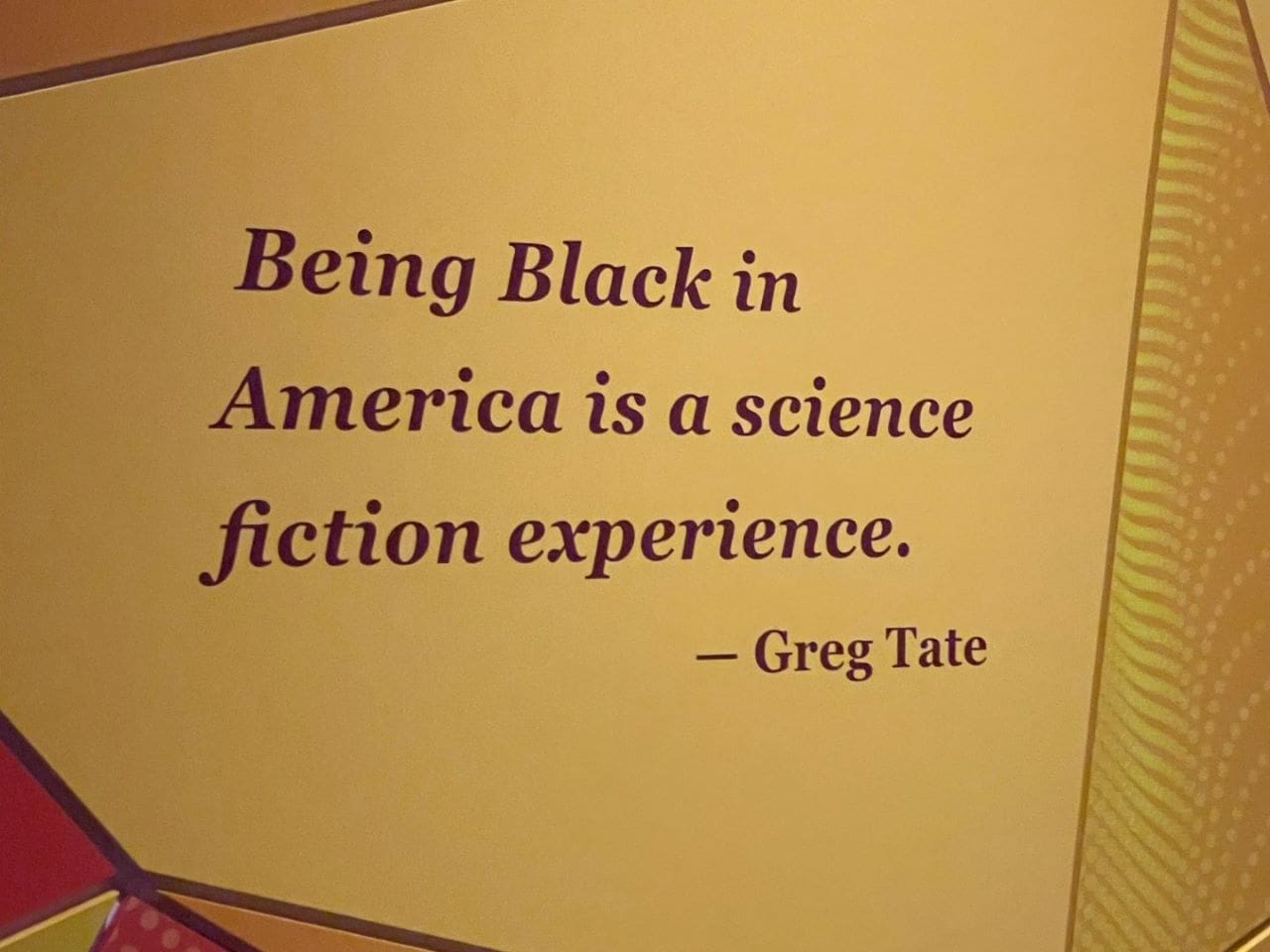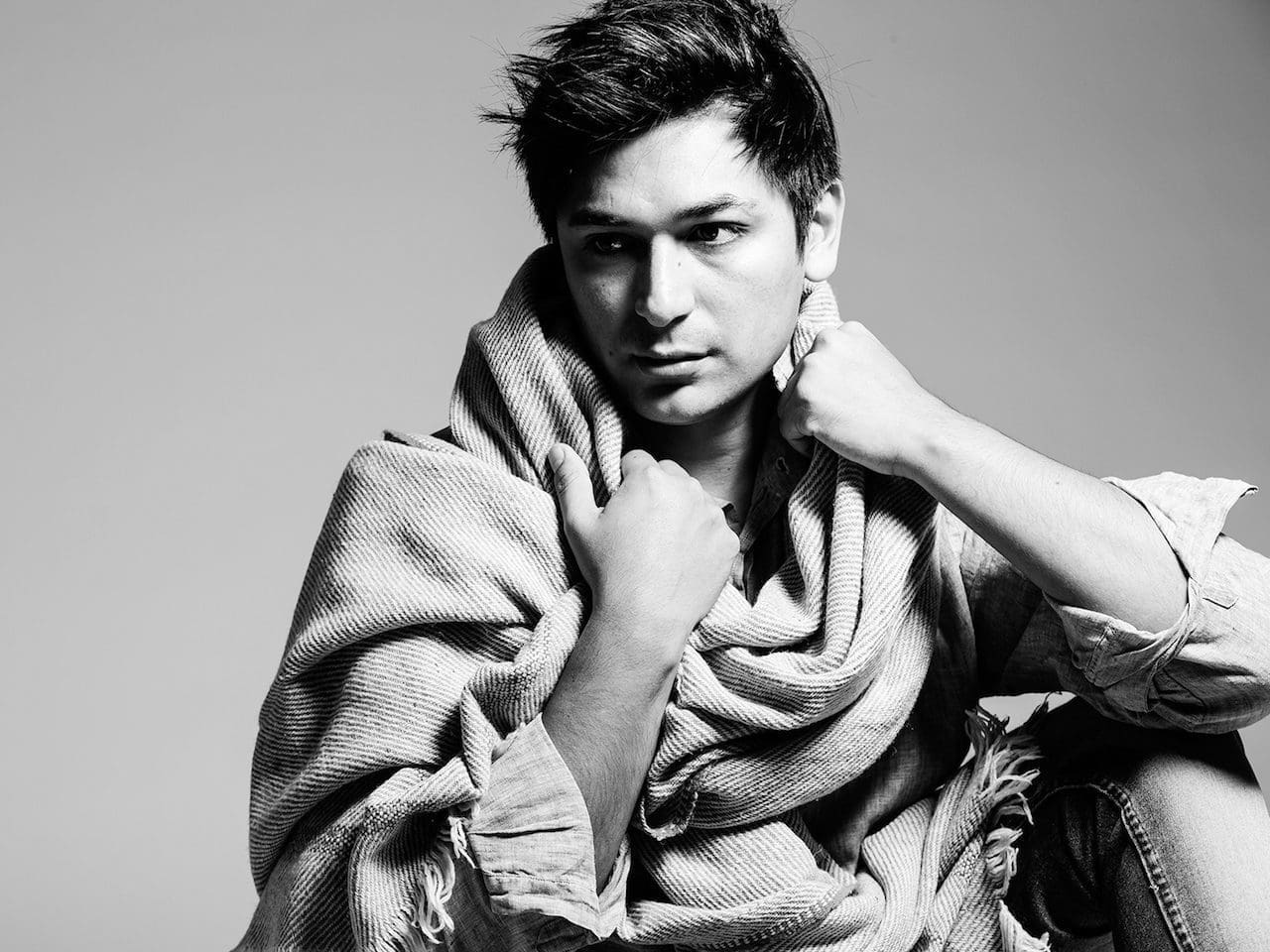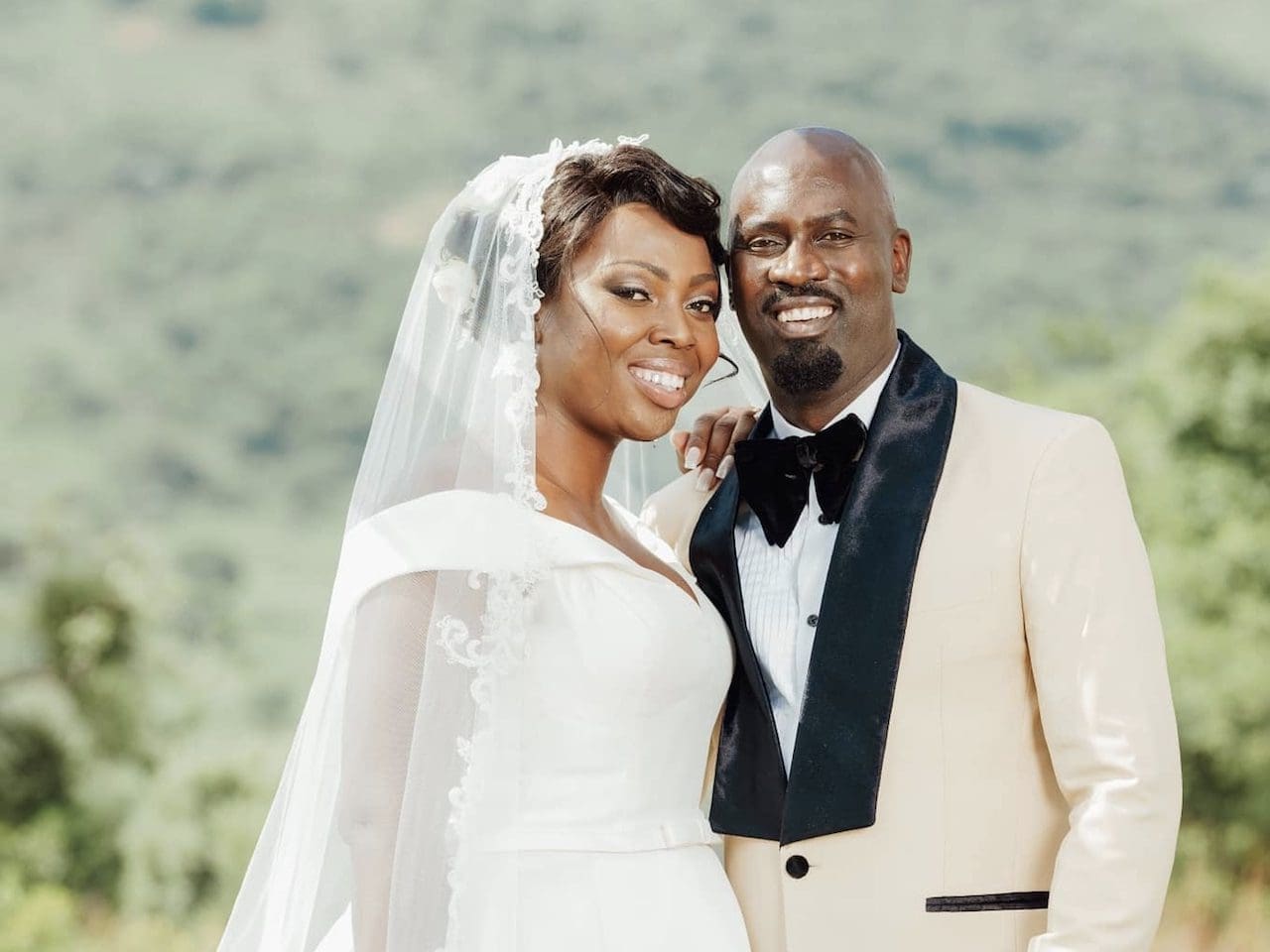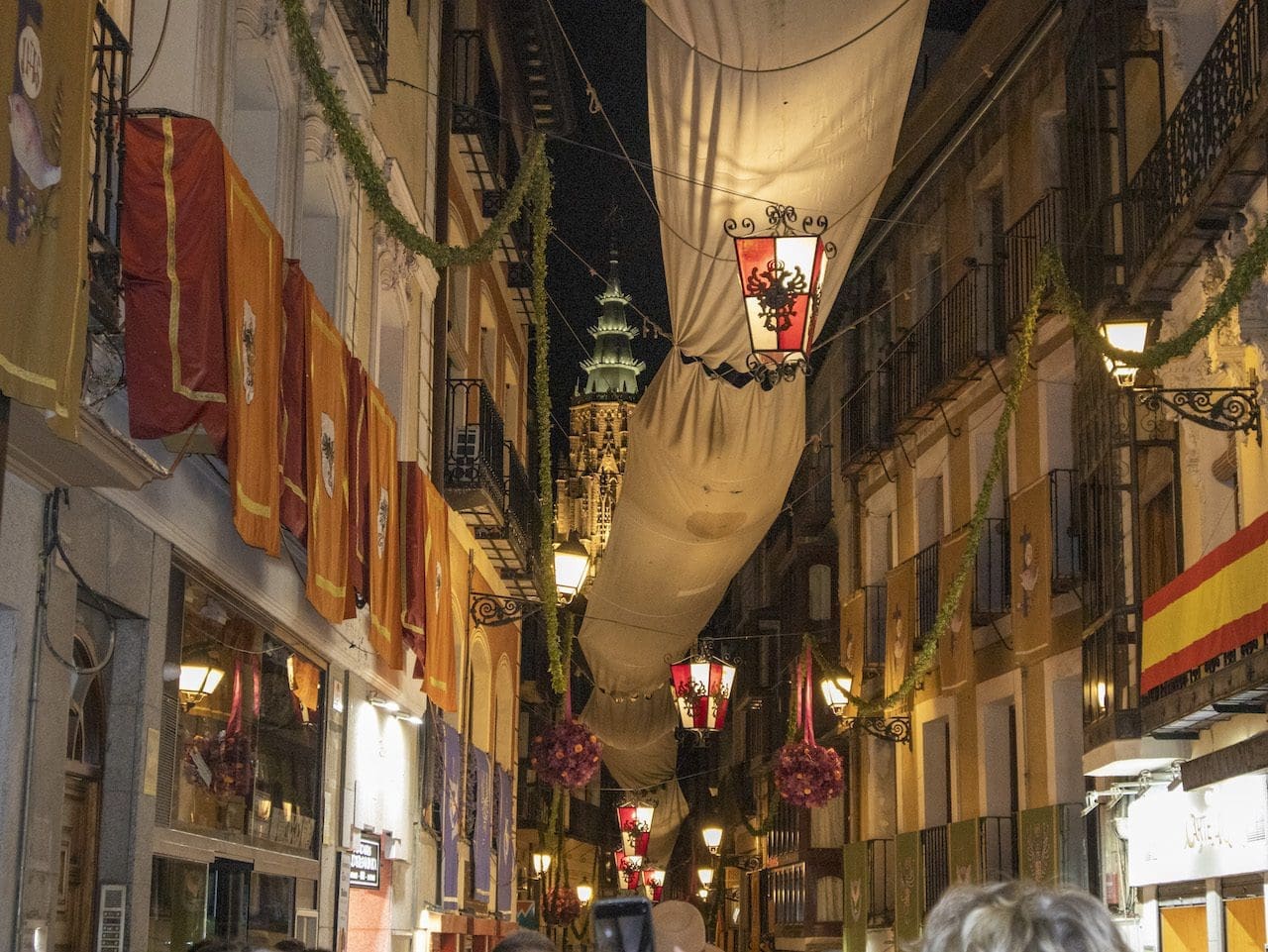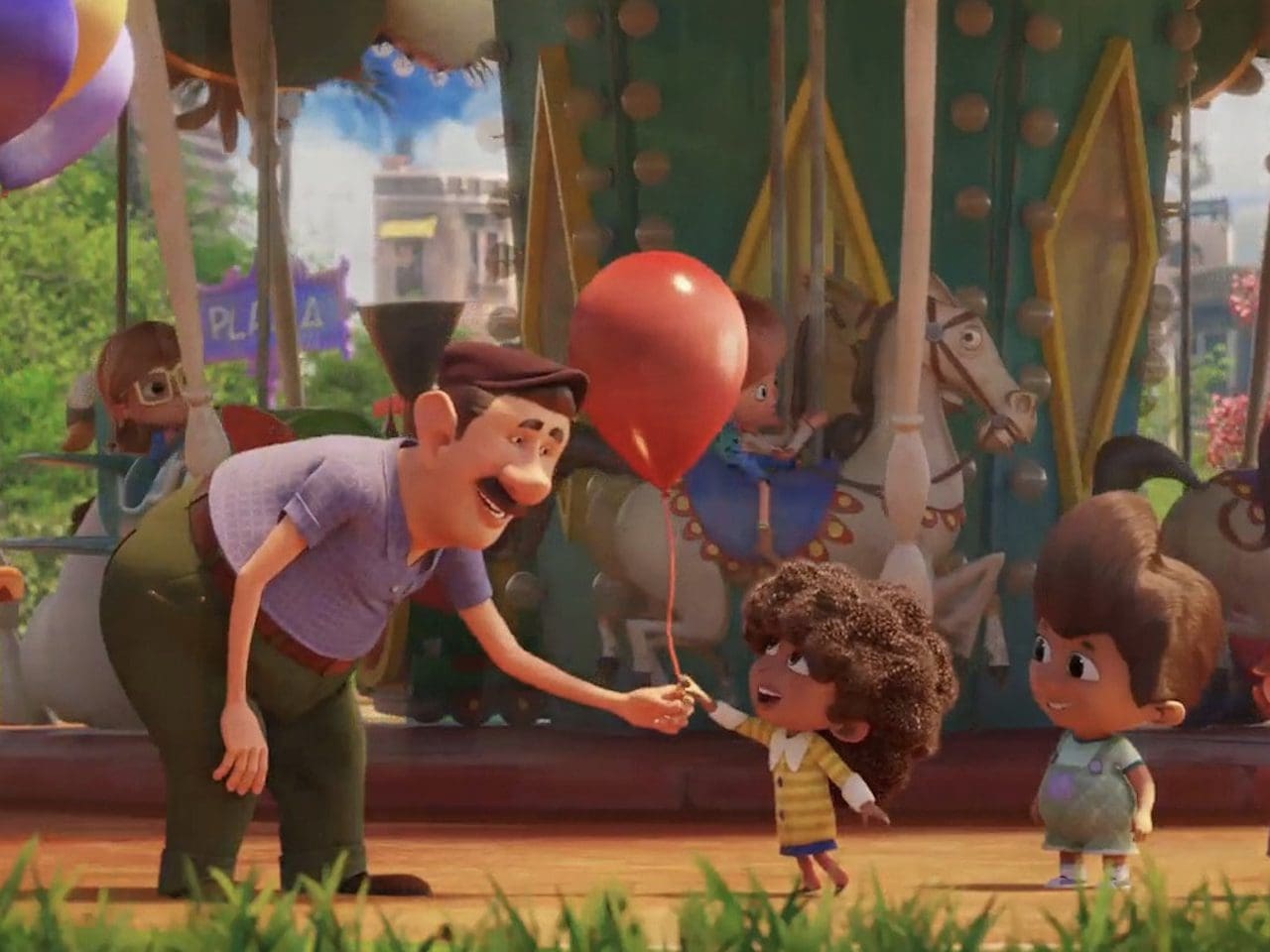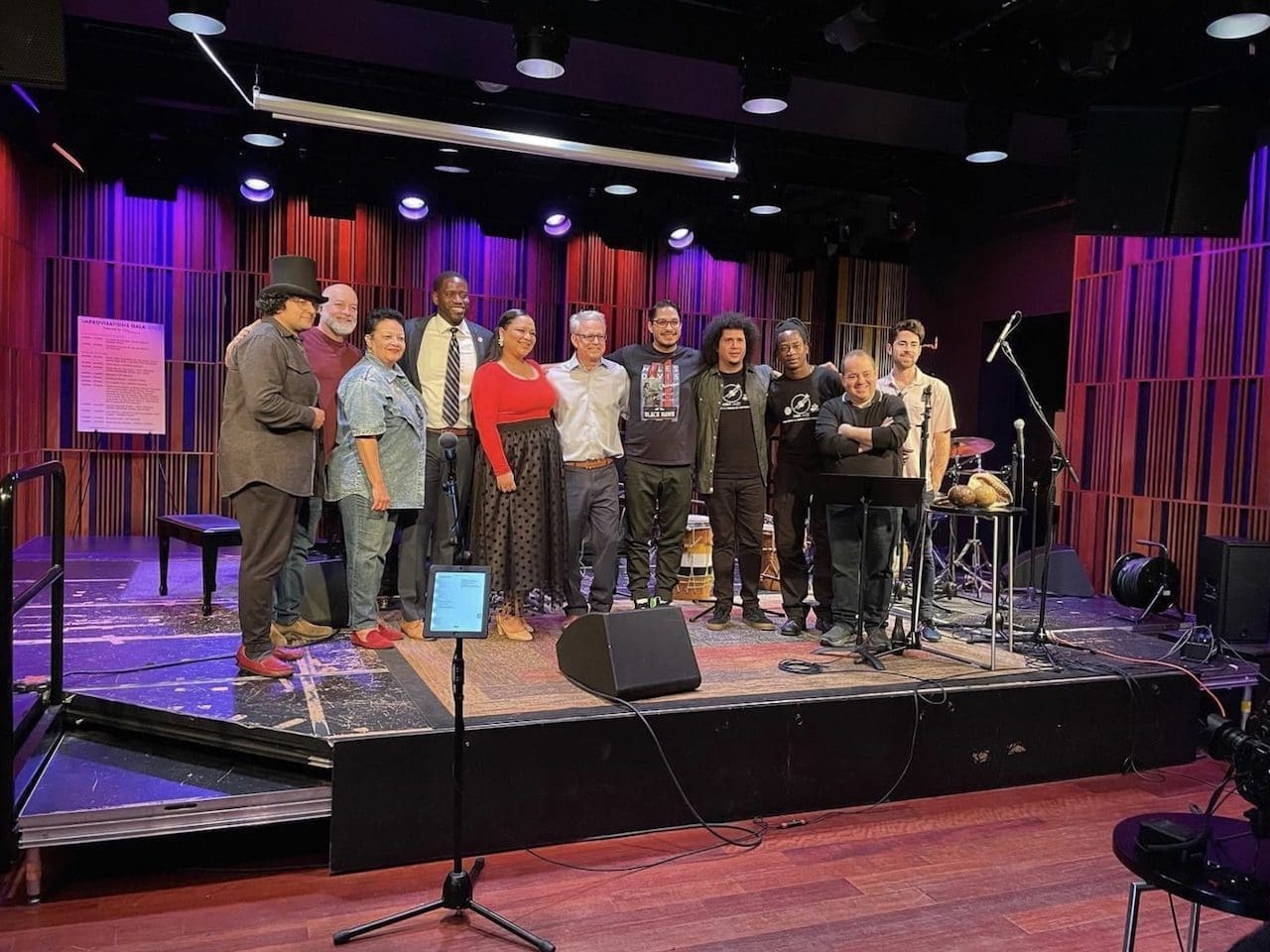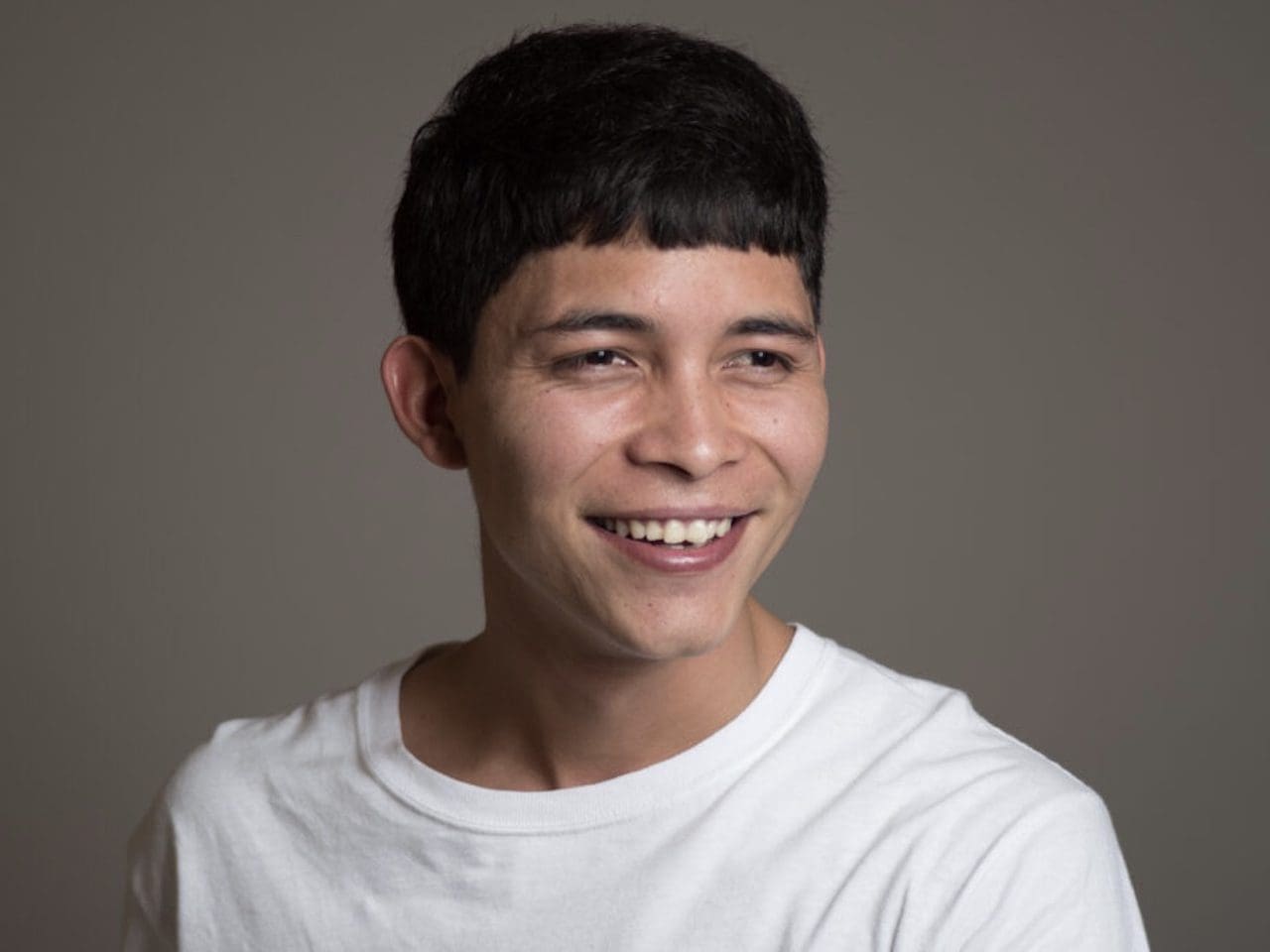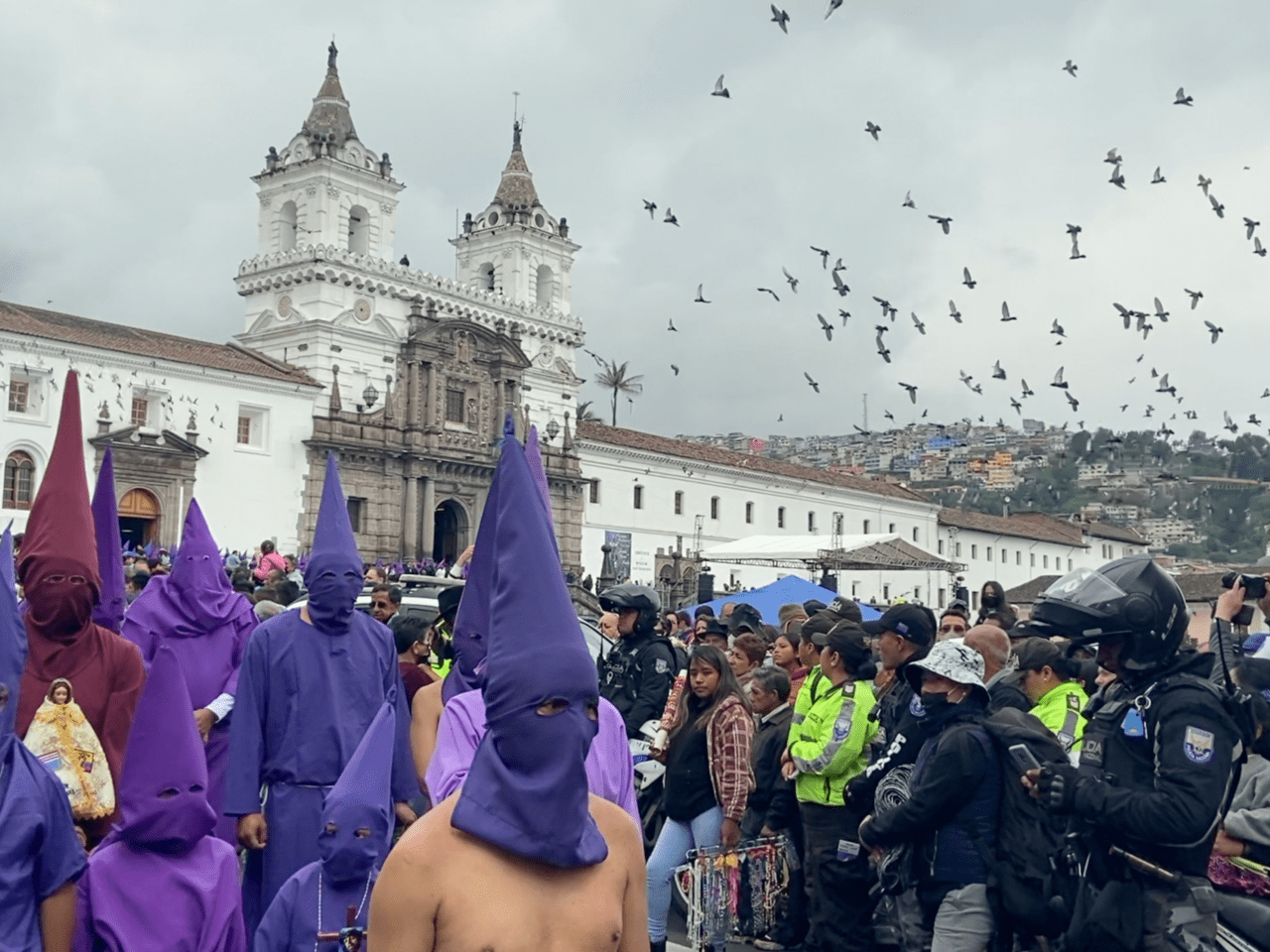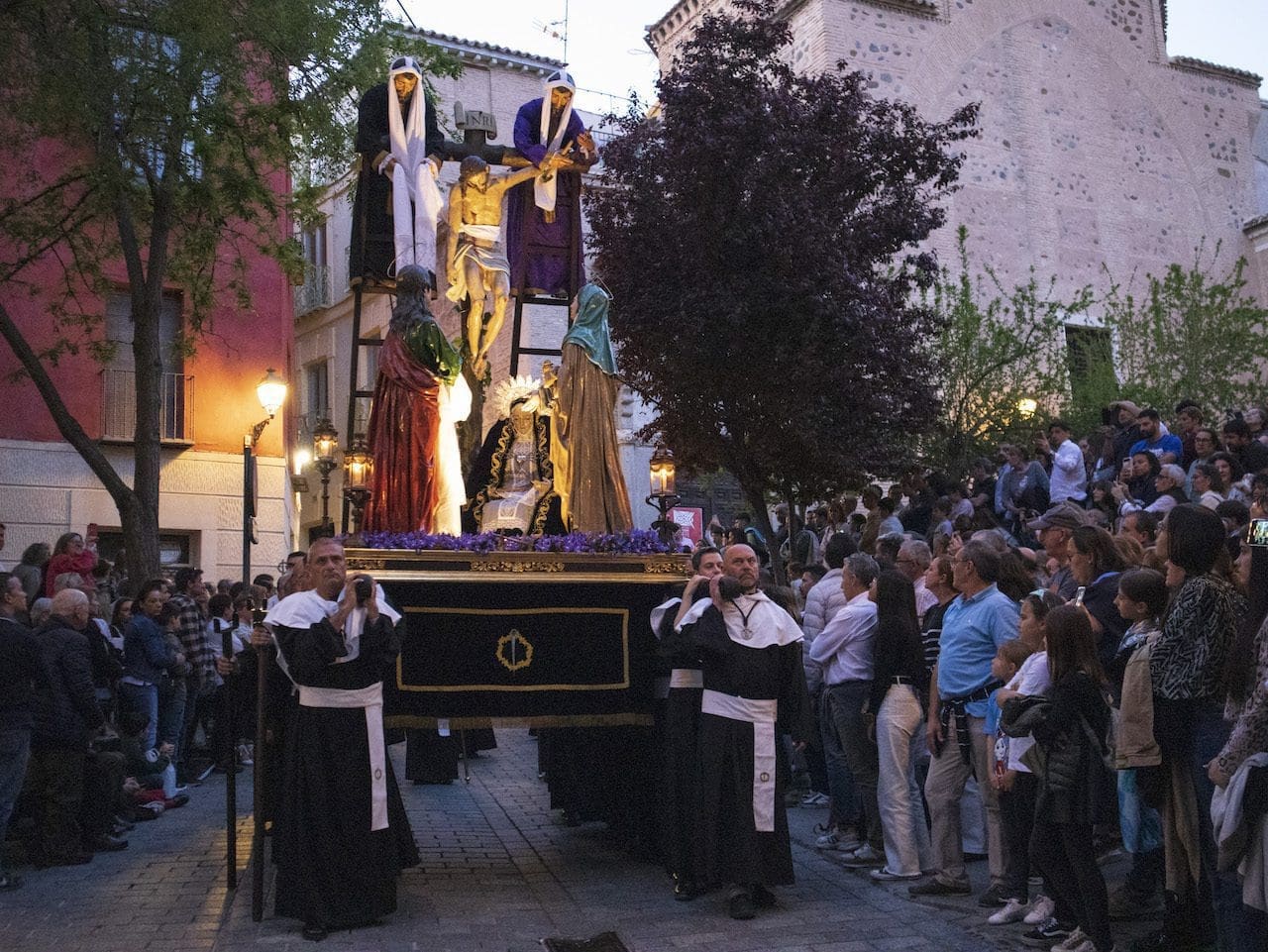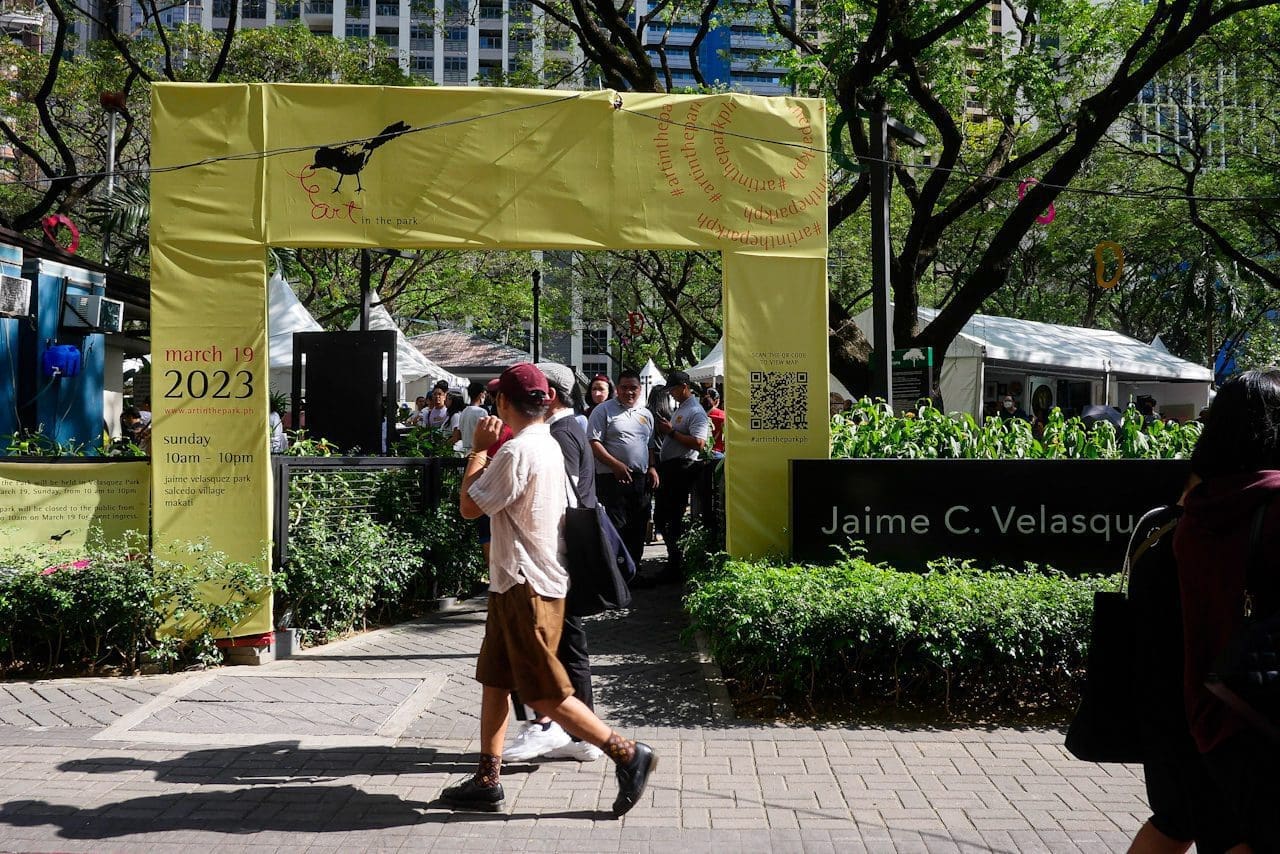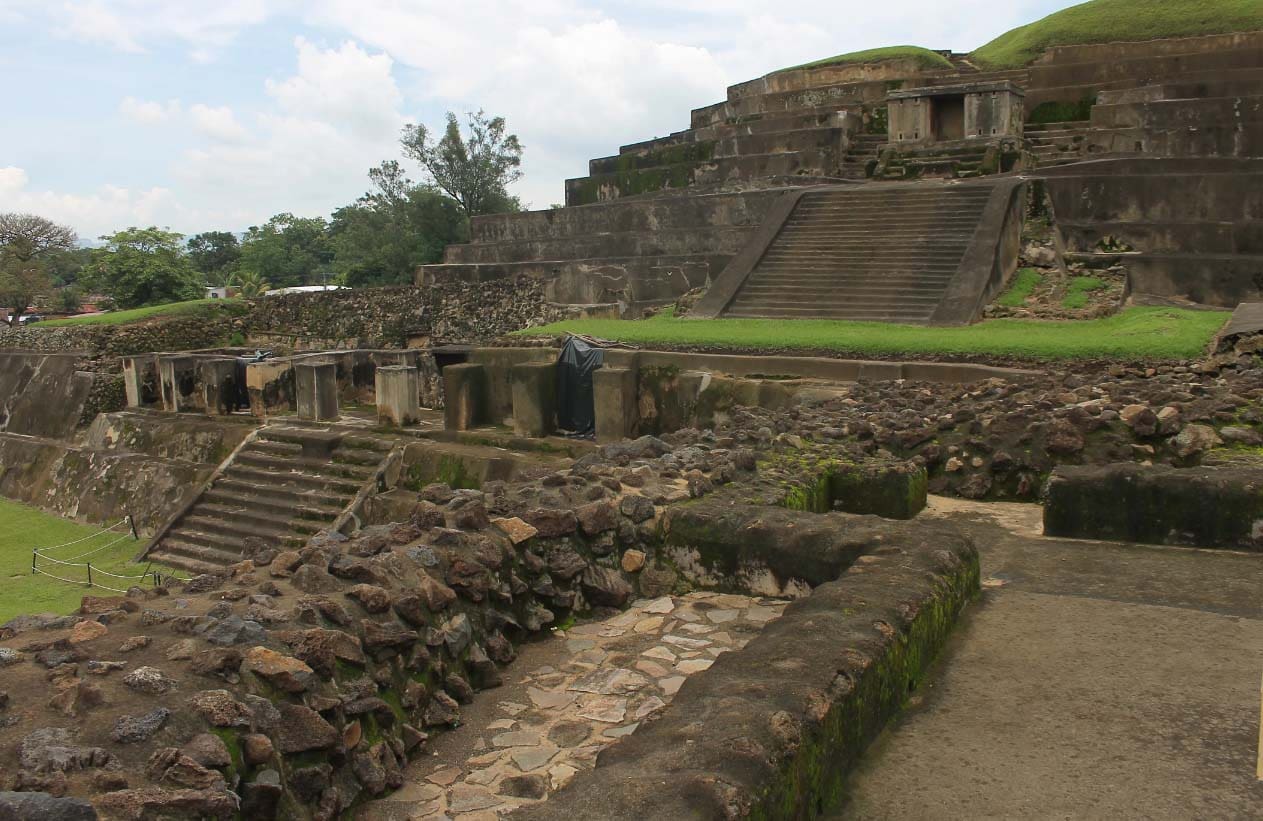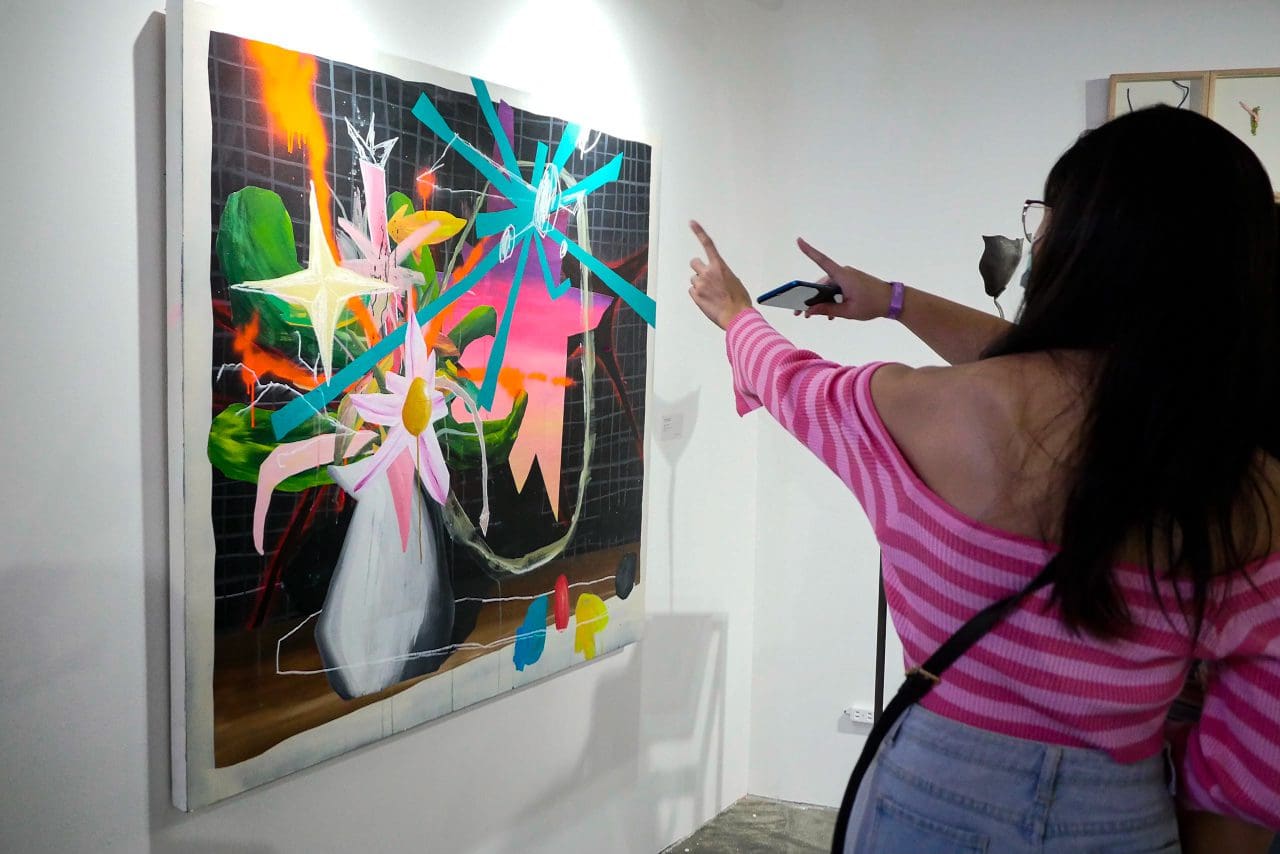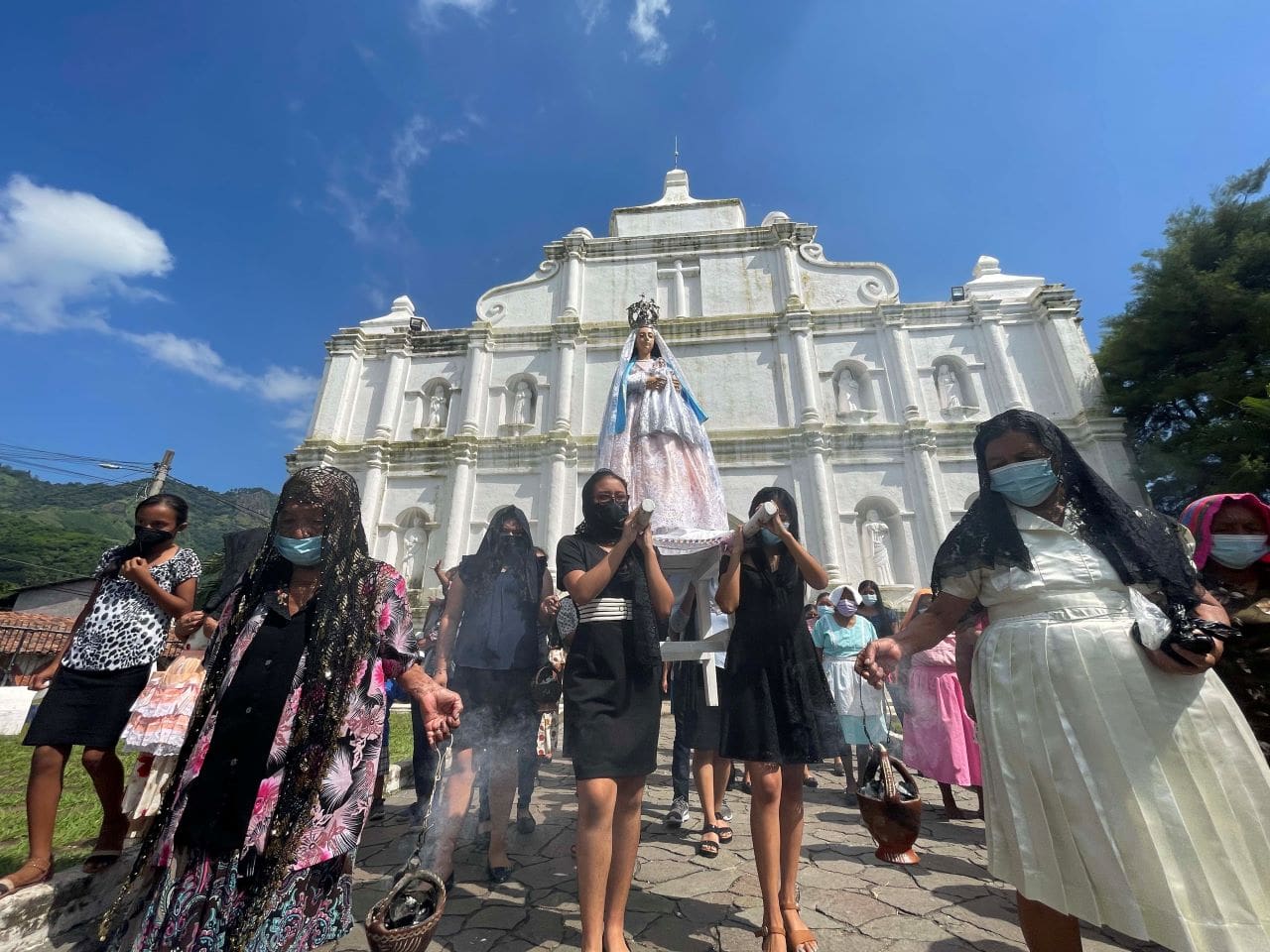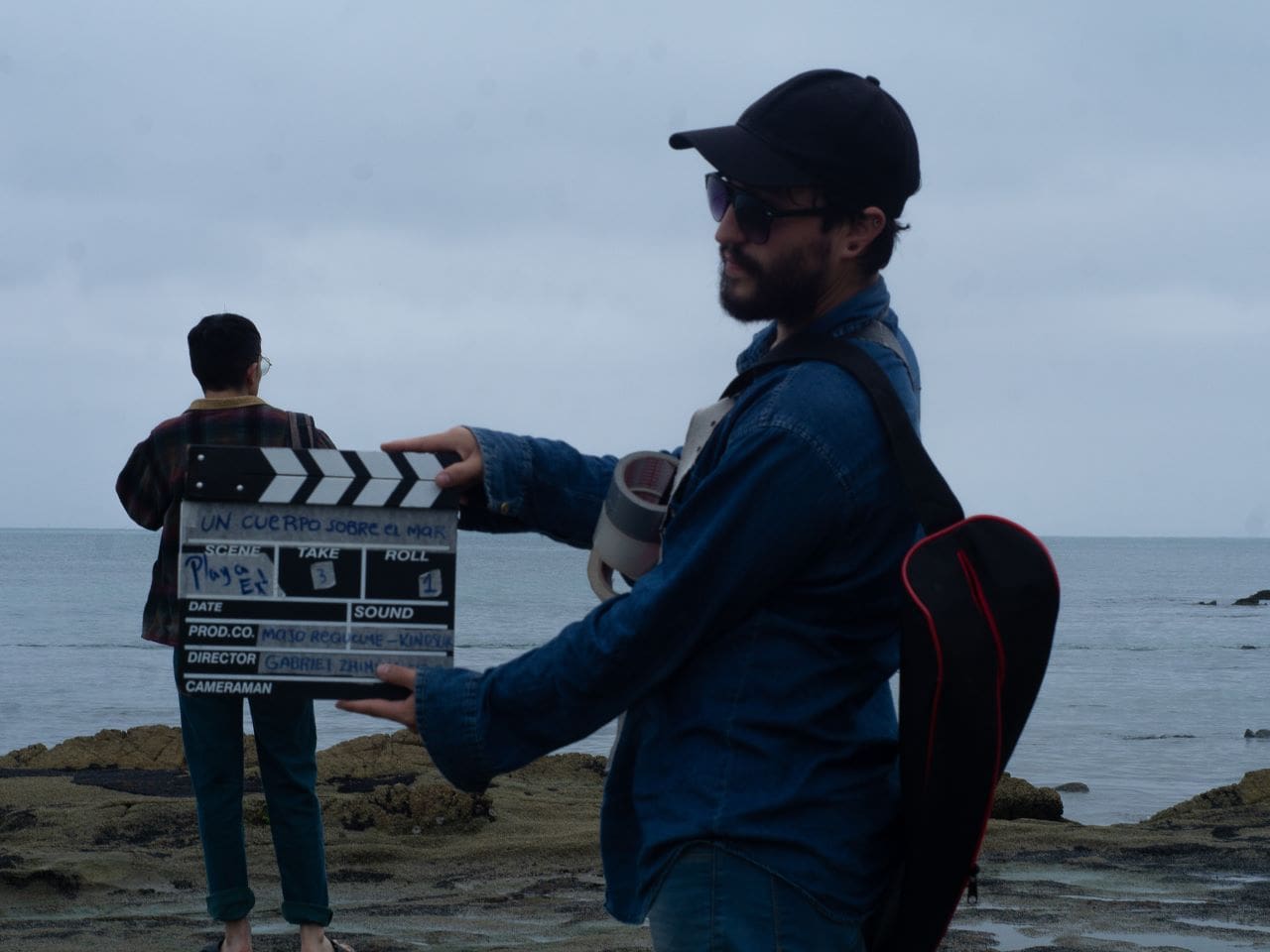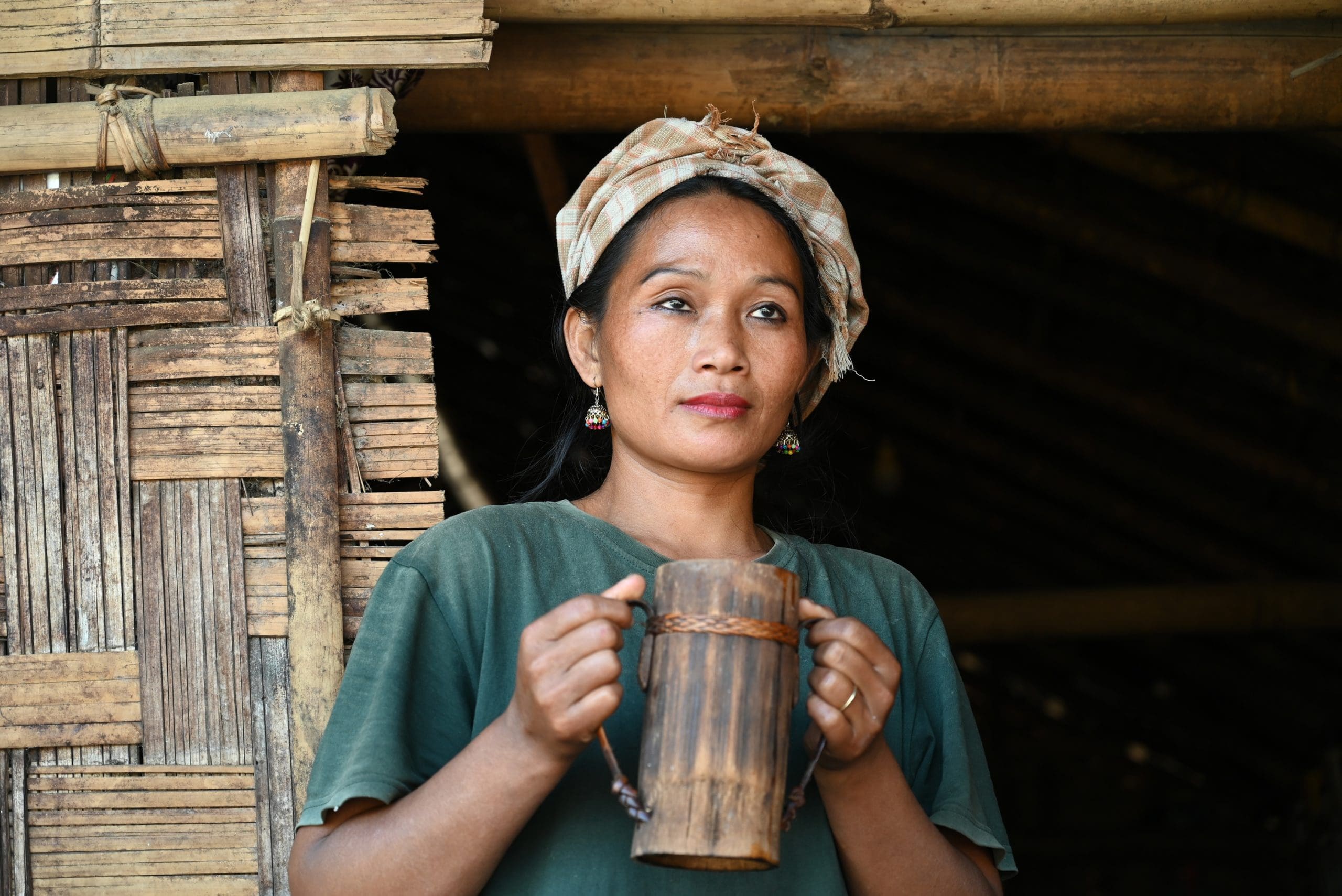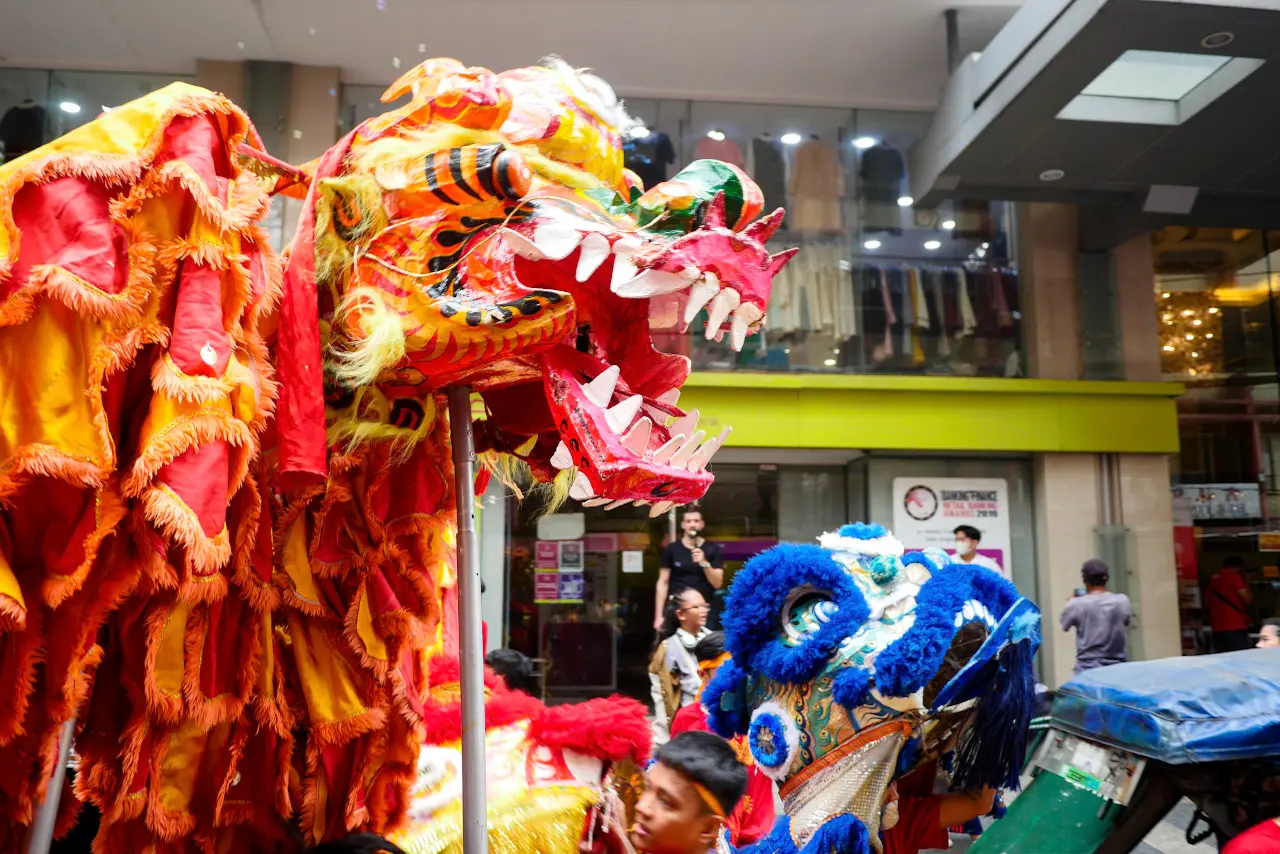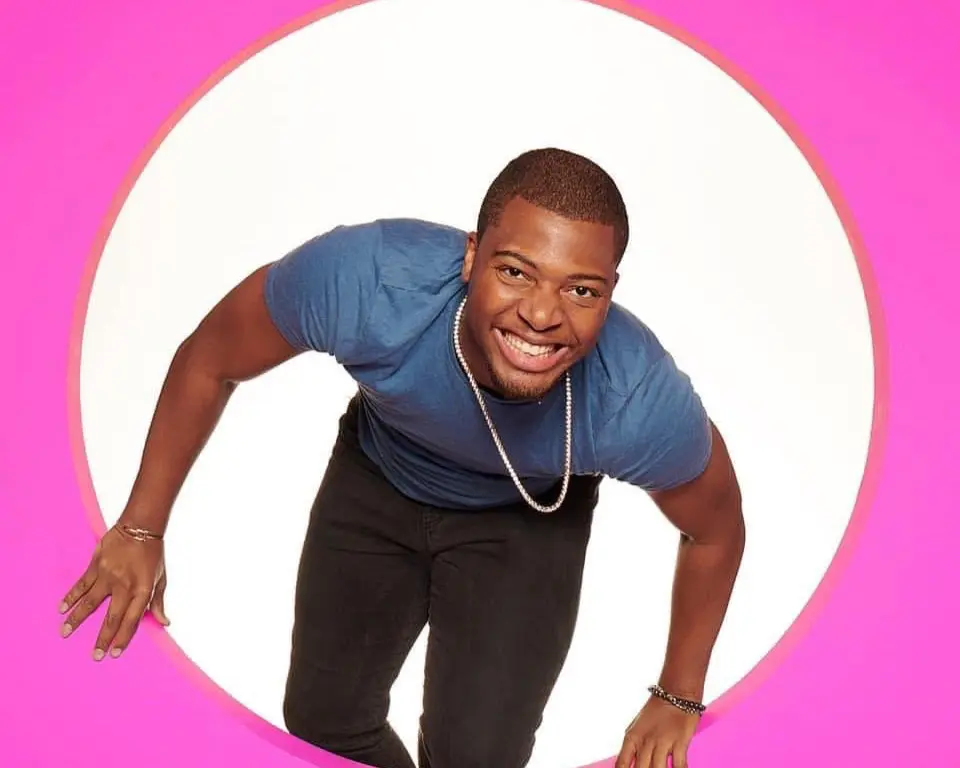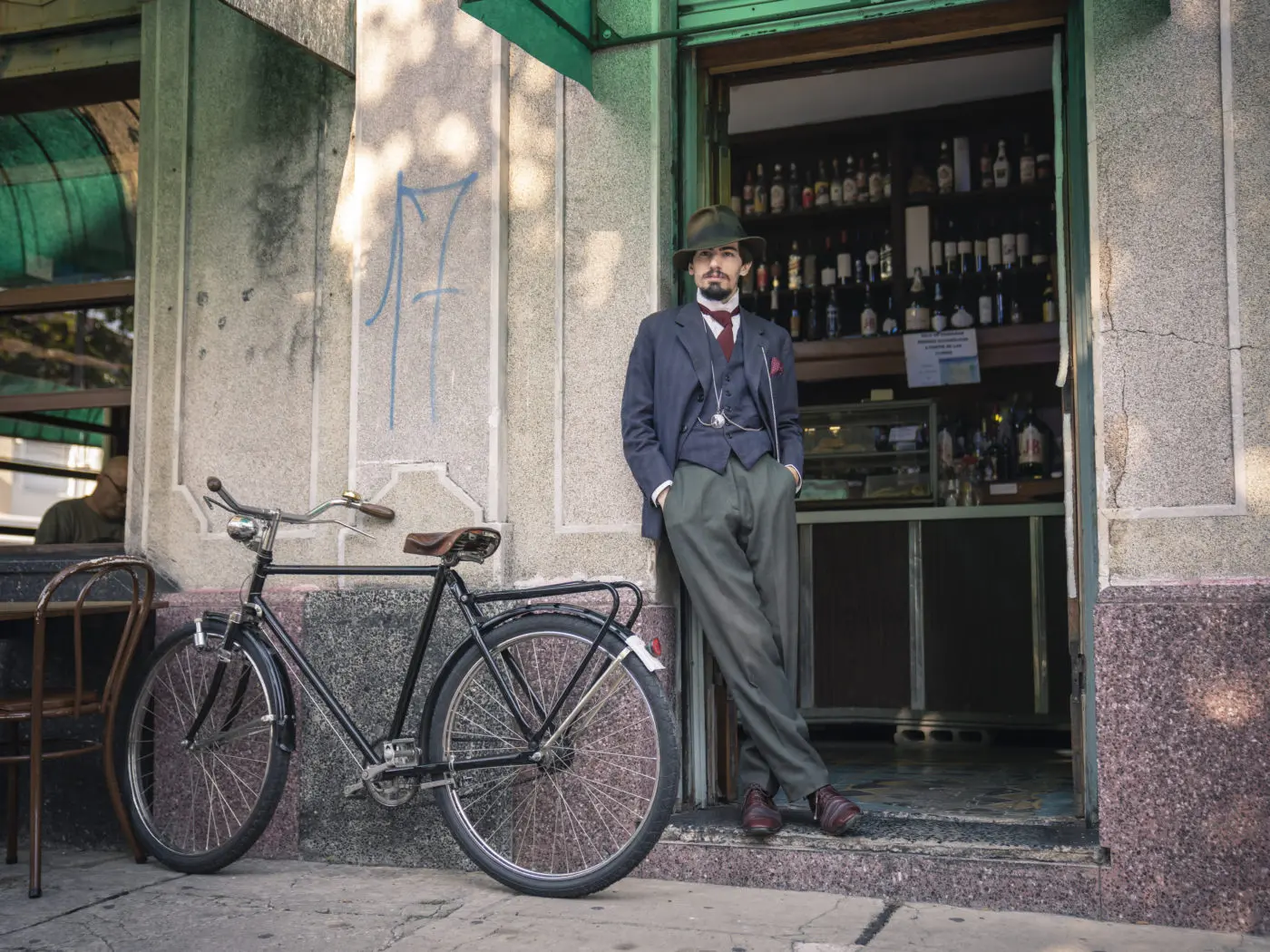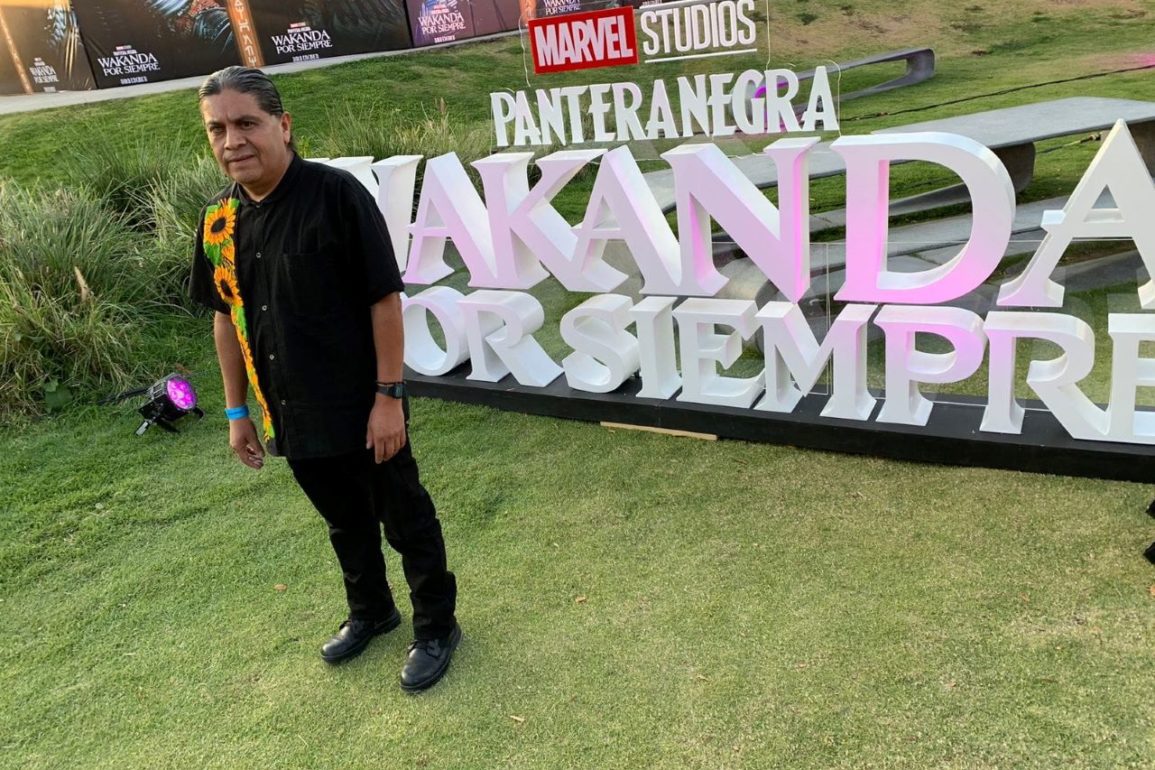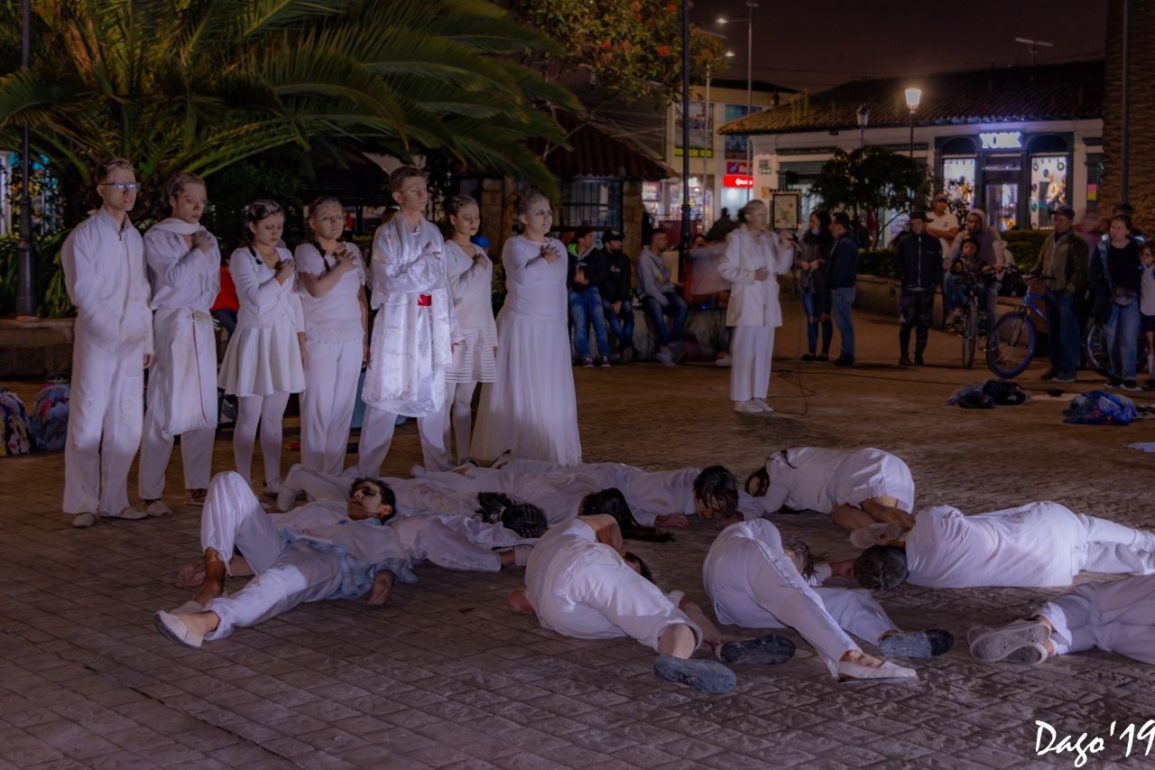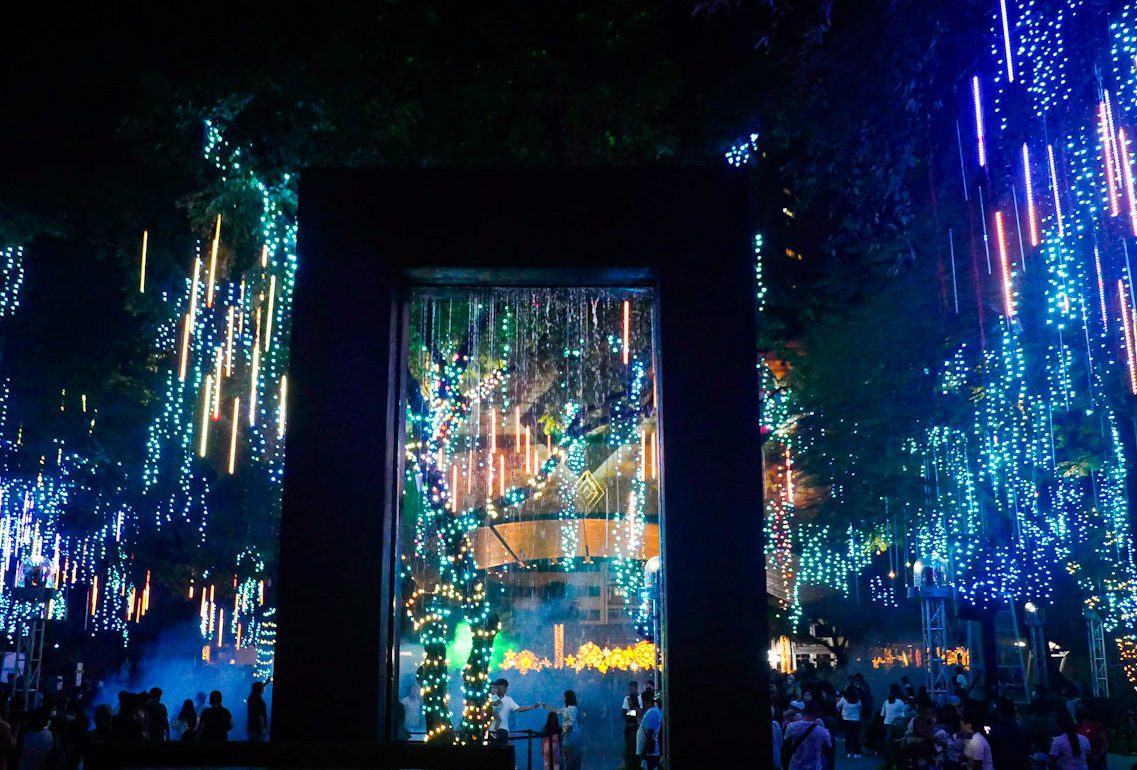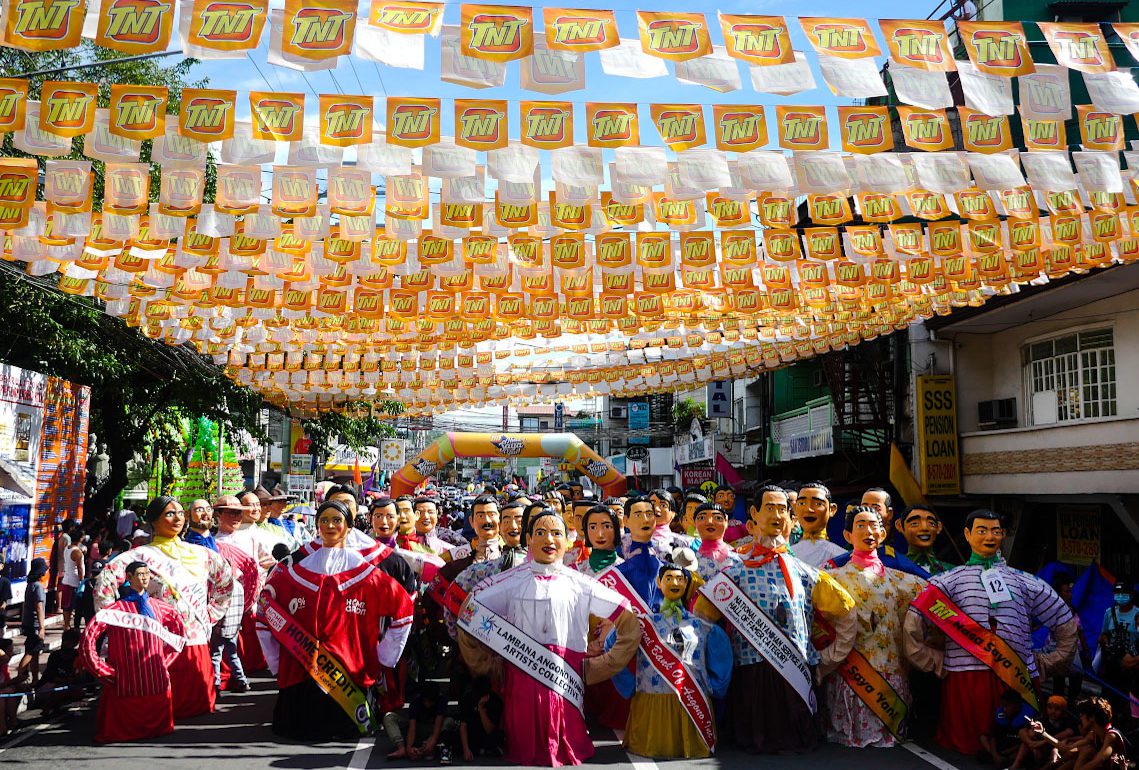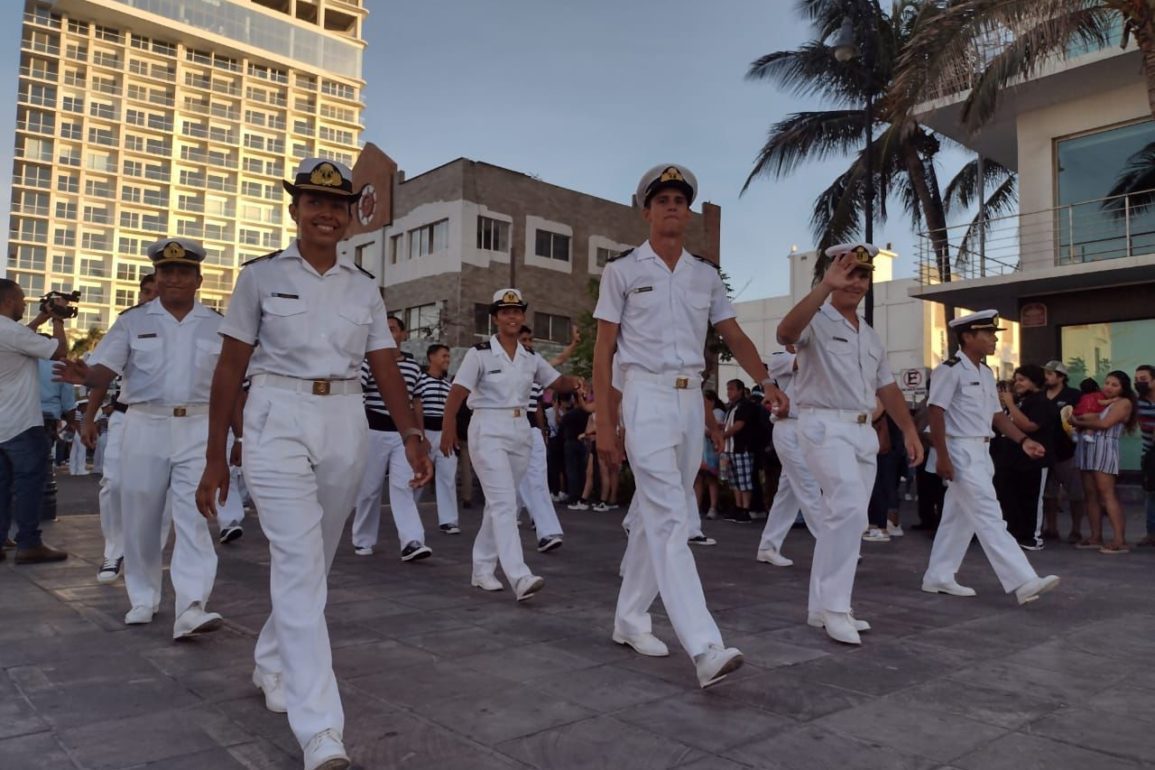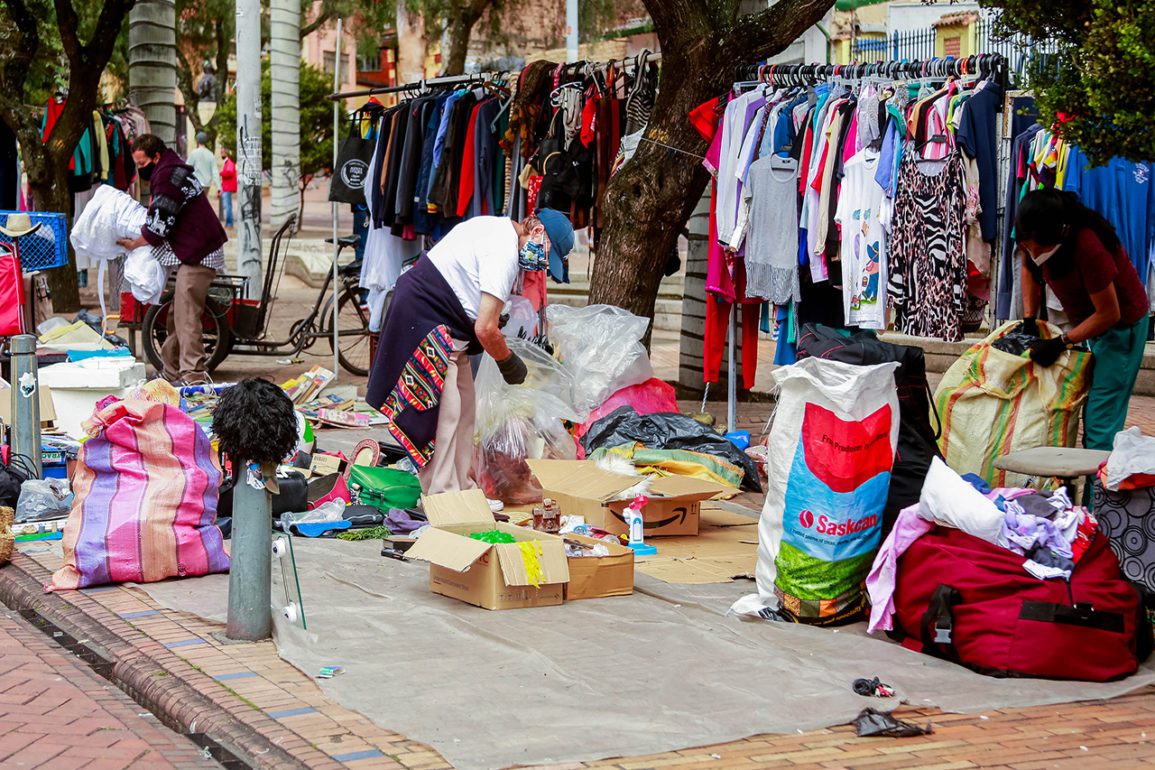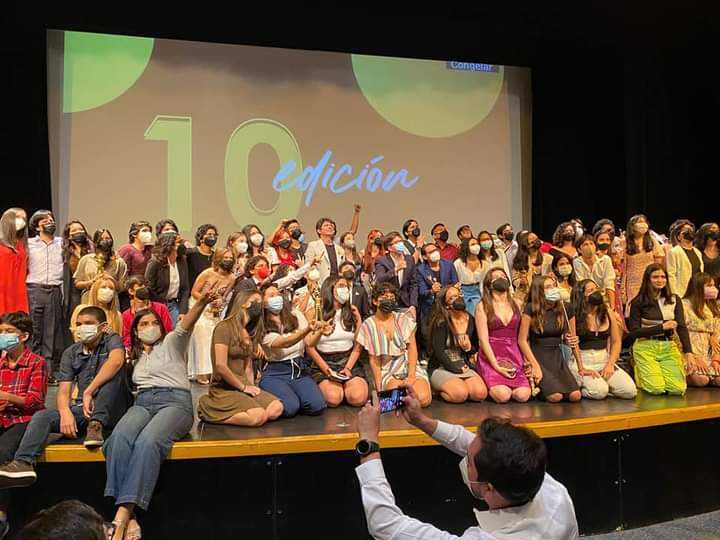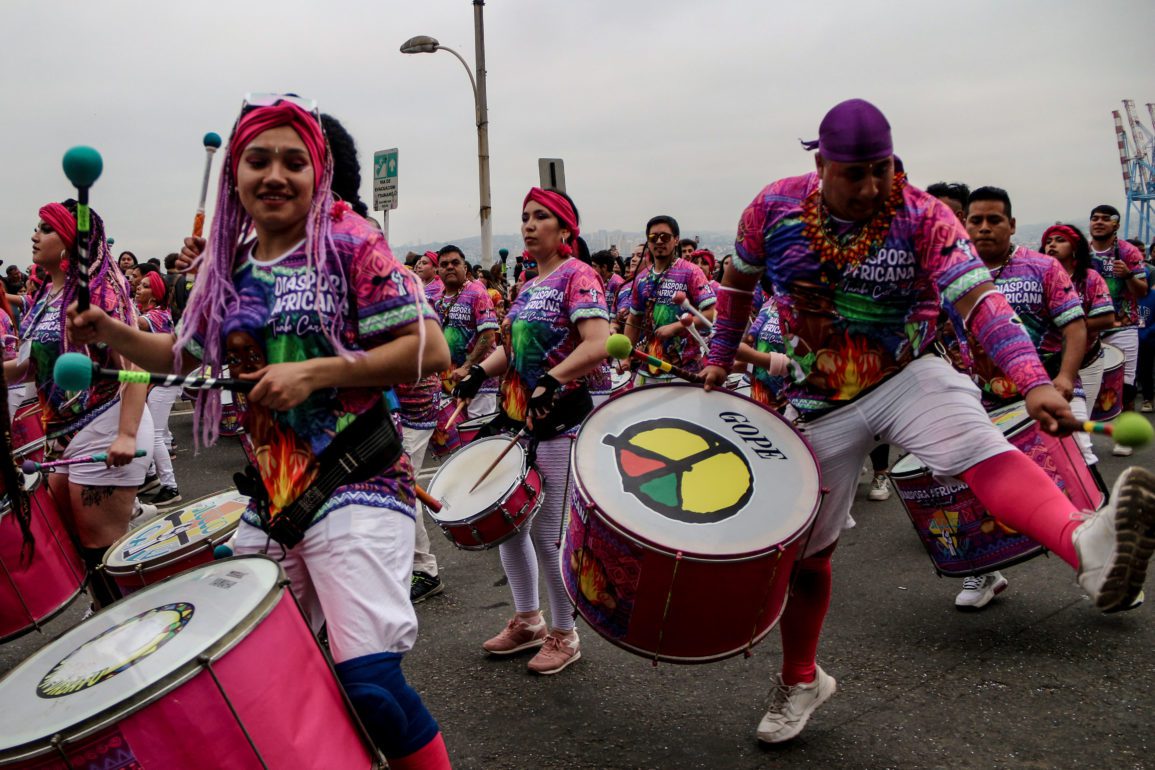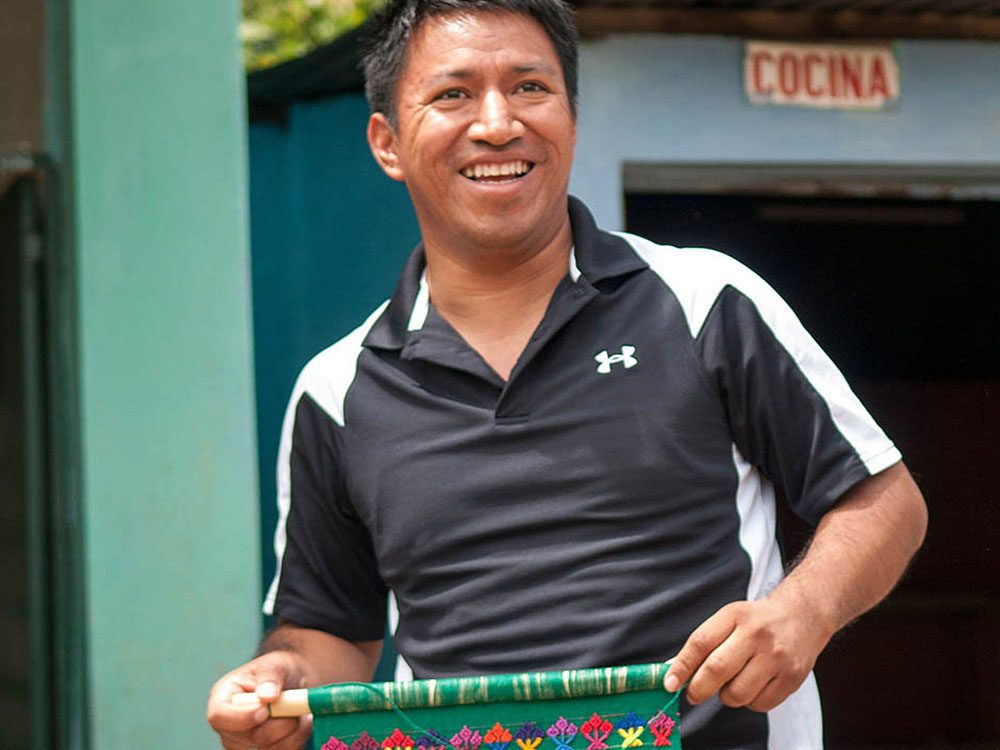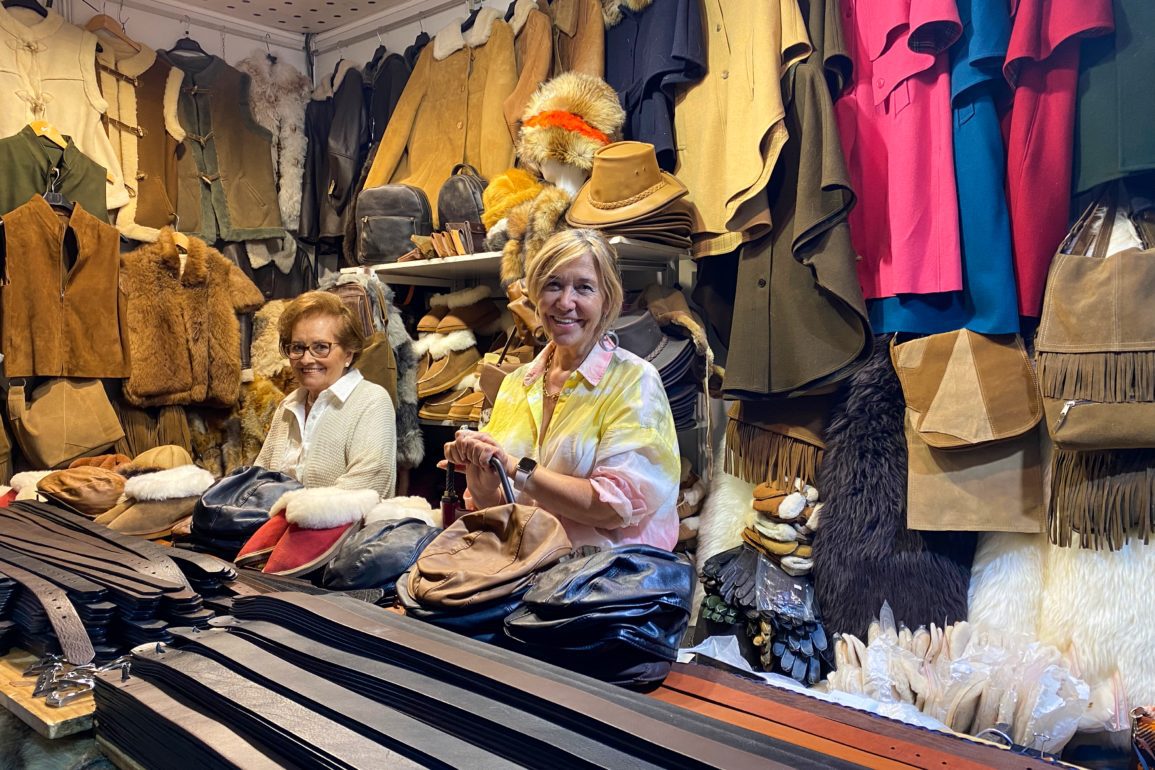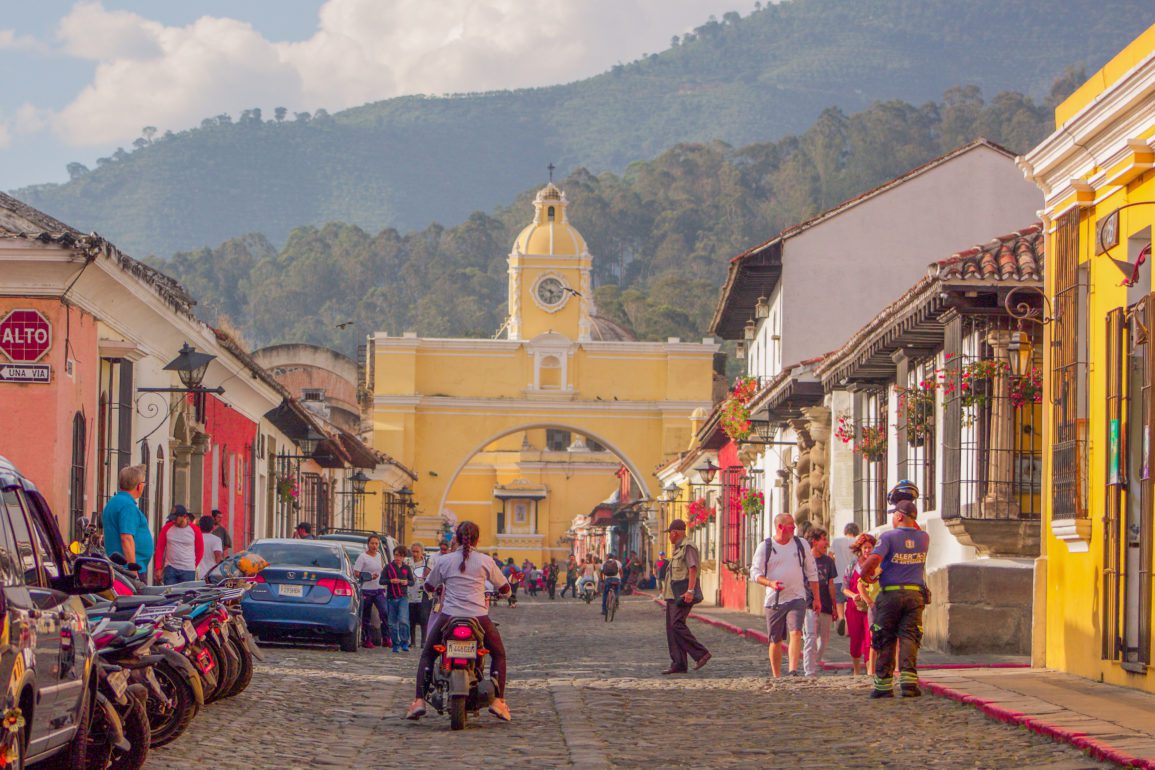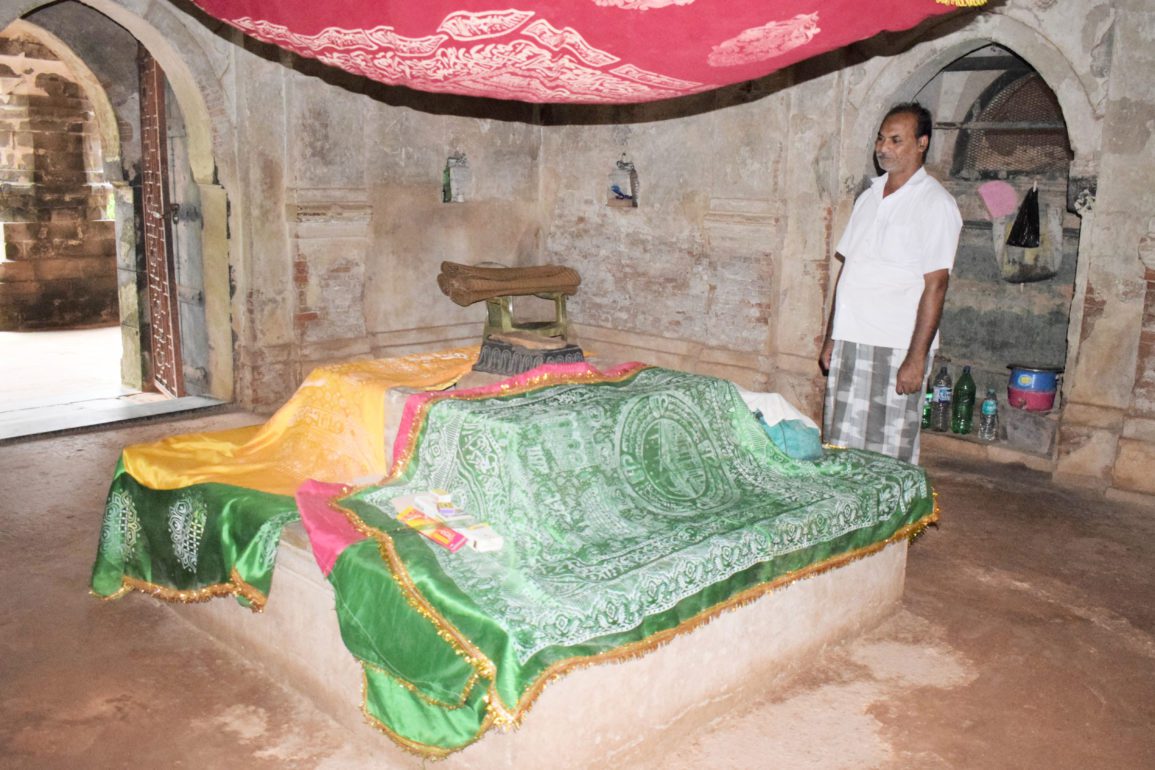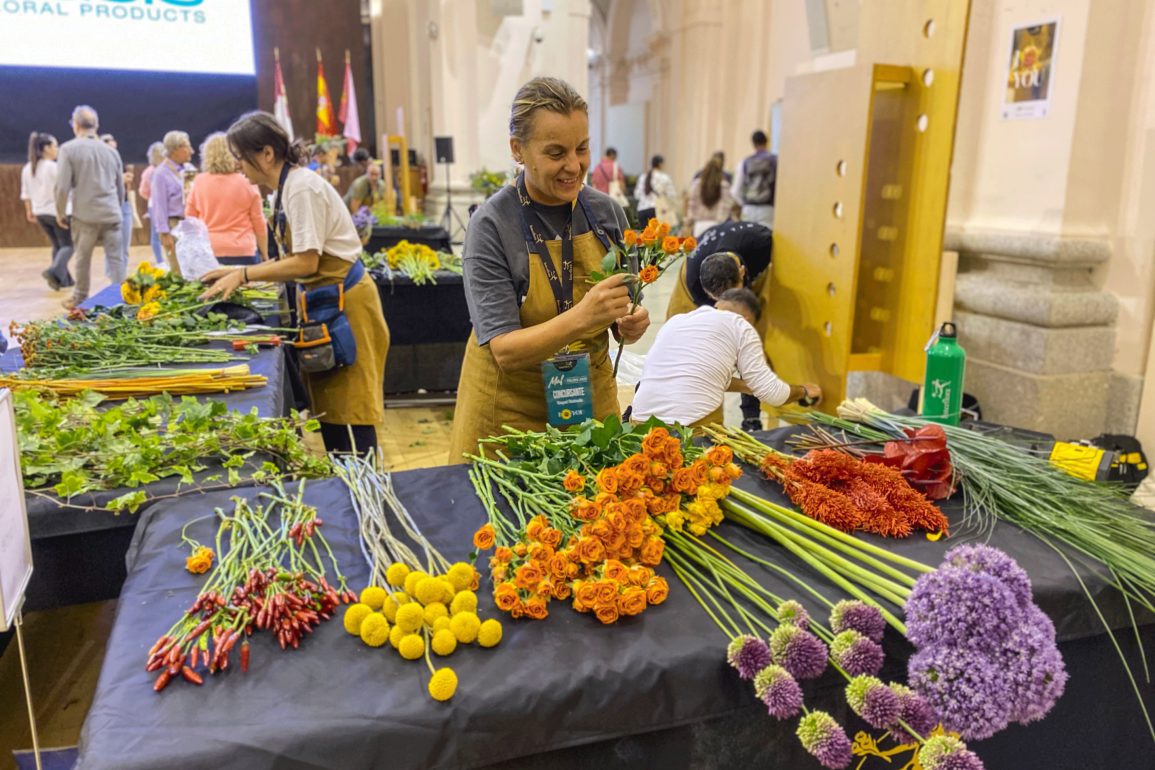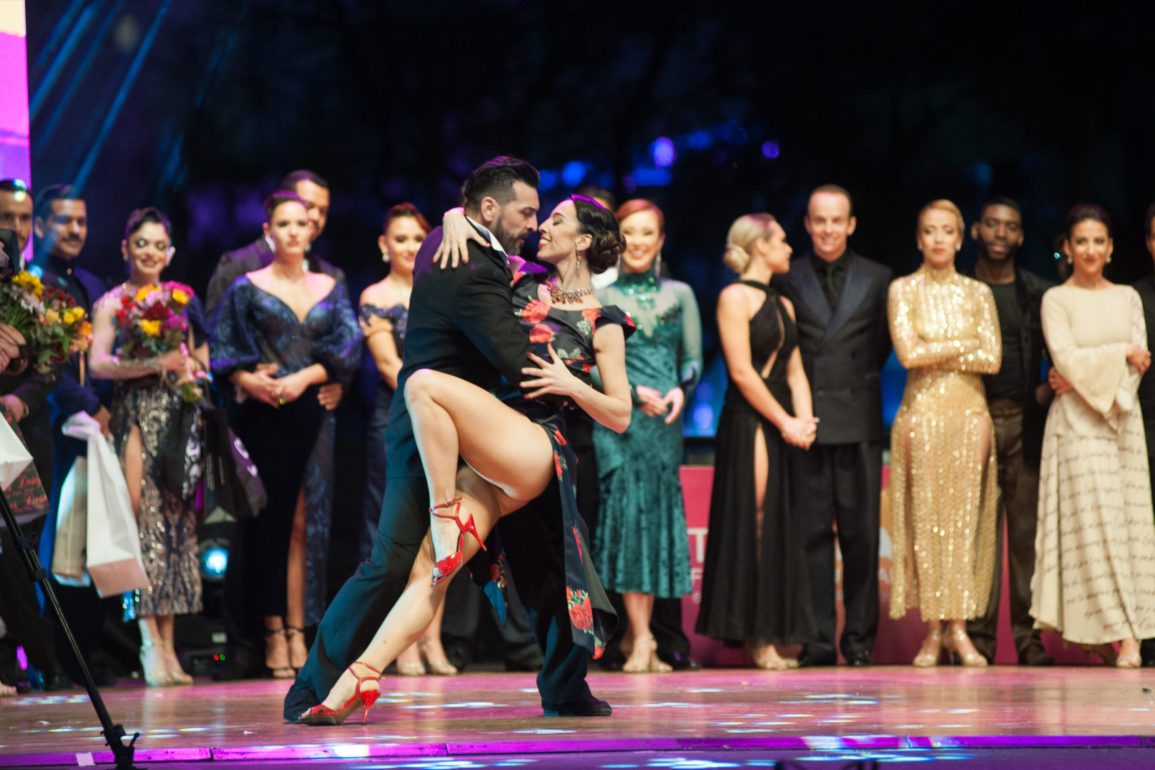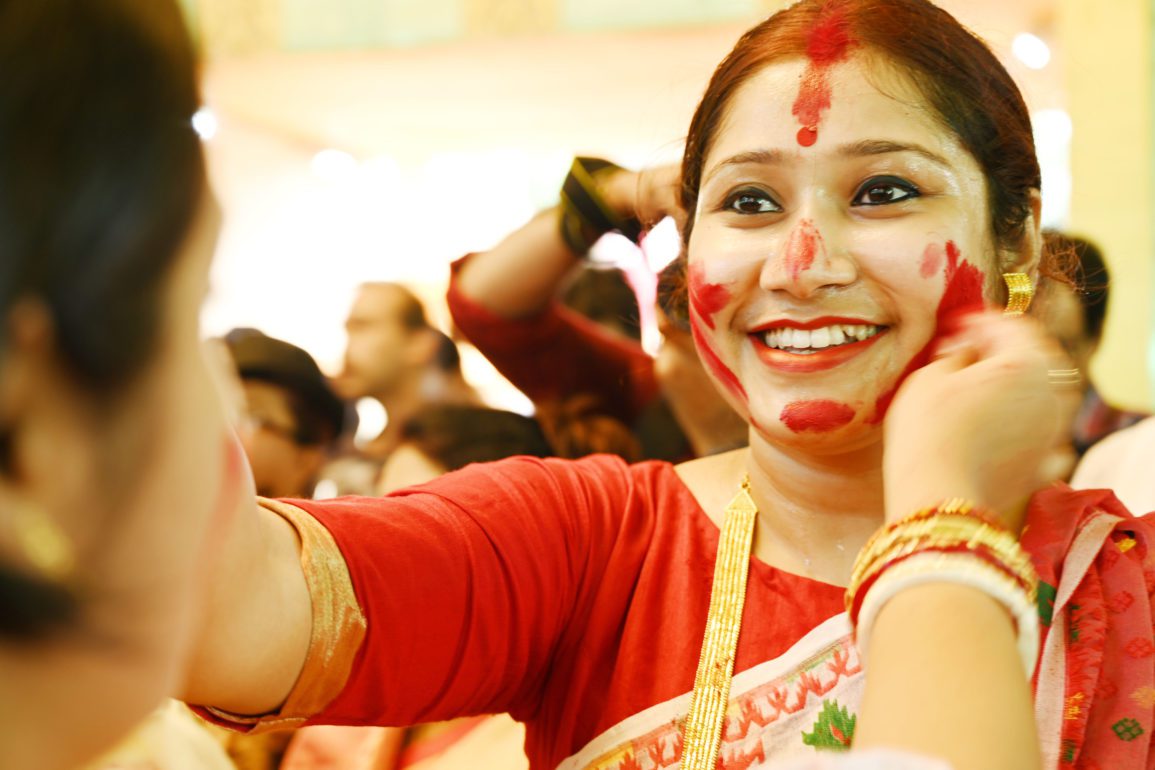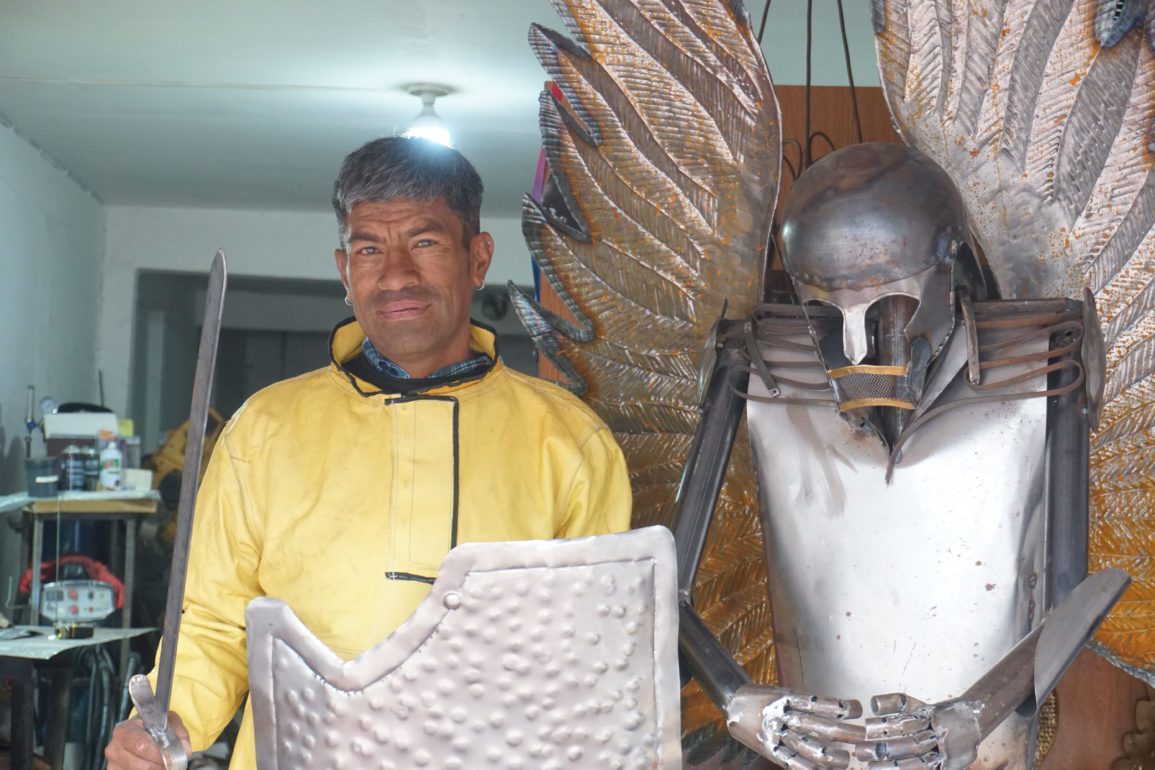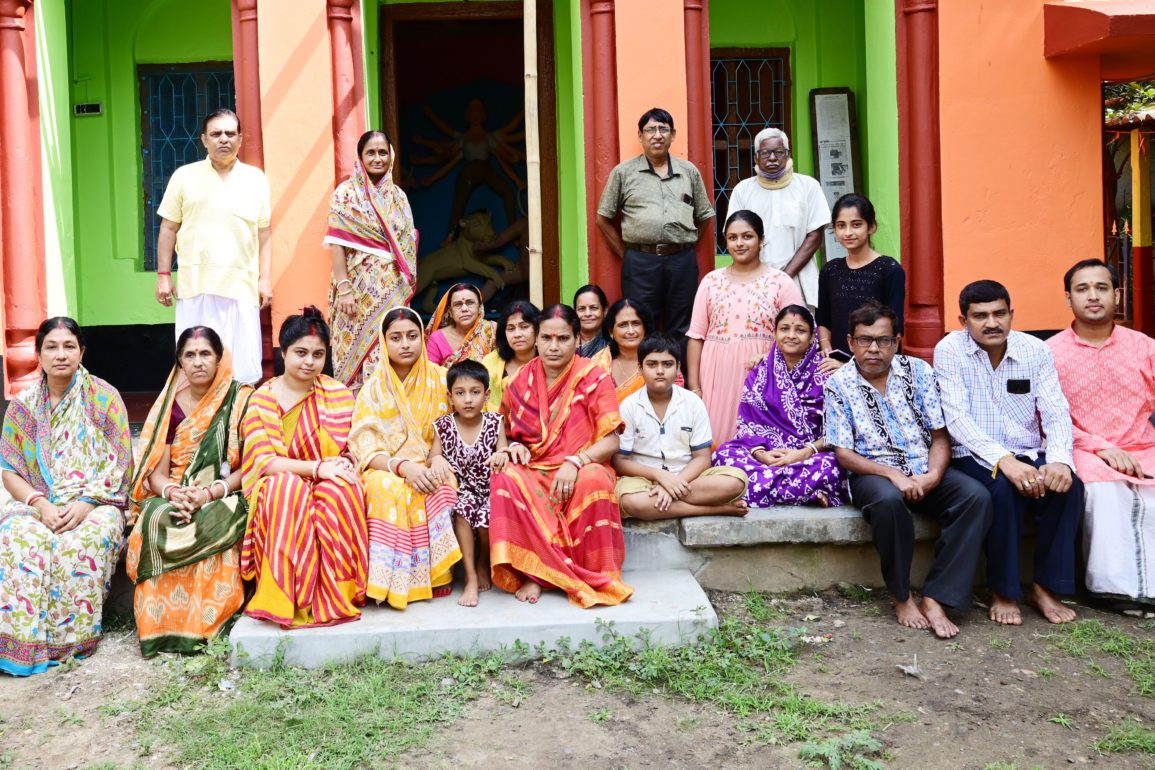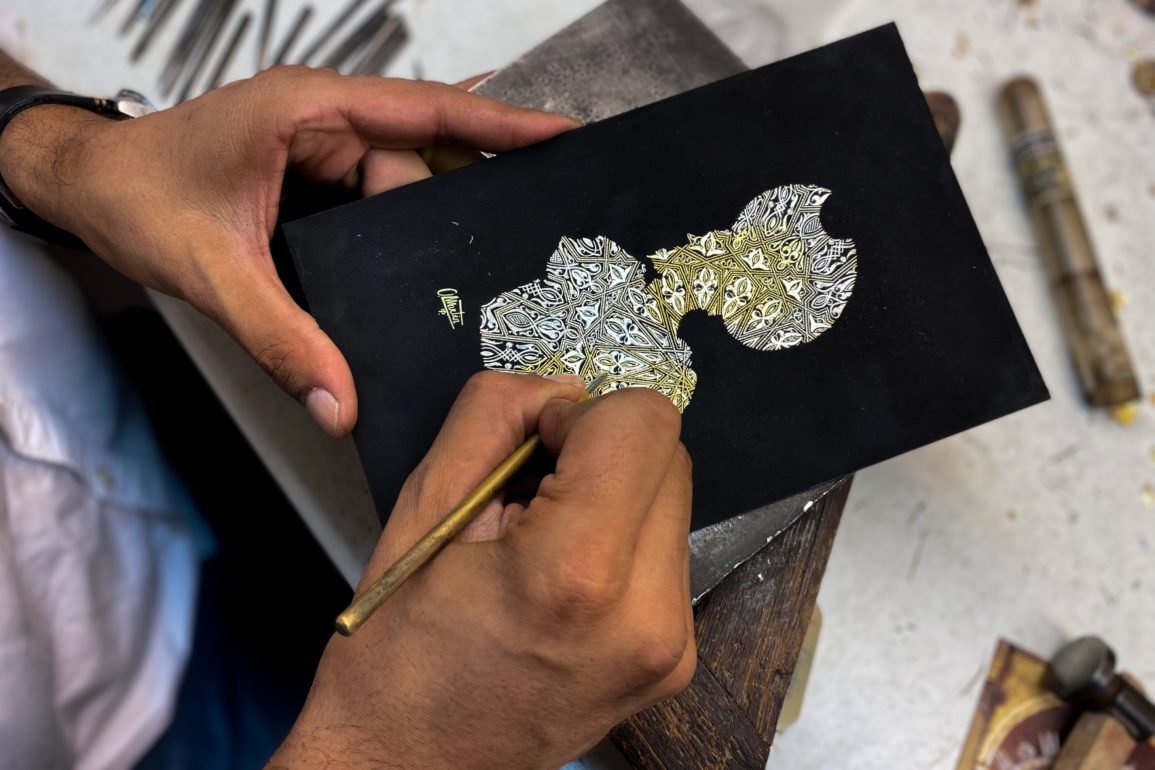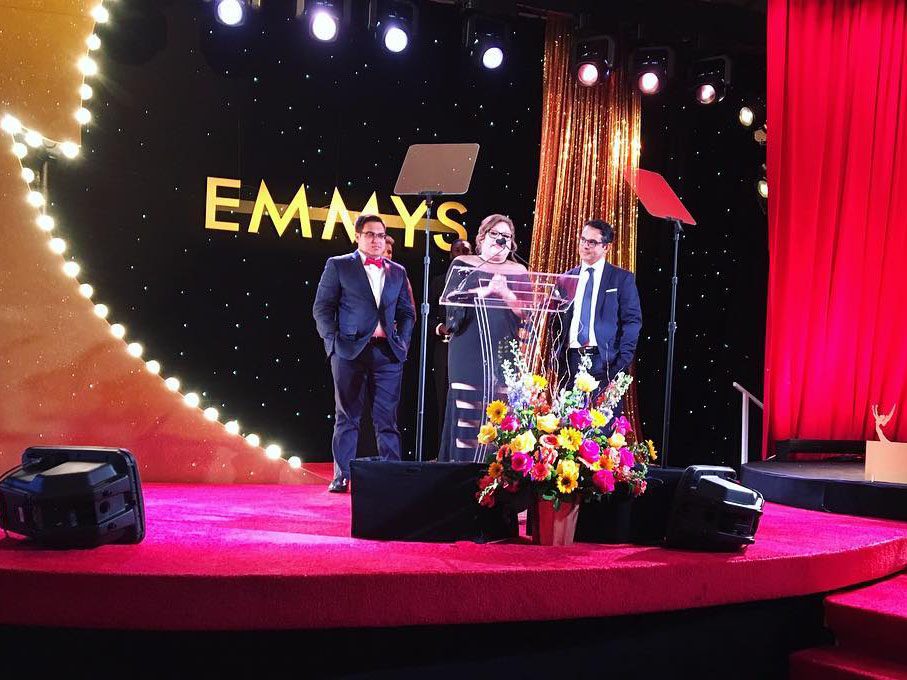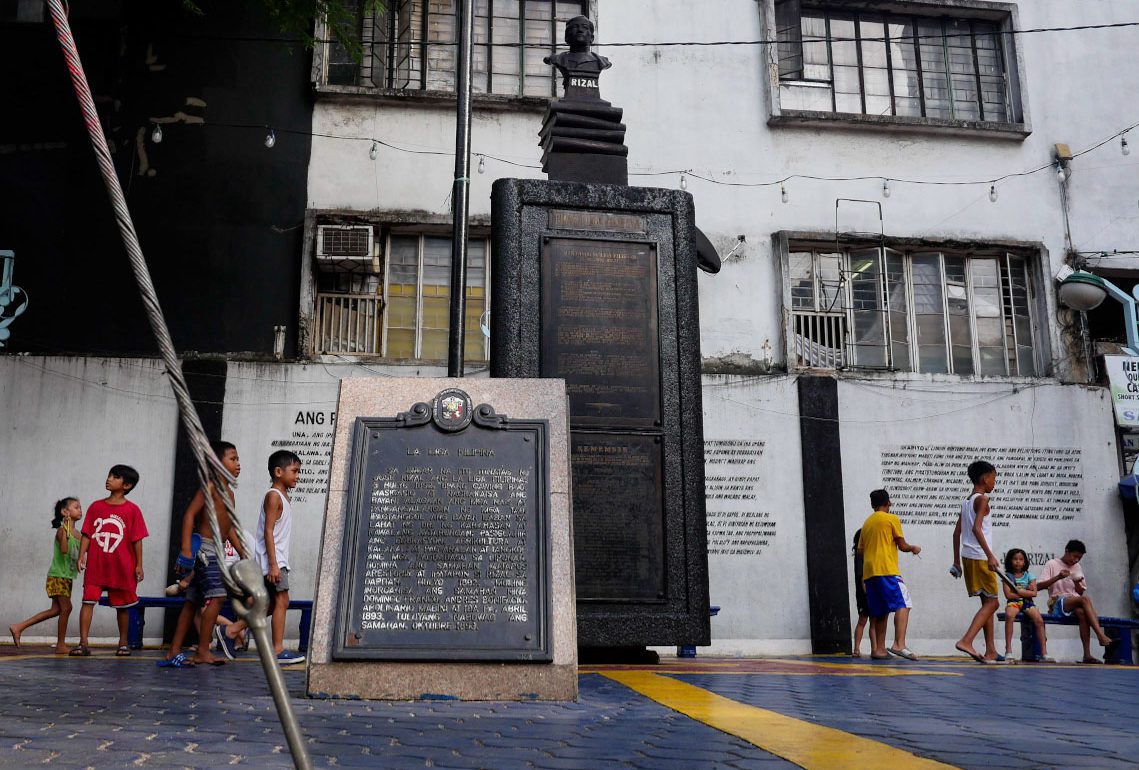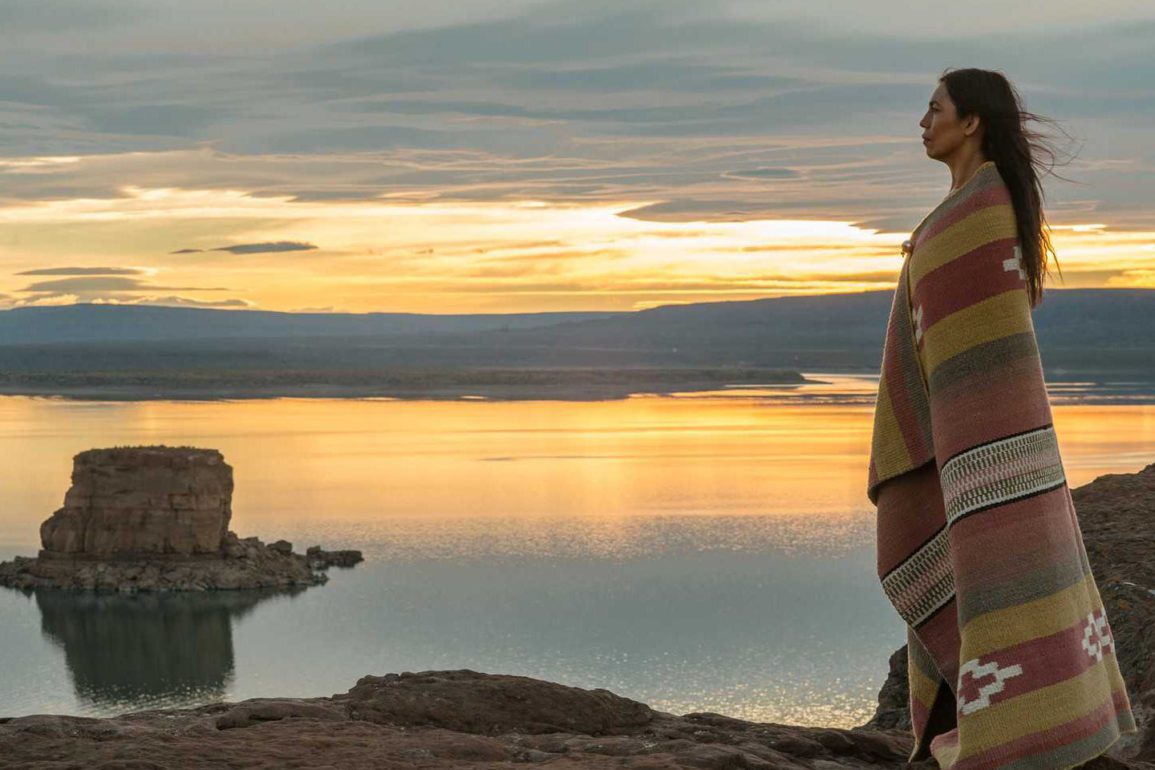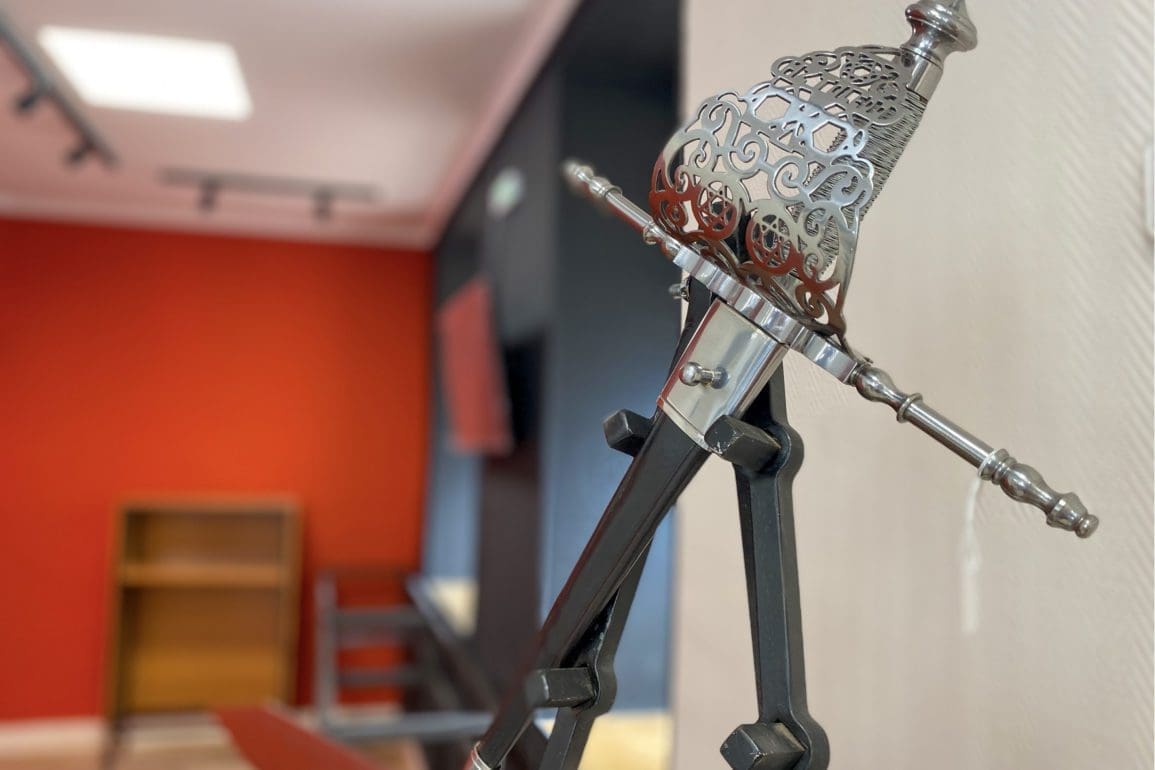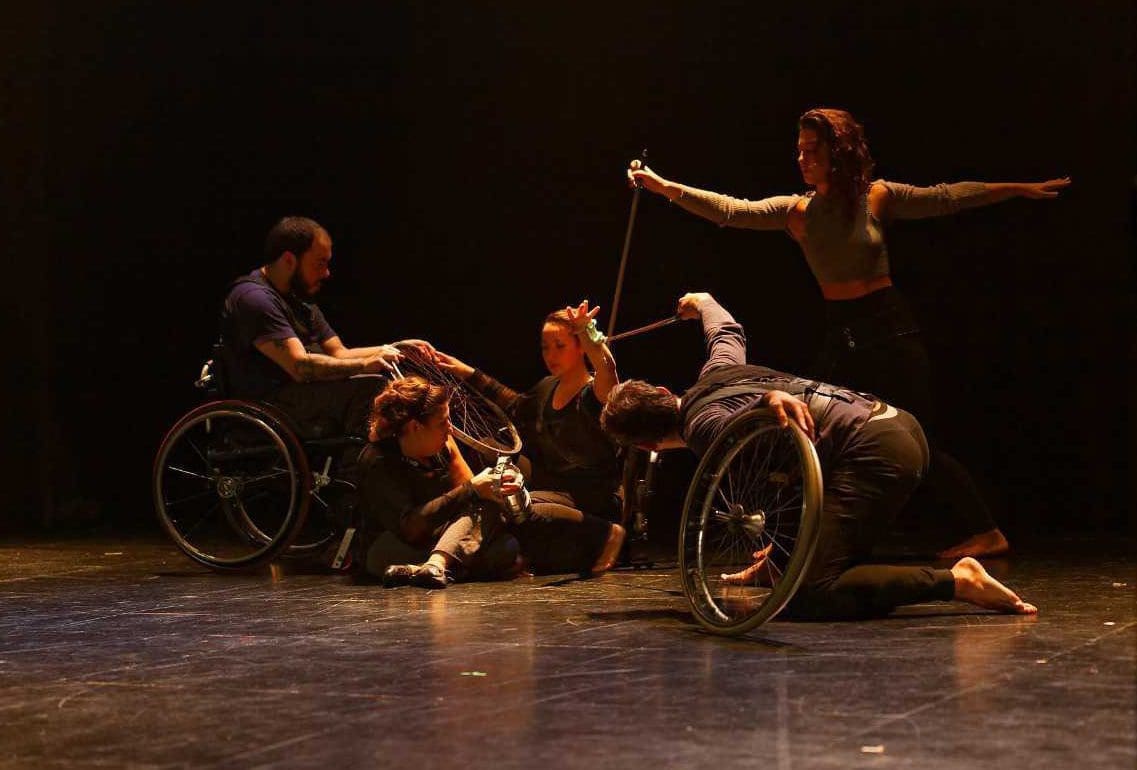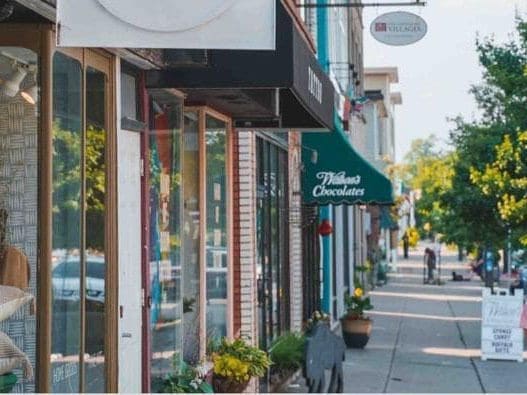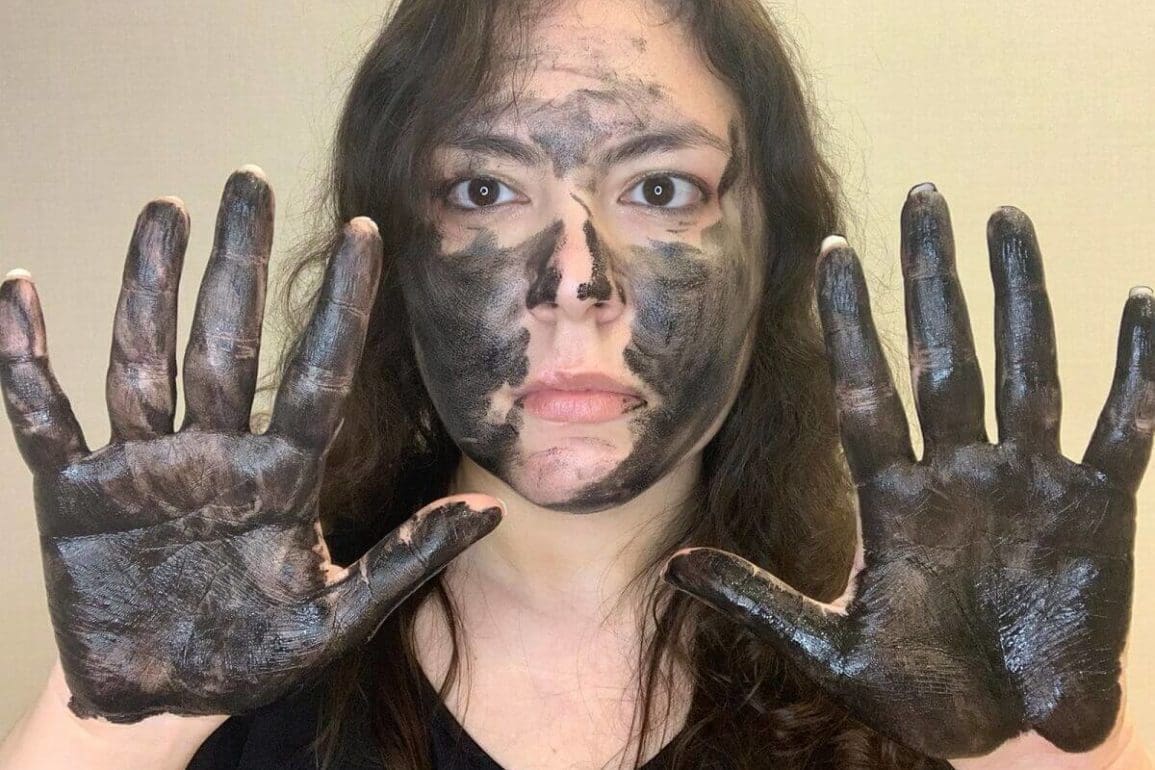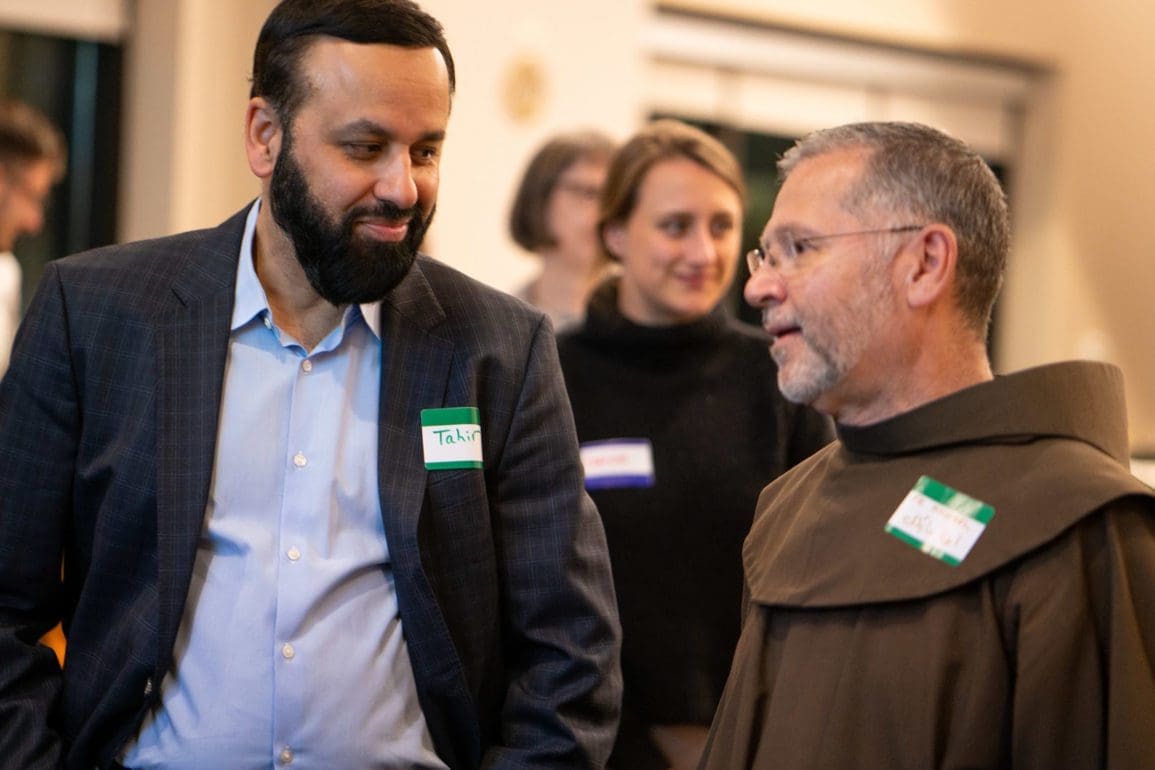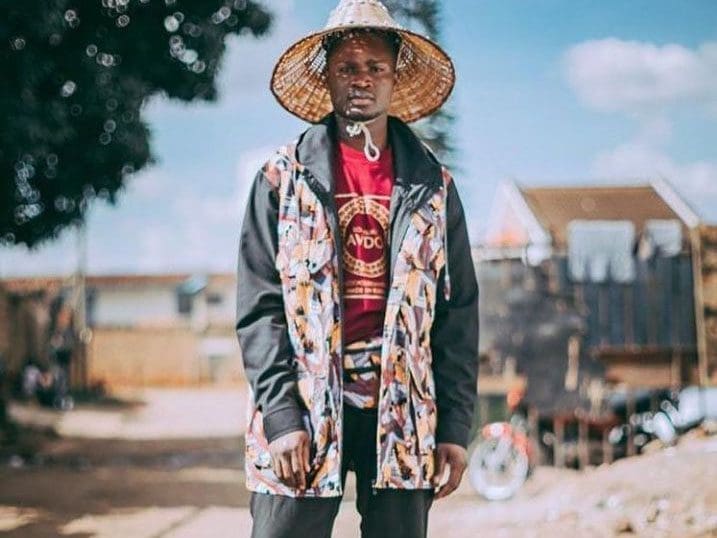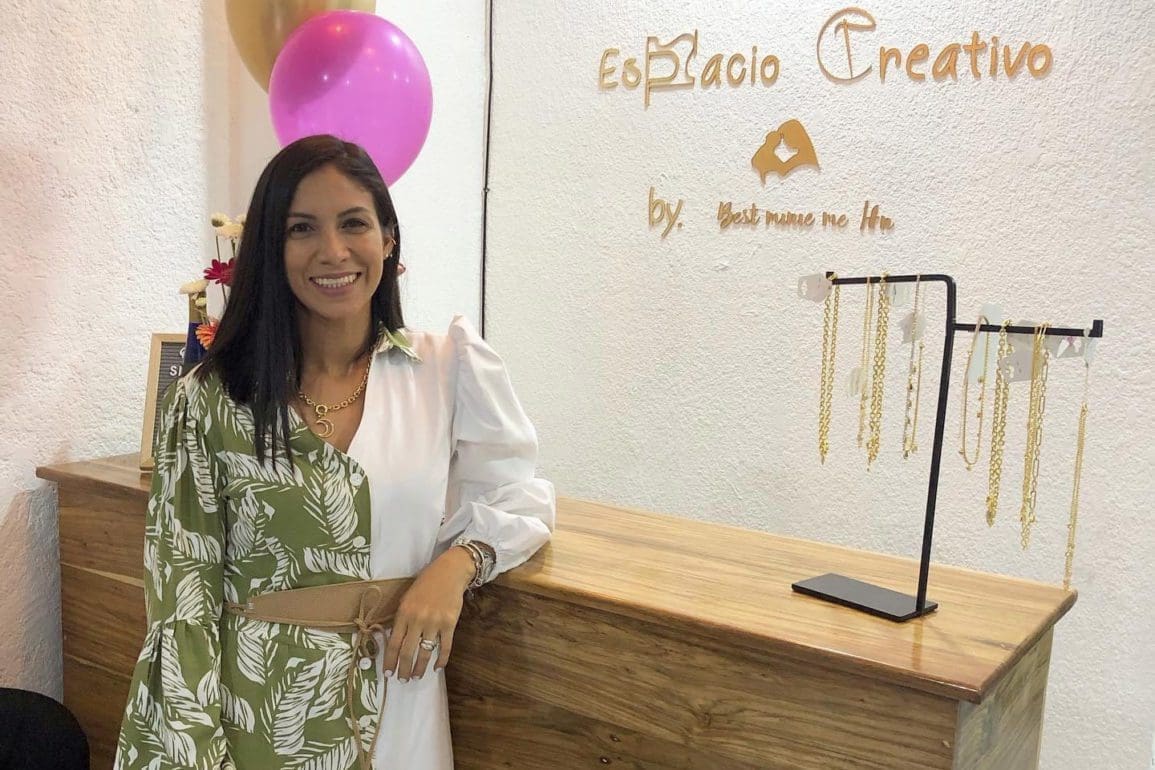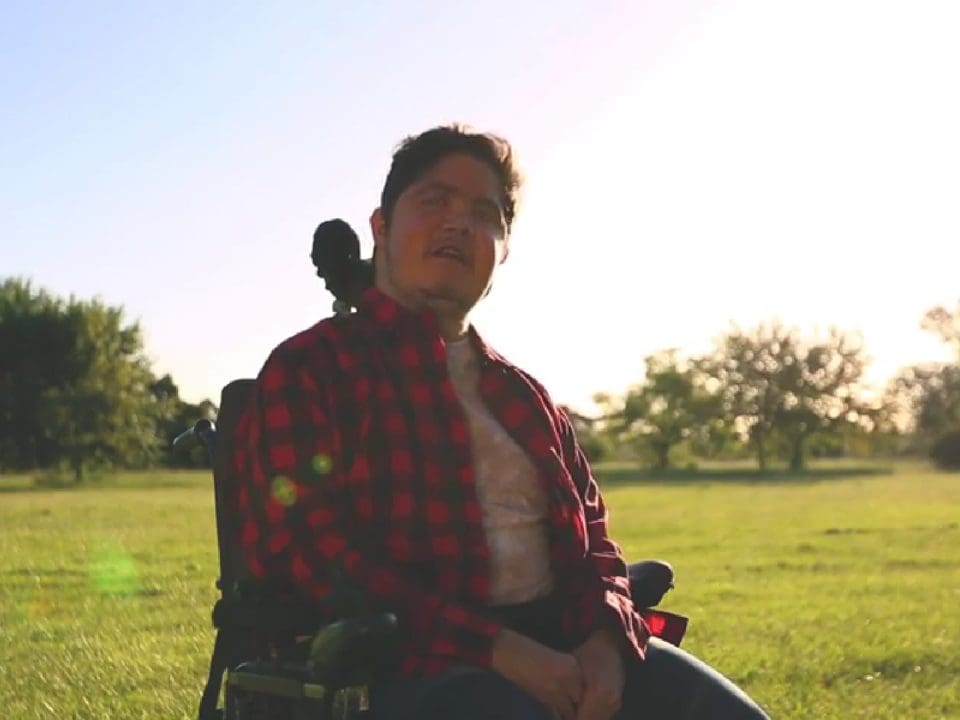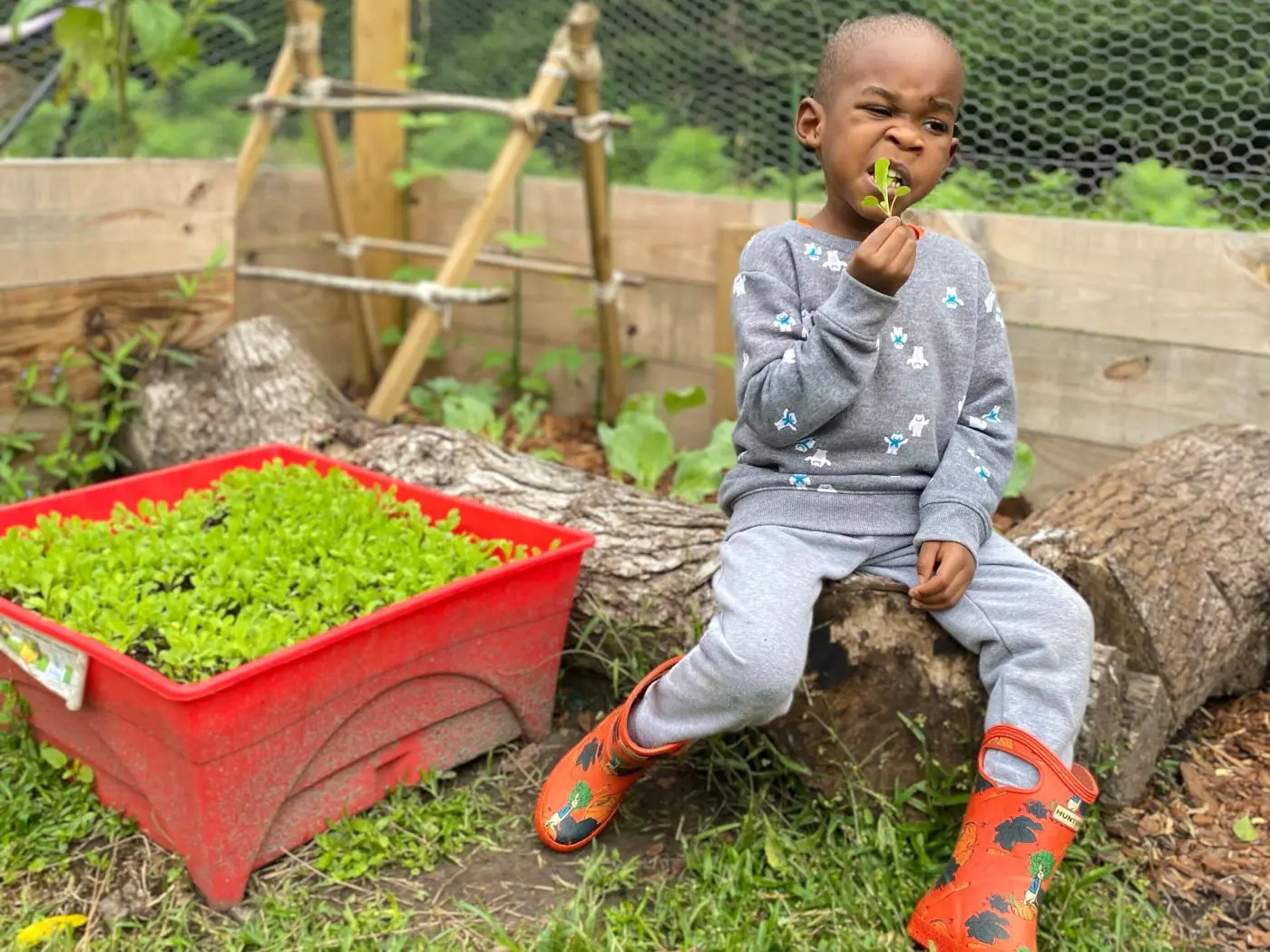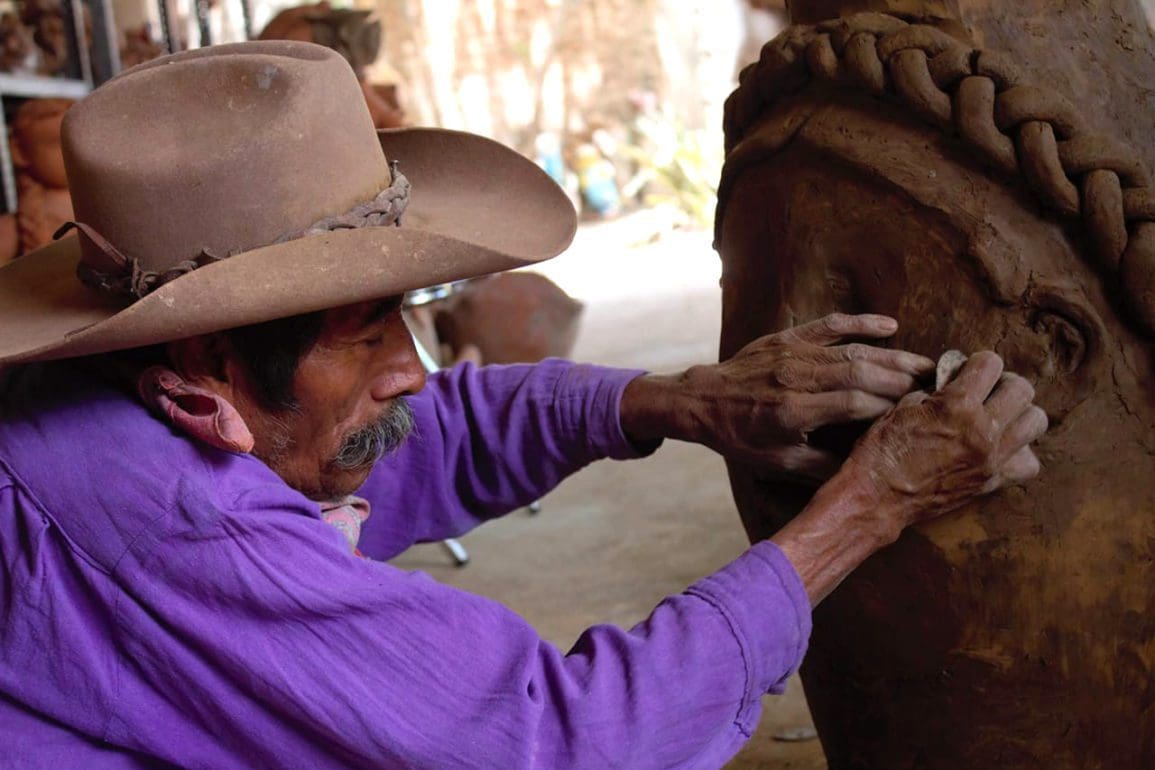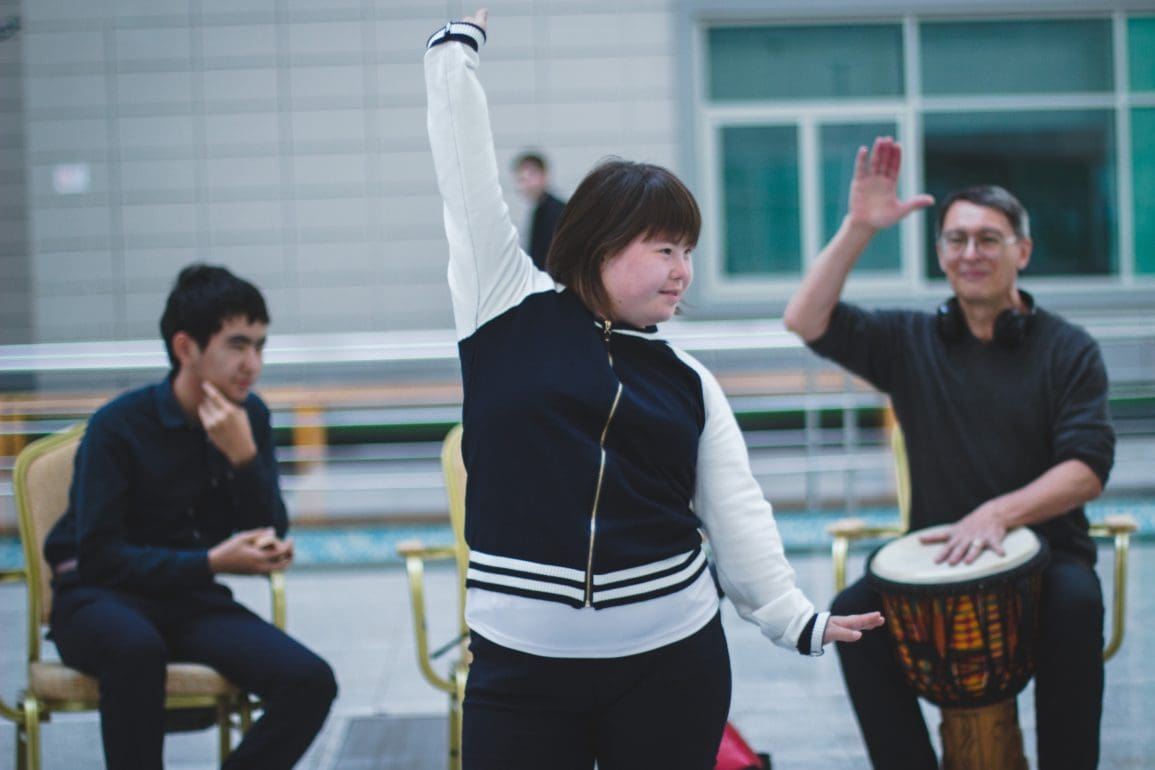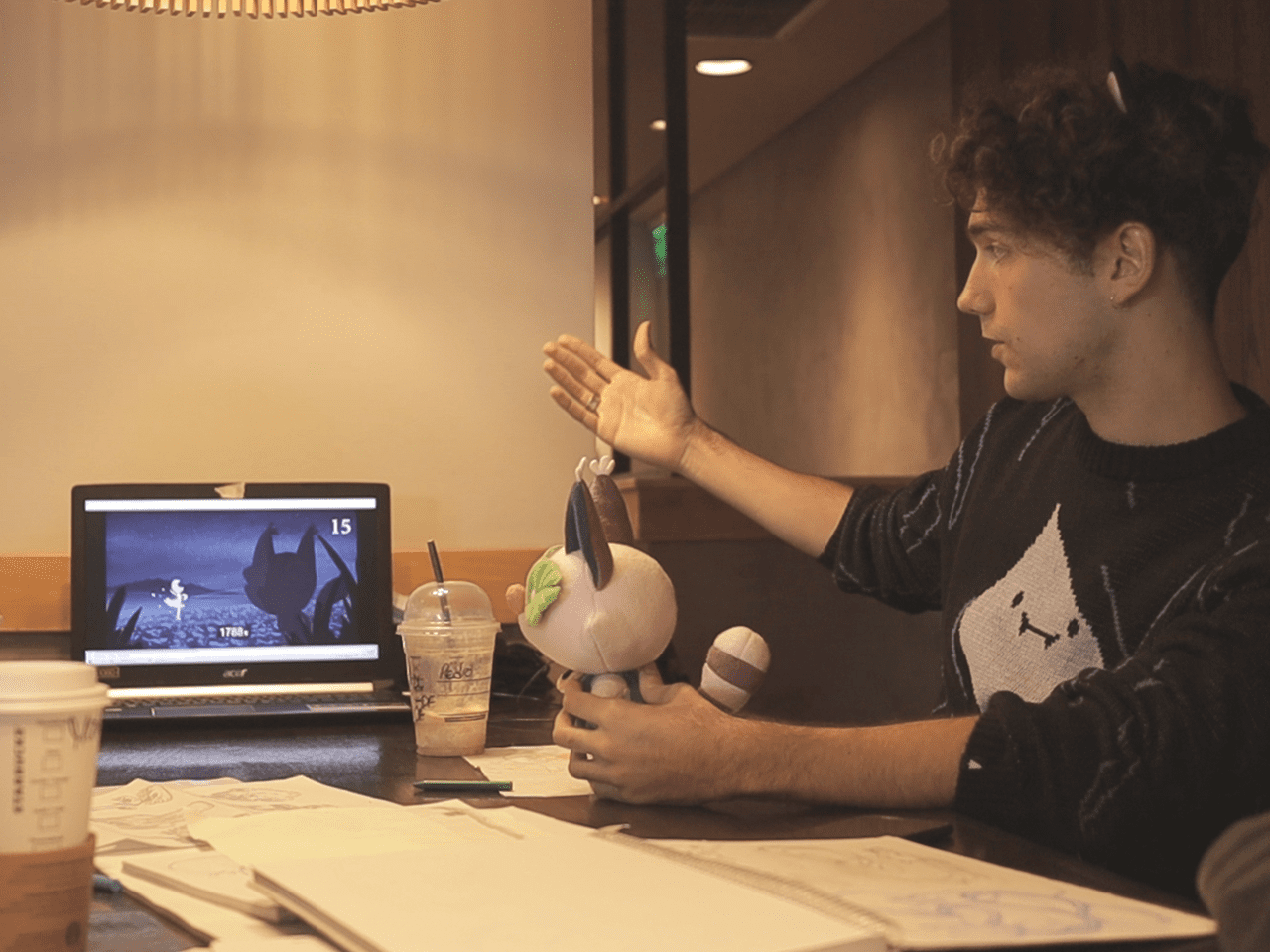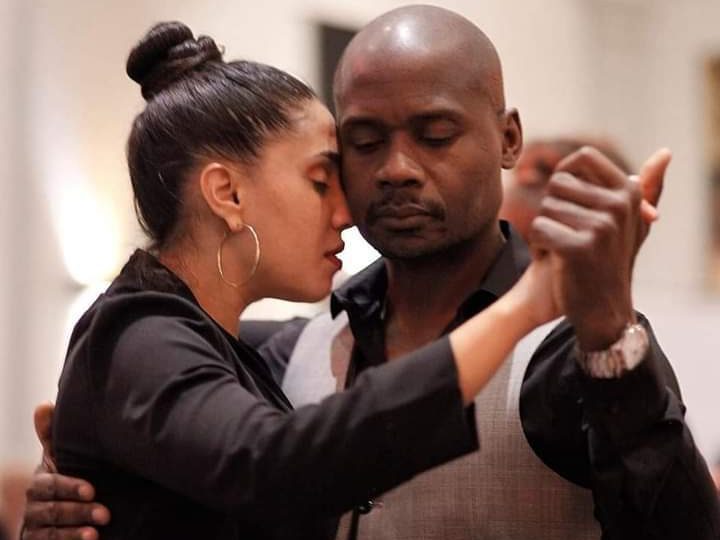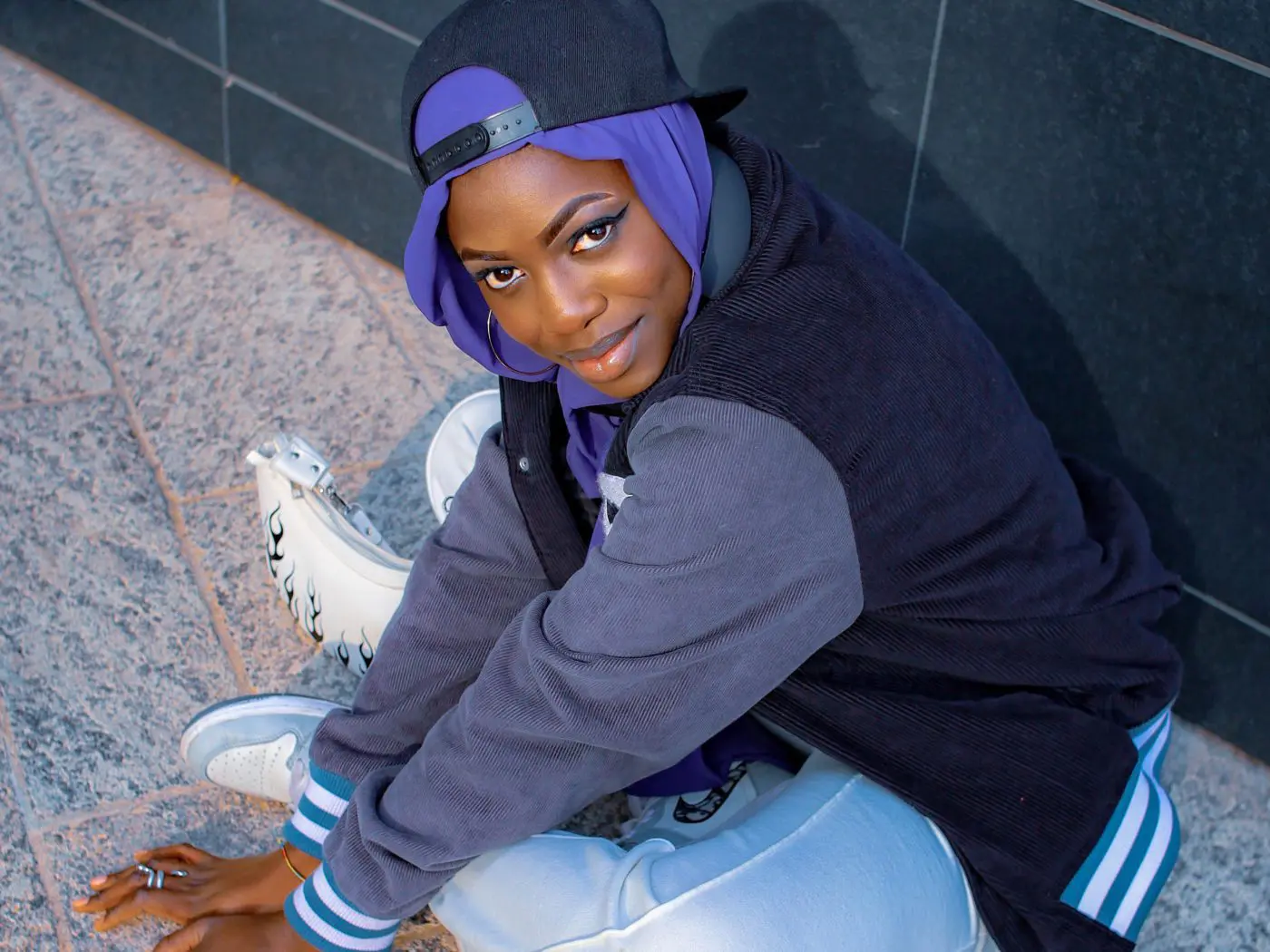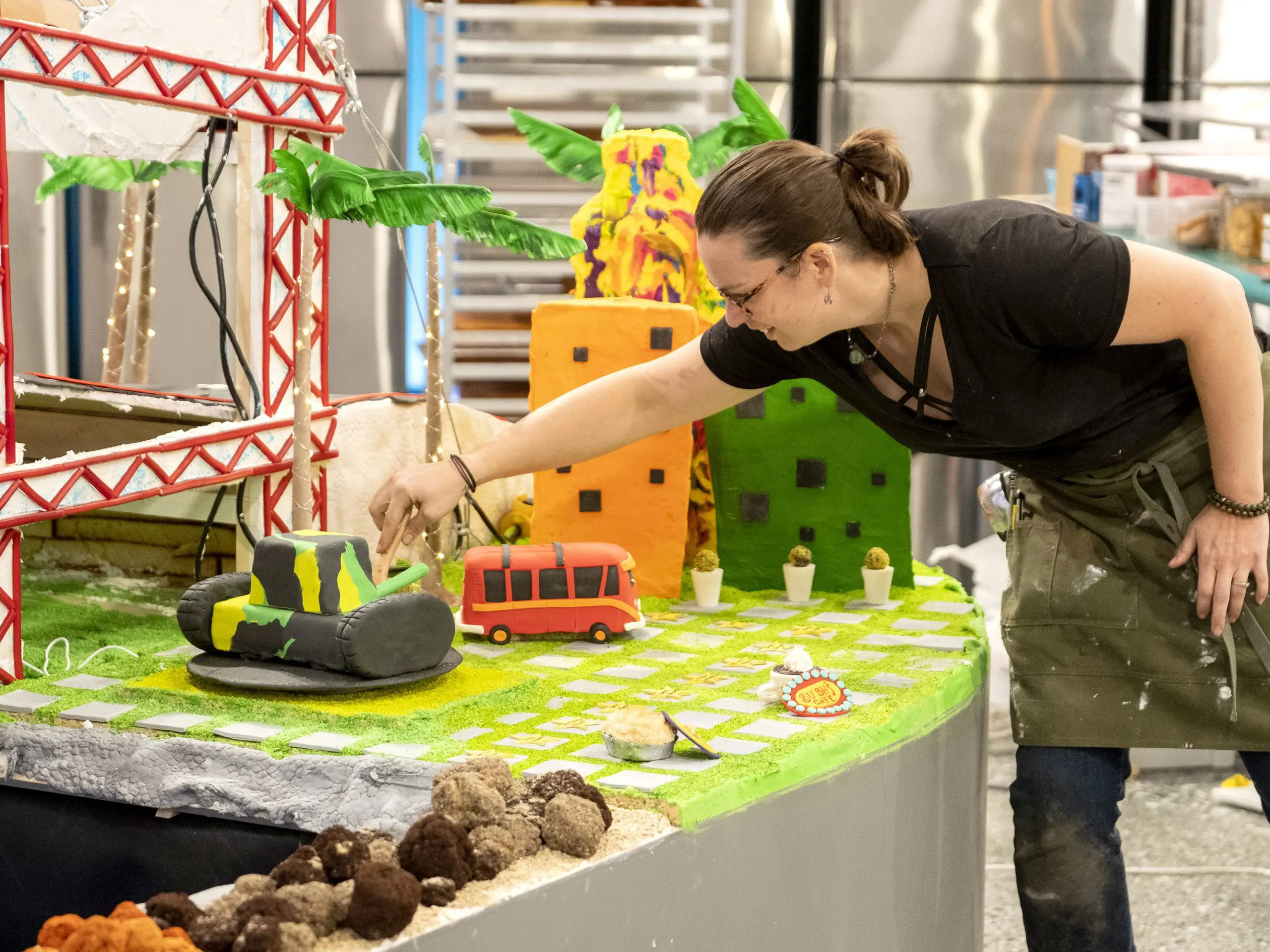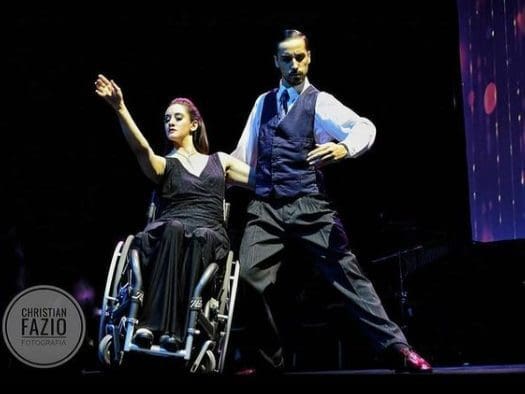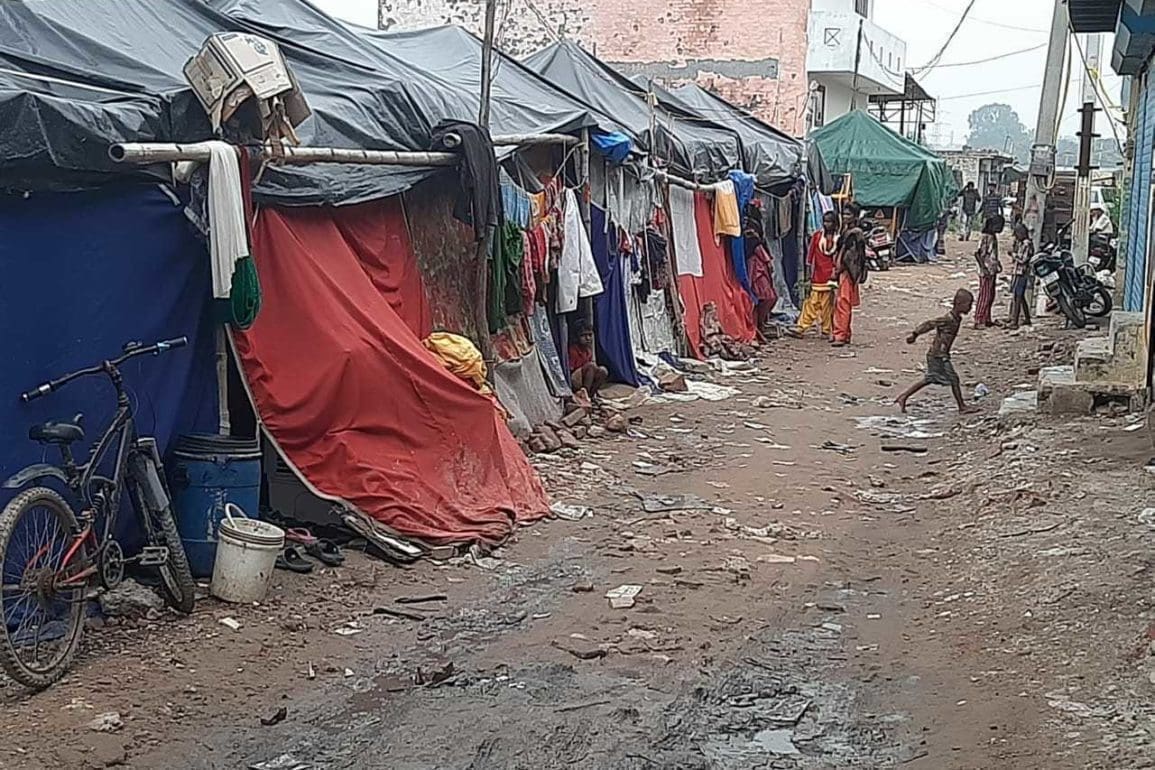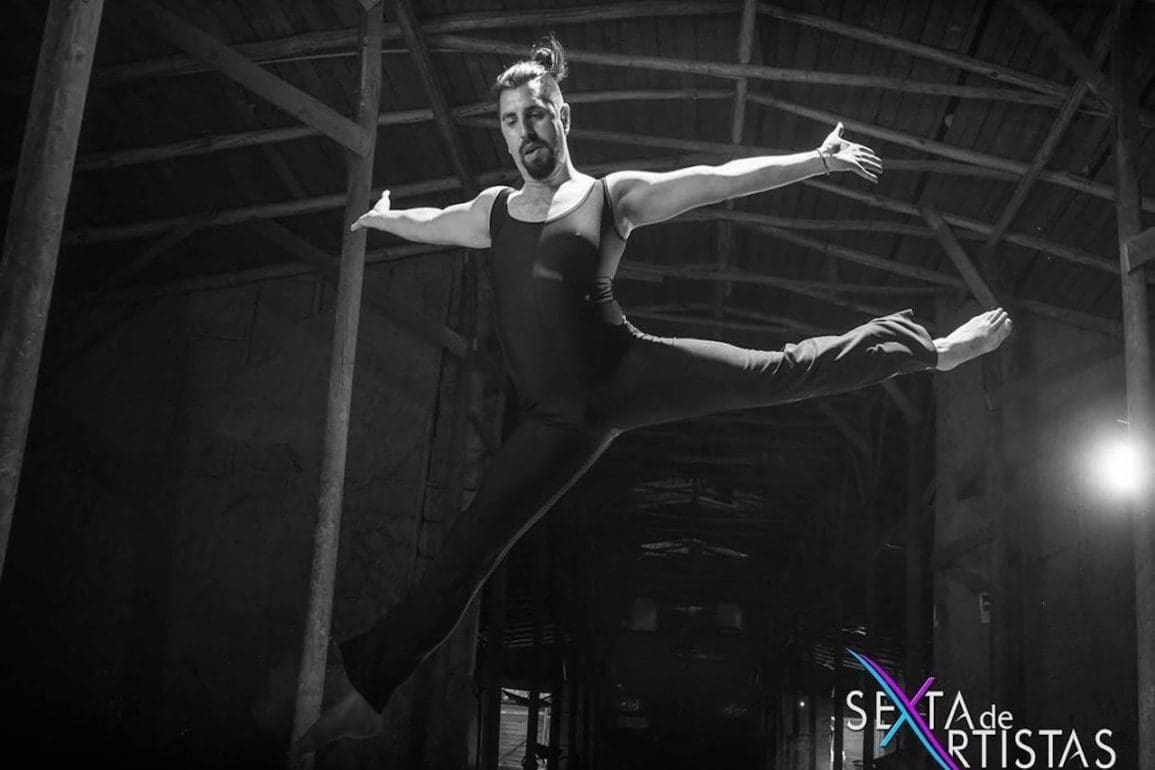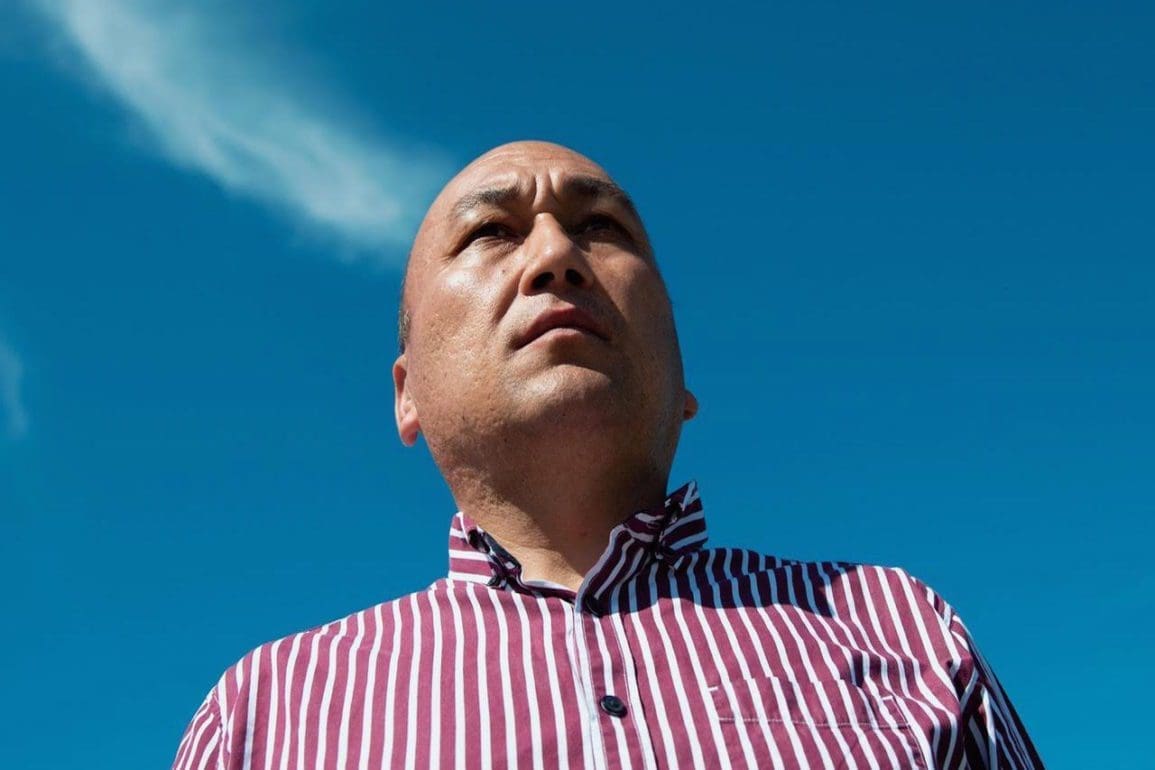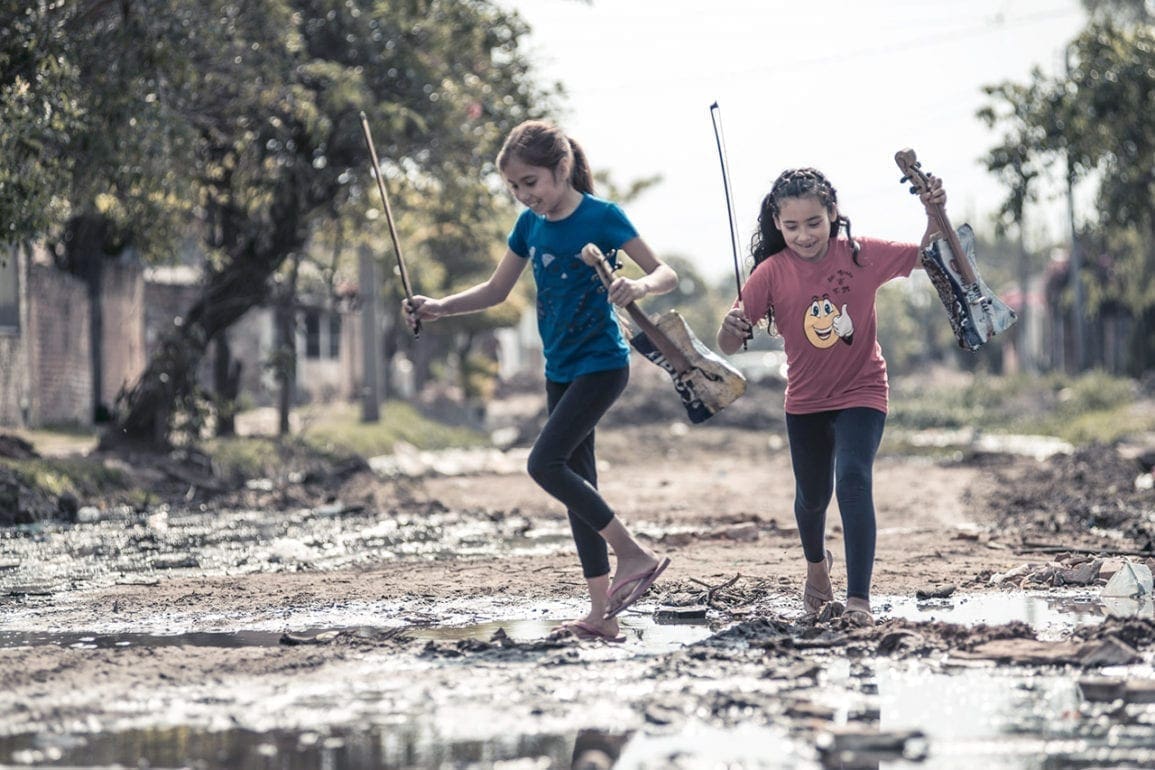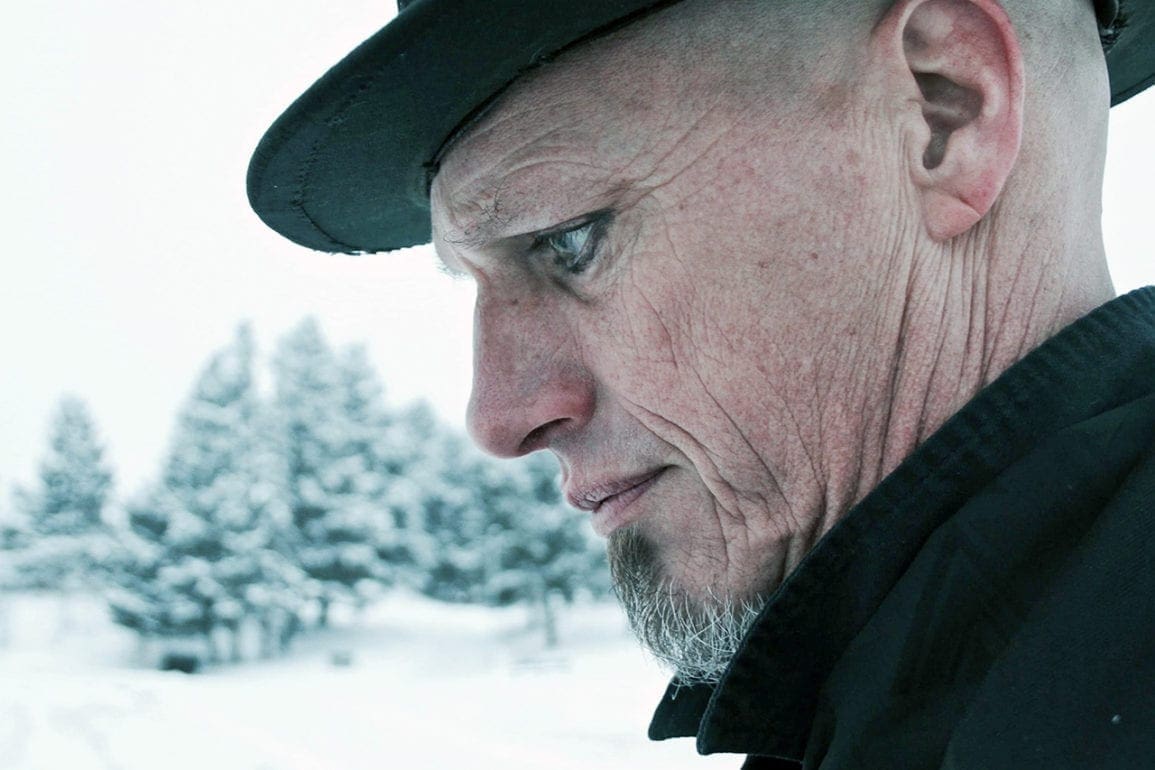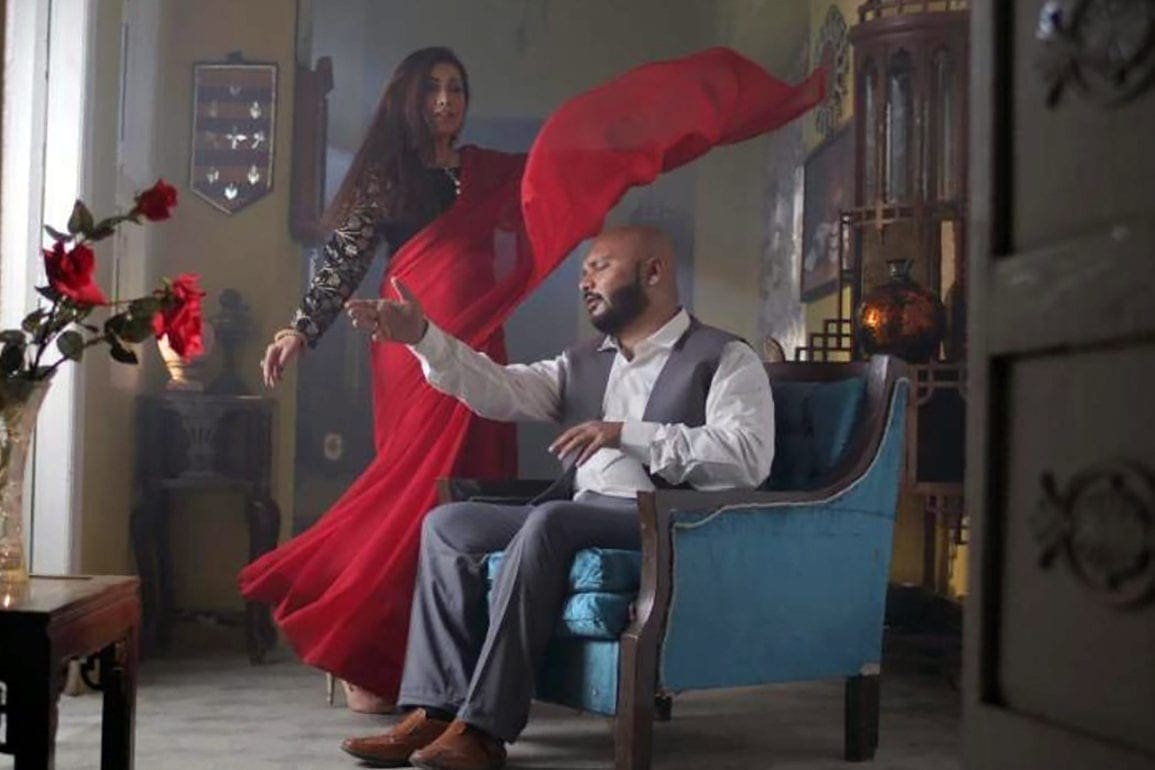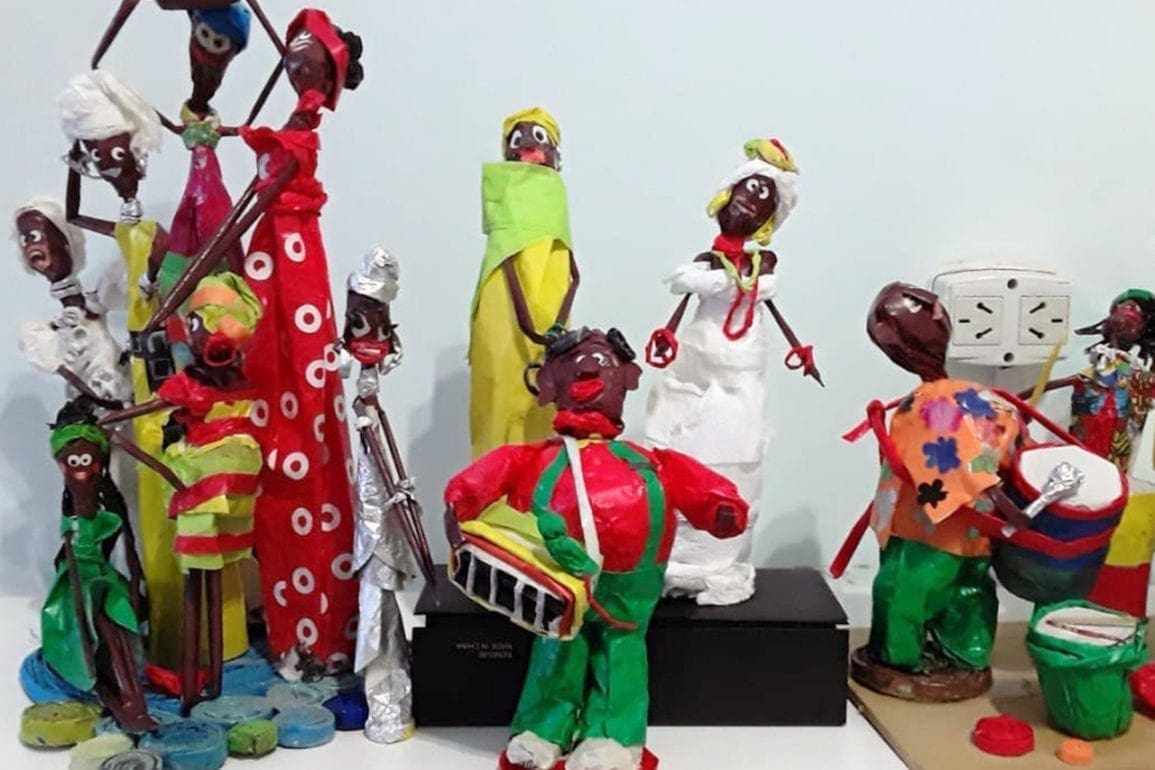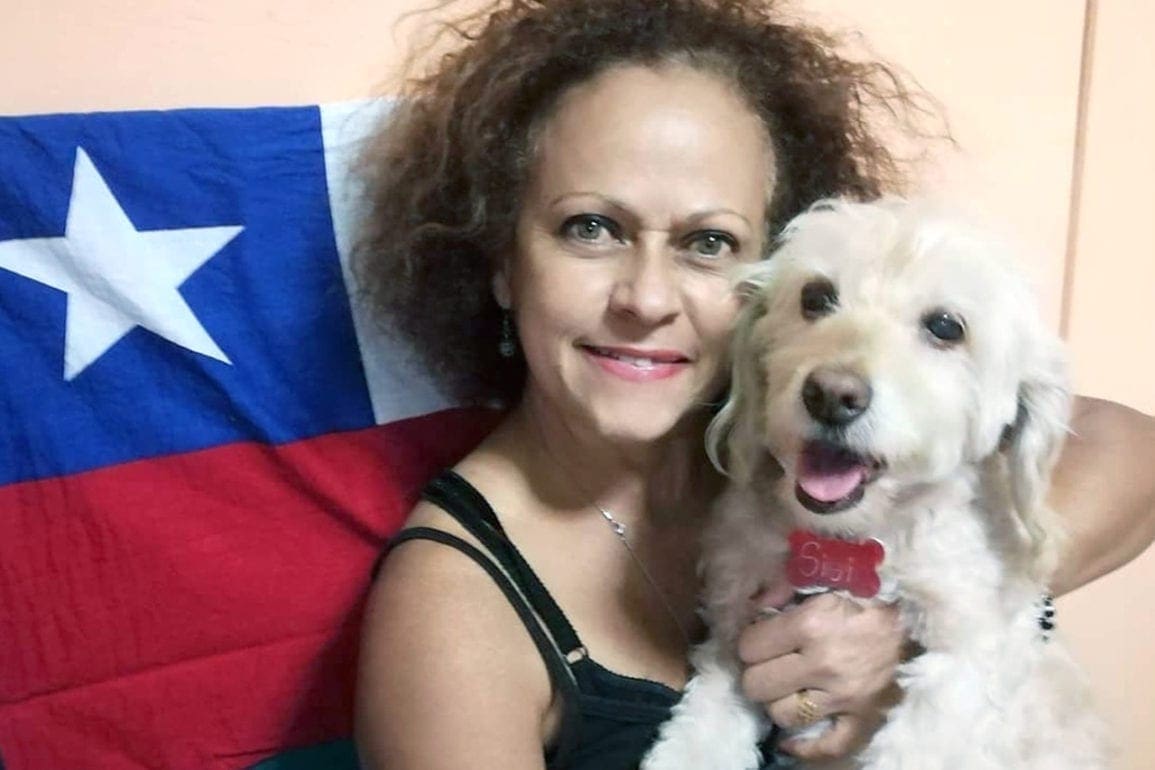Celebrated musician raises her voice for indigenous women
I do not allow fame to distract me, but rather remain involved in the social fight because I believe not enough has changed. I appreciate my achievements, but resistance does not end here. I have access now to spaces where other women struggle – women like my mother and grandmothers.
- 3 years ago
November 5, 2022
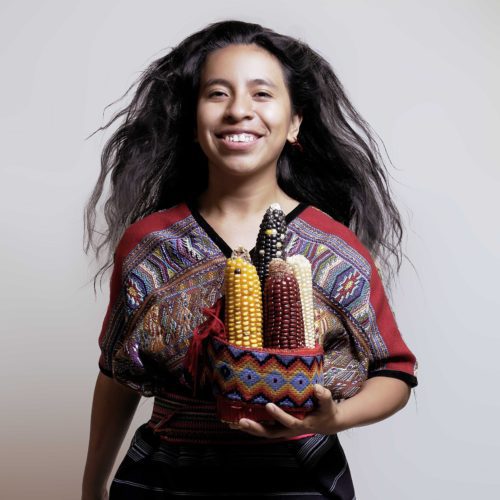
GUATEMALA CITY, Guatemala ꟷ As a person of Ladino or Mestizo origin [of mixed Spanish and indigenous descent], when I migrated to Guatemala City I faced racist attacks. I soon recognized the way racism scars people, and I felt compelled to talk about it. My experiences led me to write songs about inequality as an indigenous woman.
When I began this work, I experienced fear. Uncertain how people would react to a woman making music like this, I allowed the fear to drive me forward. Music serves as a beautiful tool to rediscover our roots. It allows us to bring attention to issues people avoid discussing; issues made invisible by the State or the government. Music provides emancipation; it becomes transcendental.
Singer faces aggression, makes music to improve the plight of her people
When I confronted the Guatemalan music industry as a singer in both Spanish and my native language, I saw a common scenario. Women consistently faced denial of spaces and our work often came into question. Men received more recognition and a higher value on their music, but the women in my country are becoming more aware of the manifestations of machismo. We recognize and bring attention to the spaces plagued by these attitudes.
In addition to sexism, I face racism and sexualization for being indigenous. People sometimes see me as a character to attract tourism. While I have faced denial of spaces, in some instances, I overcame these prejudices. Receiving invitations to music festivals throughout Europe became one way I defied the reactions of those who previously closed the door on me. They never imagined I could achieve this level of success.

Read another story like this one: Meet Pat Boy, a rapper using music to rescue the Mayan language.
I do not allow fame to distract me, but rather remain involved in the social fight because I believe not enough has changed. While I appreciate my achievements, resistance does not end here. I have access now to spaces where other women struggle – women like my mother and grandmothers.
My success does not mean we solved the problem. I remain sensitive to other people and communities. As I see the scourge continue – which denies the rights of women and indigenous people – I push on to raise my voice.
By taking a stand and putting these thoughts into music, I see reactions of discomfort on faces around me. Confronted by strong aggression, I take caution but face those aggressors with dignity. I will continue to walk beside those who struggle – to name the problem – so we can achieve a higher standing in Guatemala.
Whether teaching children or performing with celebrities, her passion is for the people
Music has the power to advance movements and generate tenderness. When I started my career, I served as a music teacher in San Juan Comalapa in the district of Chimaltenango. I spent two years teaching and it connected me back to my own childhood.
Whether teaching excited children in music class or sharing the stage with famous musicians like Lila Downs and Vivir Quintanilla – I feel the same force and emotion inside me. That emotion grows my passion for making music that can lead to change.
This amazing career has allowed me to venture into various genres and share the stage with a variety of Guatemalan artists. While I do not prefer a single type of music, I care most about compositions that remain rooted in the community. After performing with Guatemalan rapper Rebeca Lane, I have begun to incorporate some rap and hip hop in my music.

